New or Contemporary web applications rely on APIs (Application Programming Interfaces). It provides communication between various software components and data interchange. However, as APIs are in use more frequently, the chance of security flaws increases. Attackers can use this chance to steal private data, disrupt the system’s operation, or get unauthorized access. To mitigate these risks, it is essential to utilize API Security Testing Tools, which help identify and address potential vulnerabilities in the API infrastructure.
Therefore, API security testing is important in this situation. Organizations can protect their vital data and infrastructure by using API security testing. It can detect and fix the problem in the system.
Henceforth, in the blog, we will understand API security, its importance, ten must-know security testing tools, features to consider, and how to choose the best tools.
What is API Security?
API security is the process of eliminating or minimizing attacks on APIs. APIs serve as a backend architecture for mobile and online apps. As a result, it is vital to safeguard the sensitive data they transmit using API Security Testing Tools.
An API is an interface that specifies the means of interaction between various pieces of software. It regulates the sorts of requests between applications, the methods by which they are made, and the kinds of data formats employed. Therefore, APIs are utilized on websites and in Internet of Things (IoT) applications. They frequently collect and handle data or let users input data managed within the API environment.
For example, a banking app that connects to its server via an API. The app requires OAuth token authentication from users to secure this API. Furthermore, HTTPS encryption protects data transferred through the API against unauthorized access and data breaches during communication. Organizations frequently carry out API audits to find and address any potential vulnerabilities.
Importance of API Security Testing Tools
API security testing tools play an important role in protecting APIs. Furthermore, these tools locate and secure security flaws before an unauthorized person can take advantage of them. Moreover, it is done by automating several security checks.
1. Protection of Sensitive Data
APIs are majorly used to process passwords, login credentials, and financial and other private information that should not be shared with others. Therefore, strong API security tools can prevent unauthorized data access and help ensure that the information is preserved against breaches.
2. Eliminates Unauthorized Access
APIs act as a bridge between internal applications and the external world. Hence, strong API security makes sure that the systems are inaccessible to unauthorized users and apps, preventing any disruption or manipulation.
3. Decreases Security Risk
Security risk can be decreased by using API security testing tools. It helps developers identify vulnerable sections and rework the system or application before hackers can take advantage of them. Therefore, decreasing the vulnerable surface while strengthening system security is significantly improved by eliminating the fringe cases.
4. Building Trust and Compliance
Businesses must make sure that the data saved in their API is secure while designing. It can give their partners and customers faith in it. Additionally, the company can manage regulatory compliance with data protection laws through API security testing.
Top 10 API Security Testing Tools
Here are the top ten API Security Testing Tools one must know in 2024:
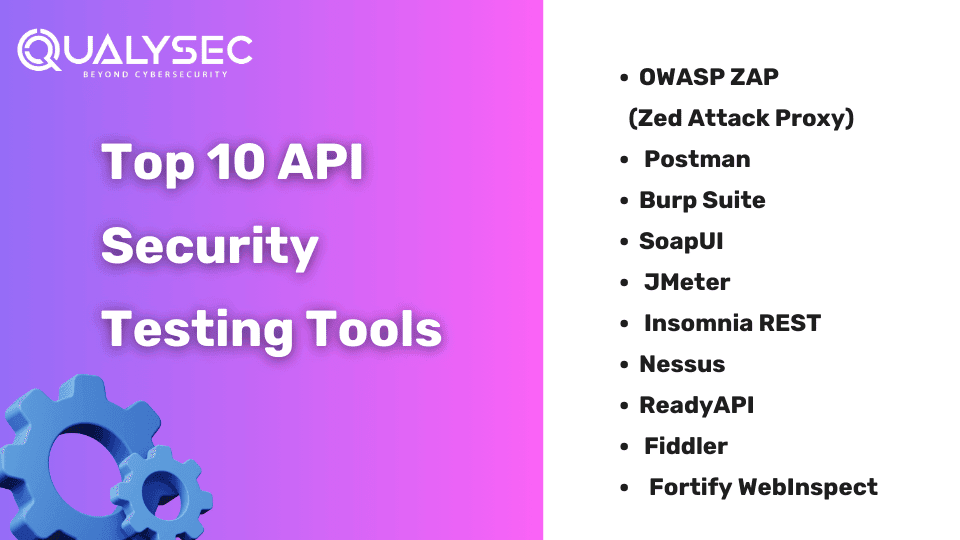
1. OWASP ZAP (Zed Attack Proxy)
The tool is an open-source web application security scanner. It is widely used for API testing. OWASP ZAP can identify vulnerabilities in APIs using manual and automated testing. Additionally, it is the best tool for experienced and beginner security experts because of its user-friendly extensive documentation.
Keys Features:
- Automated script-based scanning
- Active and Passive scanning
- Integration with CD/CI pipelines
- Comprehensive reporting
2. Postman
Postman is a well-known API development environment. It offers excellent testing features. It permits its users to create, share, and automate API tests. Furthermore, the tool is widely known for its versatility in API security testing.
Key Features:
- Automated Testing with Newman
- Integration with CI/CD
- Detailed Test Report
- Collaboration Features for Team Testing
3. Burp Suite
Burp Suite provides advanced features for API security testing. It is a comprehensive web and API vulnerability scanner. Additionally, it is commonly used for penetration testing by security professionals.
Key Features:
- Intruder for Automated Fuzzing
- Repeater for Manual Testing
- Extensible for Bapp Store Plugin
- Detailed Analysis and Reporting
4. SoapUI
SoapUI is an effective tool for testing Soap and Rest APIs. Additionally, it offers a wide range of capabilities, such as security, functionality, and load testing.
Key Features:
- Automated Security Scans
- Comprehensive Reporting
- Support REST, SOAP, and GraphQL
- Integration with CI/CD Tools
5. JMeter
An open-source tool for performance testing called Apache JMeter also has functionality for assessing the security of APIs. JMeter is a flexible tool frequently used for API performance and security testing.
Key Features:
- Support for REST and SOAP APIs
- Scriptable with Groovy and JavaScript
- Integration with CI/CD Tools
- Extensive Reporting and Analysis
6. Insomnia REST
A complete set of functionalities for developing, debugging, and testing APIs can be found in the open-source API security testing tools called Insomnia. Additionally, Insomnia is an excellent option for API security testing because of its strong testing features and ease of use.
Key Features:
- Automated Security Testing
- Support for REST, GraphQL, and SOAP
- Environment Variable for Testing Different Configuration
- Detailed Testing Report
7. Nessus
A popular vulnerability scanner with capabilities for checking API security is called Nessus. It assists in locating API configuration problems and vulnerabilities. Furthermore, Nessus is a helpful tool for API security testing because of its large vulnerability database and strong scanning capabilities.
Key Features:
- Comprehensive Vulnerable Scan
- Detailed Reporting and Analysis
- Automated Scanning and Alerts
- Integration with Various Security Tools
8. ReadyAPI
SmartBear’s ReadyAPI is an API testing toolkit that includes functional, security, and performance testing. With ample capabilities to guarantee API security, ReadyAPI is made for extensive API testing.
Key Features:
- Automated Security Testing
- Detailed Report and Analysis
- Support for SOAP, REST, and GraphQL
- Integration with CI/CD Pipelines
9. Fiddler
Fiddler is an API testing packed with capabilities for web debugging proxy. Users can review and edit requests made to APIs as well as their answers. Moreover, developers and security experts who thoroughly examine and troubleshoot API traffic find Fiddler to be very helpful.
Key Features:
- Inspect and Debug API Traffic
- Automated Testing Scripts
- Detailed Traffic Analysis
- Support for Various Protocols
10. Fortify WebInspect
Fortify WebInspect is the best application security testing tool. Additionally, it is a well-liked tool for API security testing because of its extensive reporting features and strong scanning capabilities.
Key Features:
- Automated Vulnerability Scanning
- Detailed Reporting and Analysis
- Integration with CI/CD Pipelines
- Support for SOAP and REST APIs
What Features Should You Look for in Your API Security Testing Tool?
Some of the features one should look into API security testing tools are:
1. Broad Vulnerability Coverage
The tool should be able to detect various types of threats, such as widespread threats like SQL injection and XSS—furthermore, the more specific threats associated with API exploitation, such as broken authentication/authorization.
2. Support for Multiple Protocols
Different protocols, like REST, SOAP, and GraphQL, can also be used to build APIs. Additionally, the tool needs to manage the procedures accordingly to support testing.
3. Detailed Reporting
The tool should be able to produce a report that is easy to read and understand. Further, it should clearly outline the system’s vulnerabilities, their risk level, and the required fix. Additionally, it lets programmers rank and fix issues that are critical to the program’s smooth operation.
You have the opportunity to examine a sample report’s whole structure. Click to download the sample now!
Latest Penetration Testing Report

4. CI/CD Integration
When developing your program, you might wish to choose a tool that works well with your CI/CD workflow. By doing this, security testing is incorporated into the development life cycle, and possible vulnerabilities are identified in the beginning.
5. Scalability and Performance
Regardless of the number of endpoints, the tool must be able to manage the size of the ecosystem. Without impacting the performance of the APIs under tests, the tool must be able to conduct the tests smoothly. Therefore, scalability makes sure that the tool can grow with the API landscape.
How to Choose the Best API Security Testing Tools for Your Needs
To choose the best API security testing tools, the following points need to be taken into consideration:
1. Recognize your needs
Establish your preferred automation settings, budget, and APIs (GraphQL, REST, etc.). Therefore, seek resources that tackle your specific security concerns, such as the OWASP top 10 vulnerabilities.
2. Ensure Integration with CI/CD Pipeline
Integrate testing with the pipeline because developers constantly update APIs. Always choose a tool that works well with your CI/CD pipeline, making installation simple throughout development.
3. Prioritize Coverage
Ensure the tool focuses on a broad range of serious vulnerabilities, such as broken authentication and injection. Don’t spend money on tools that merely offer protection against common or well-known threats.
4. Ease of Use Matters
An interface’s usability and documentation should be as basic as possible to enable efficient test runs. Find out whether the tool has a demo or trial version so you can demonstrate the software to your team.
Conclusion
In contemporary times, when applications and businesses rely on APIs, safeguarding them has become essential. API security testing involves developers using some tools to find common vulnerabilities and prevent them from being exploited. Hence, the API security testing tools listed and described in this blog post offer a variety of features and options that are useful to different individual’s requirements.
Therefore, to create a safer and more secure digital environment, it is necessary to protect apps, data, and users from these dangers and incorporate strong API security testing into the development process.
To get the best vulnerability assessment and penetration testing for APIs, online applications, mobile apps, cloud, IoT devices, source code review, and AI/ML penetration testing. Contact us immediately through the link below!
Talk to our Cybersecurity Expert to discuss your specific needs and how we can help your business.
FAQs
1. What are the types of API security?
A. The types of API Security are:
- Authentication
- Authorization
- Encryption
- API Gateway
2. Why do you need API security?
A. API security protects sensitive data, preserves privacy, prevents unauthorized access, and reduces the likelihood of attacks such as DDoS, injection, and data theft. Additionally, it maintains system integrity, user trust, and regulatory compliance.
3. How to secure an API?
A. To secure an API, establish strong authentication and permission (e.g., OAuth), encrypt data with TLS/SSL, validate inputs, use rate limiting, monitor and report API activities, and frequently update and patch vulnerabilities.





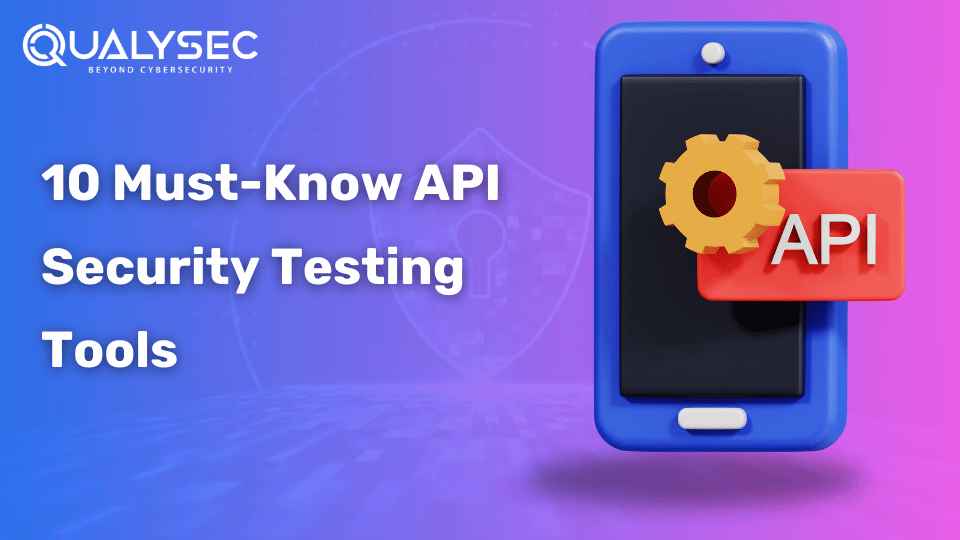




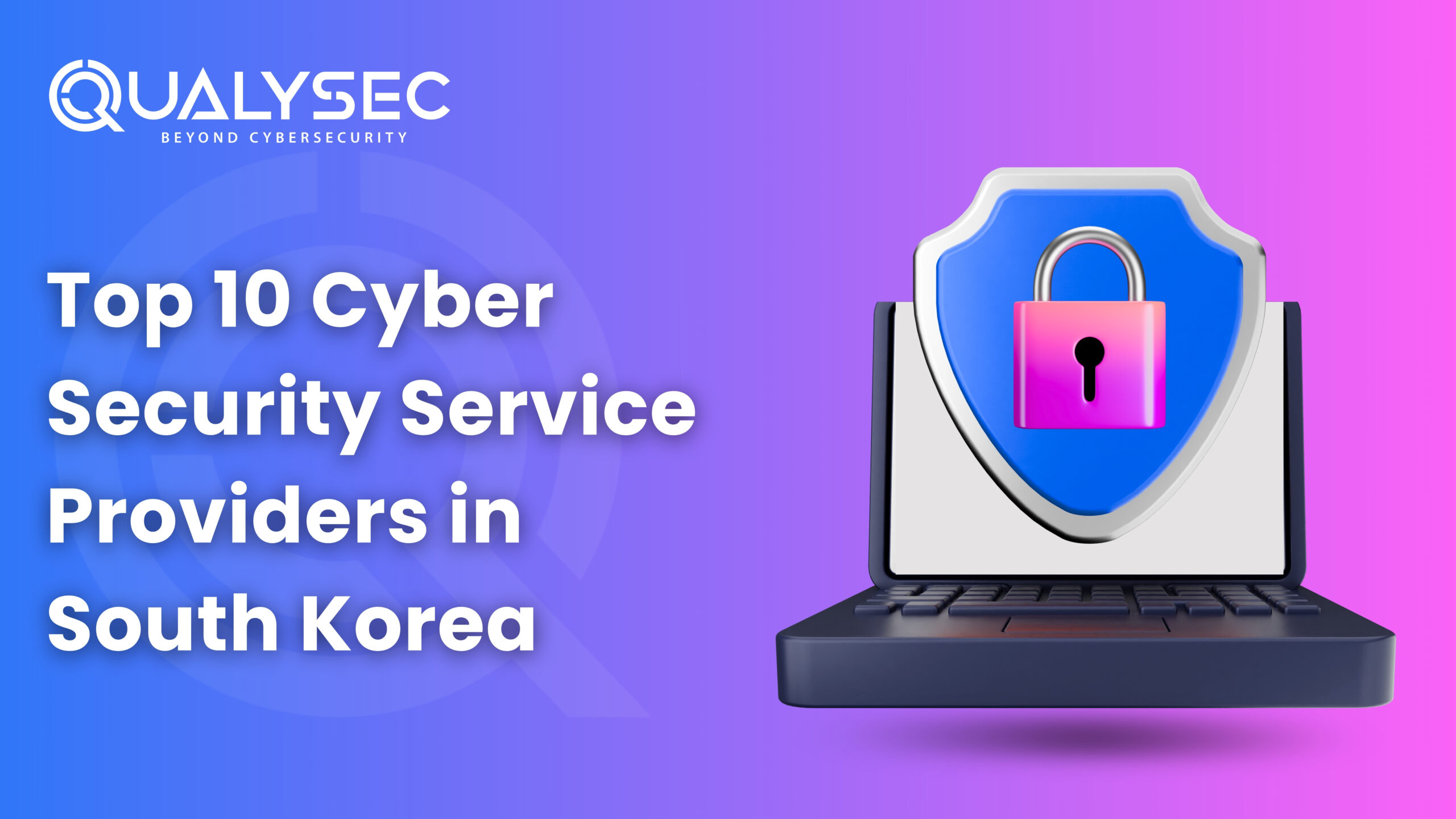

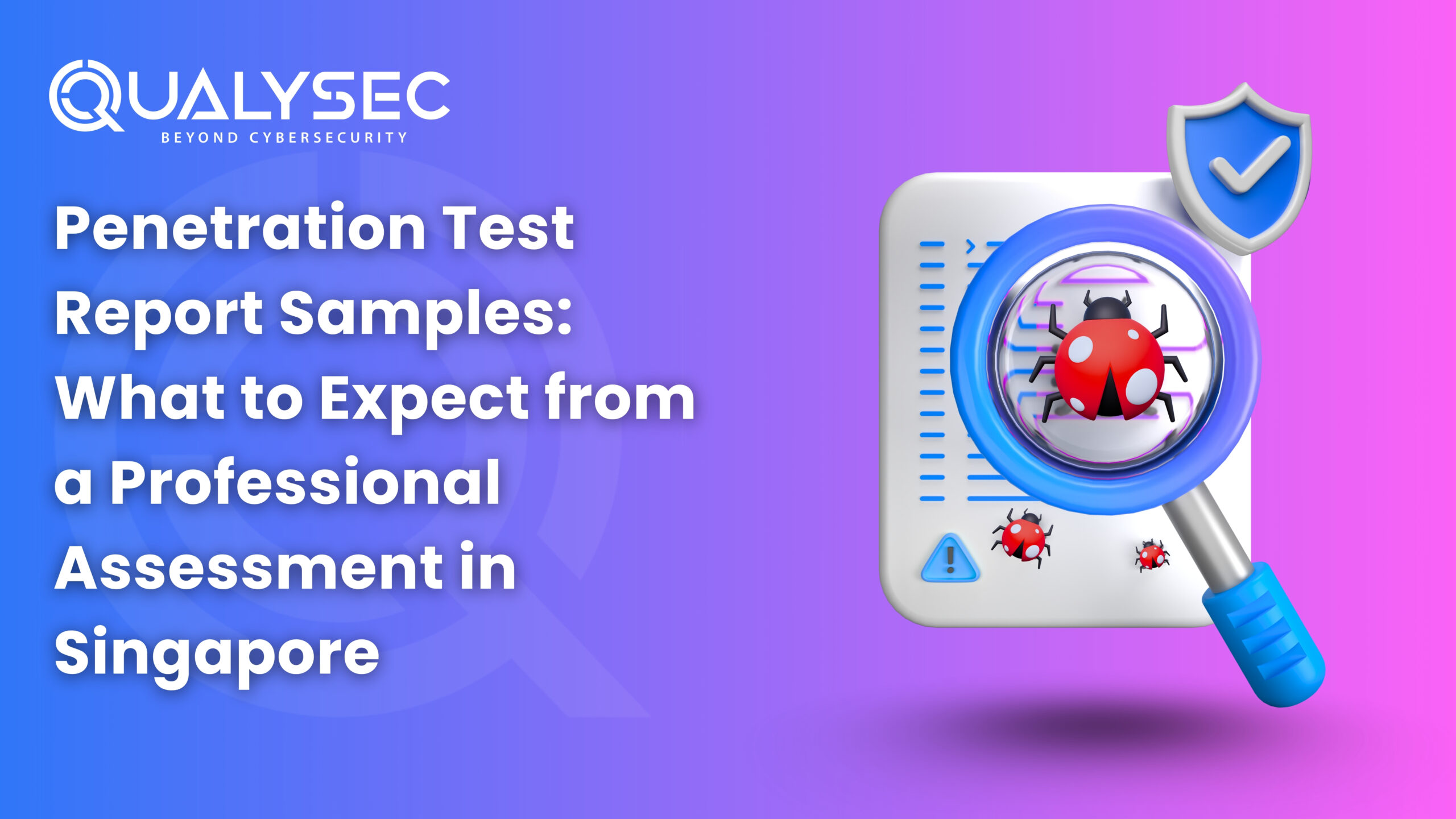
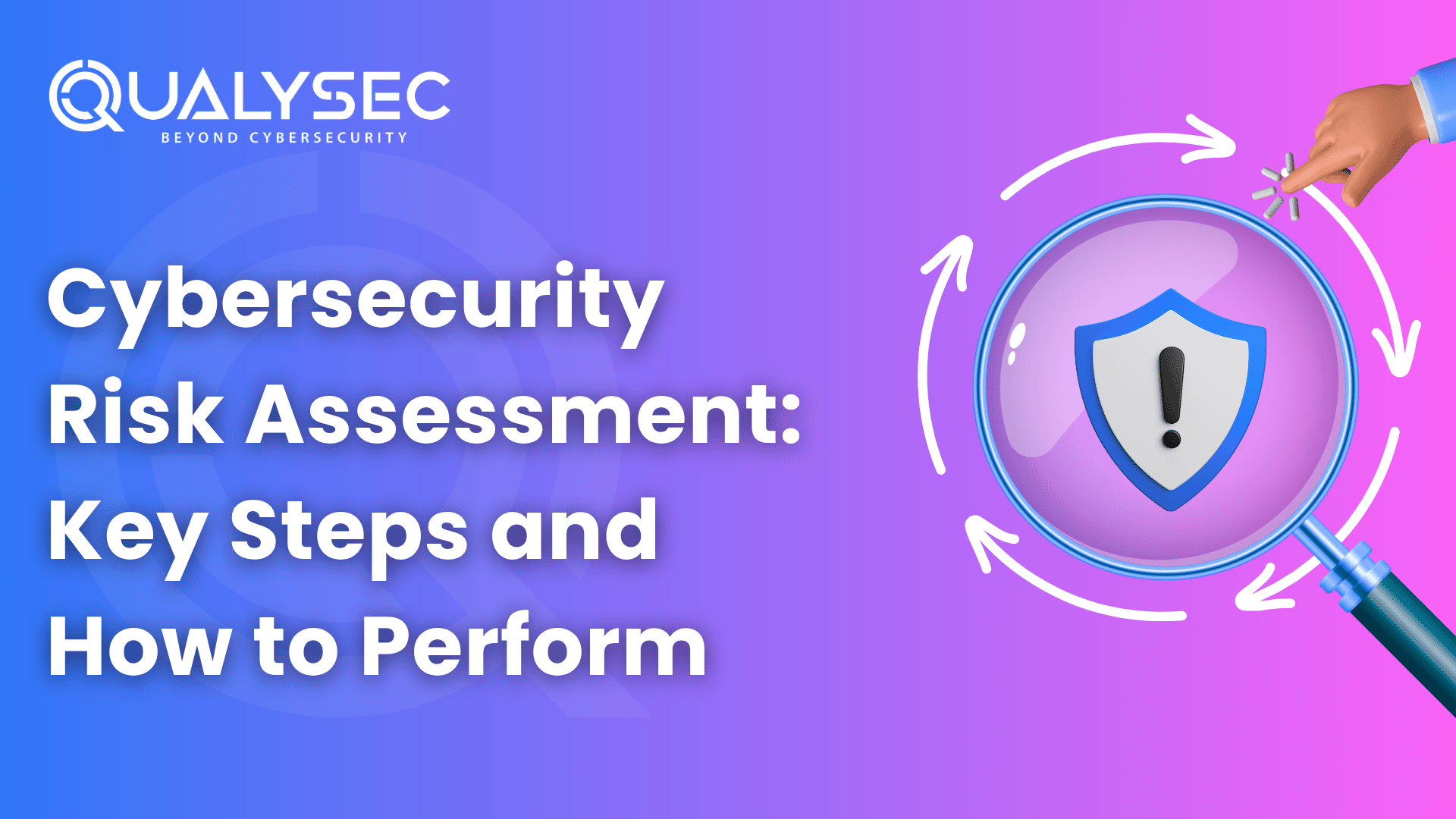
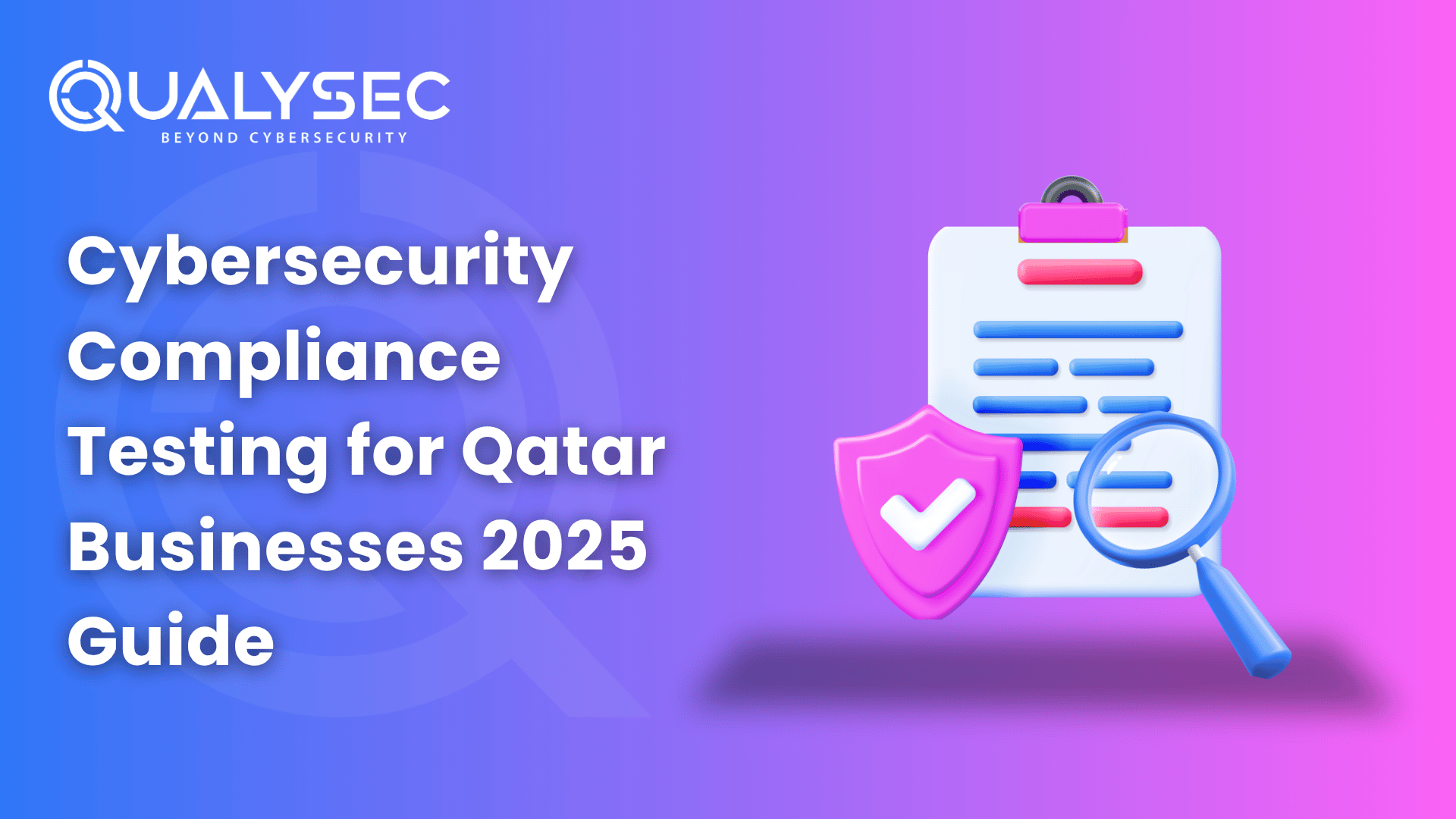
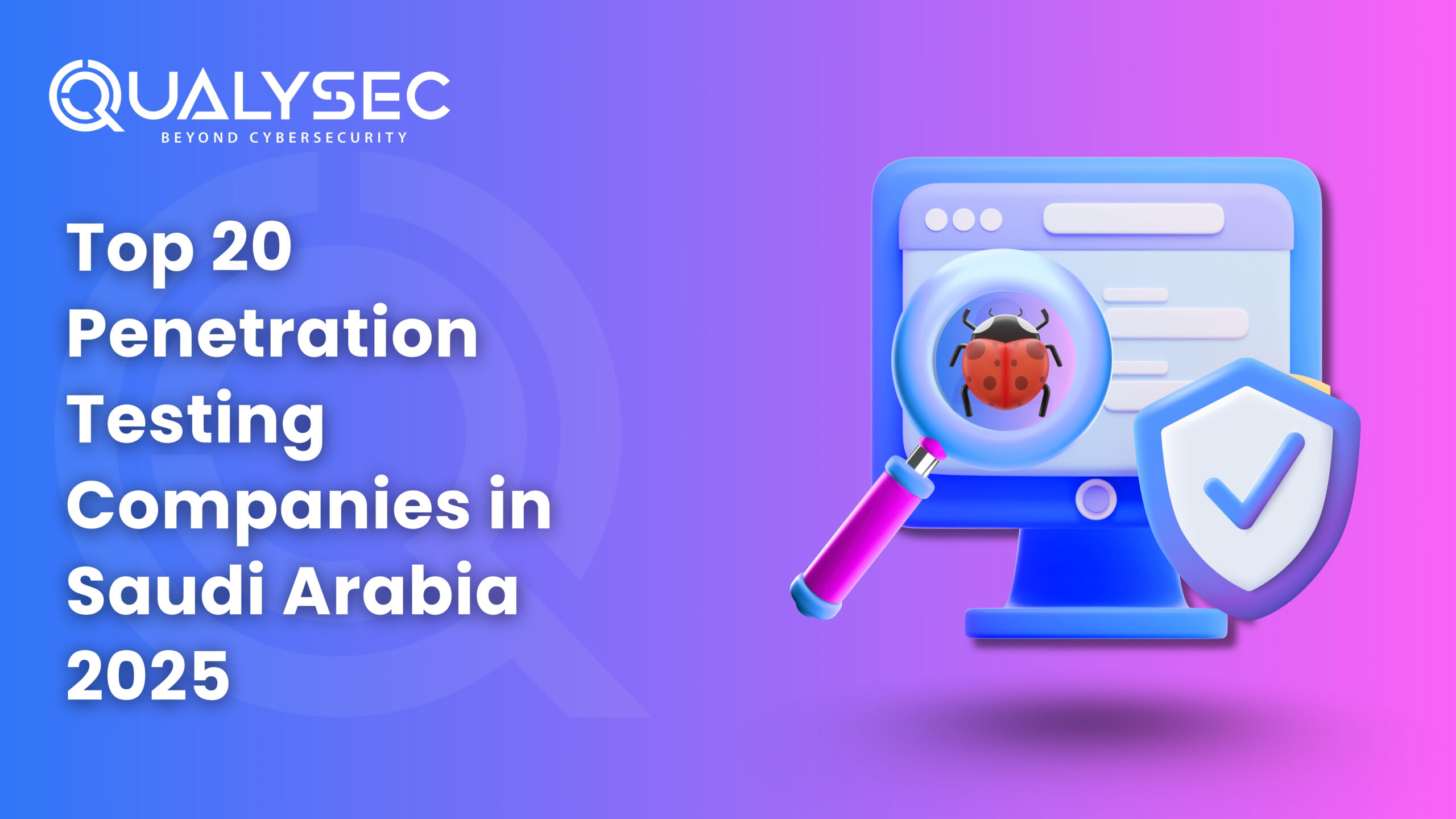

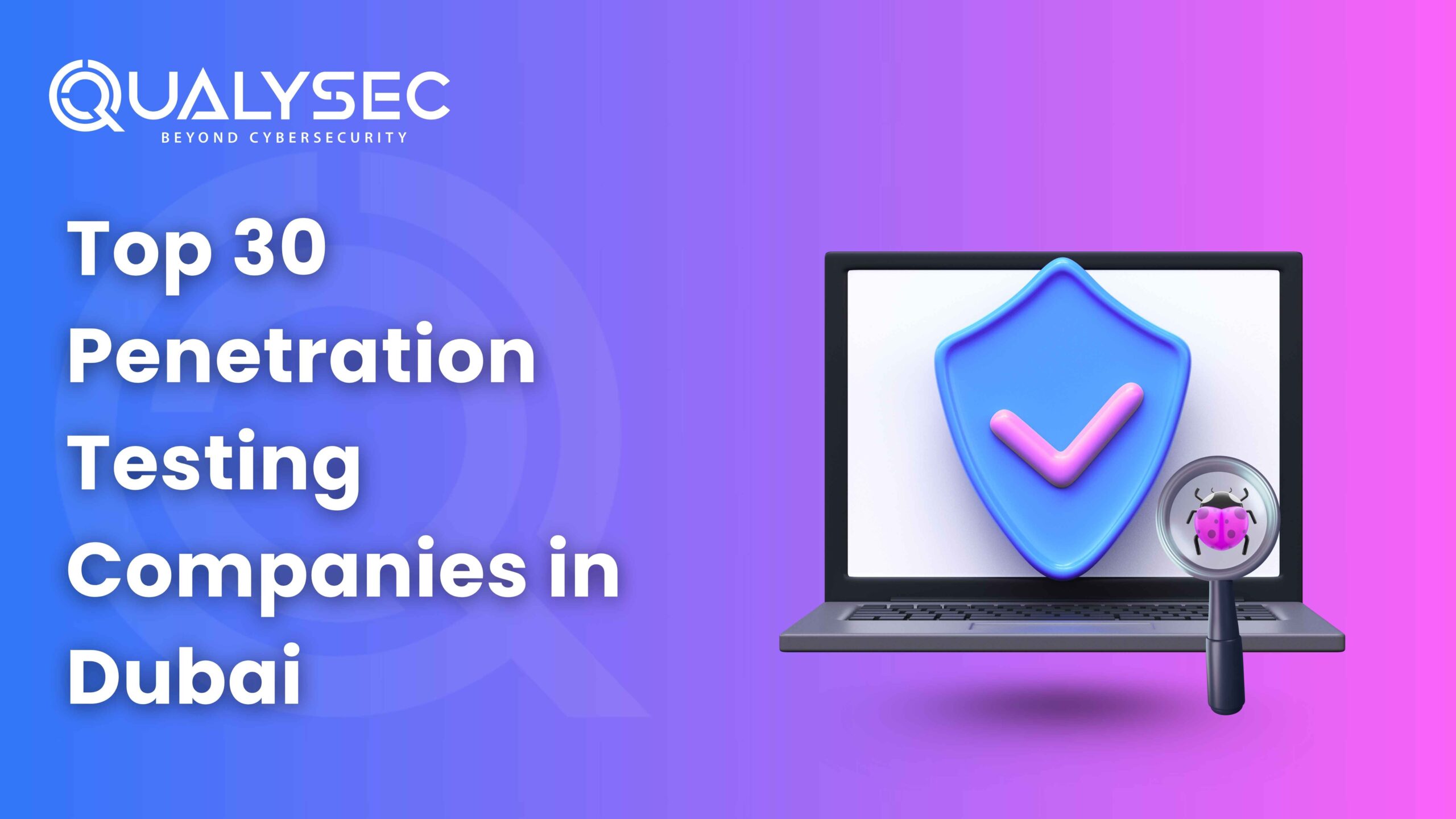

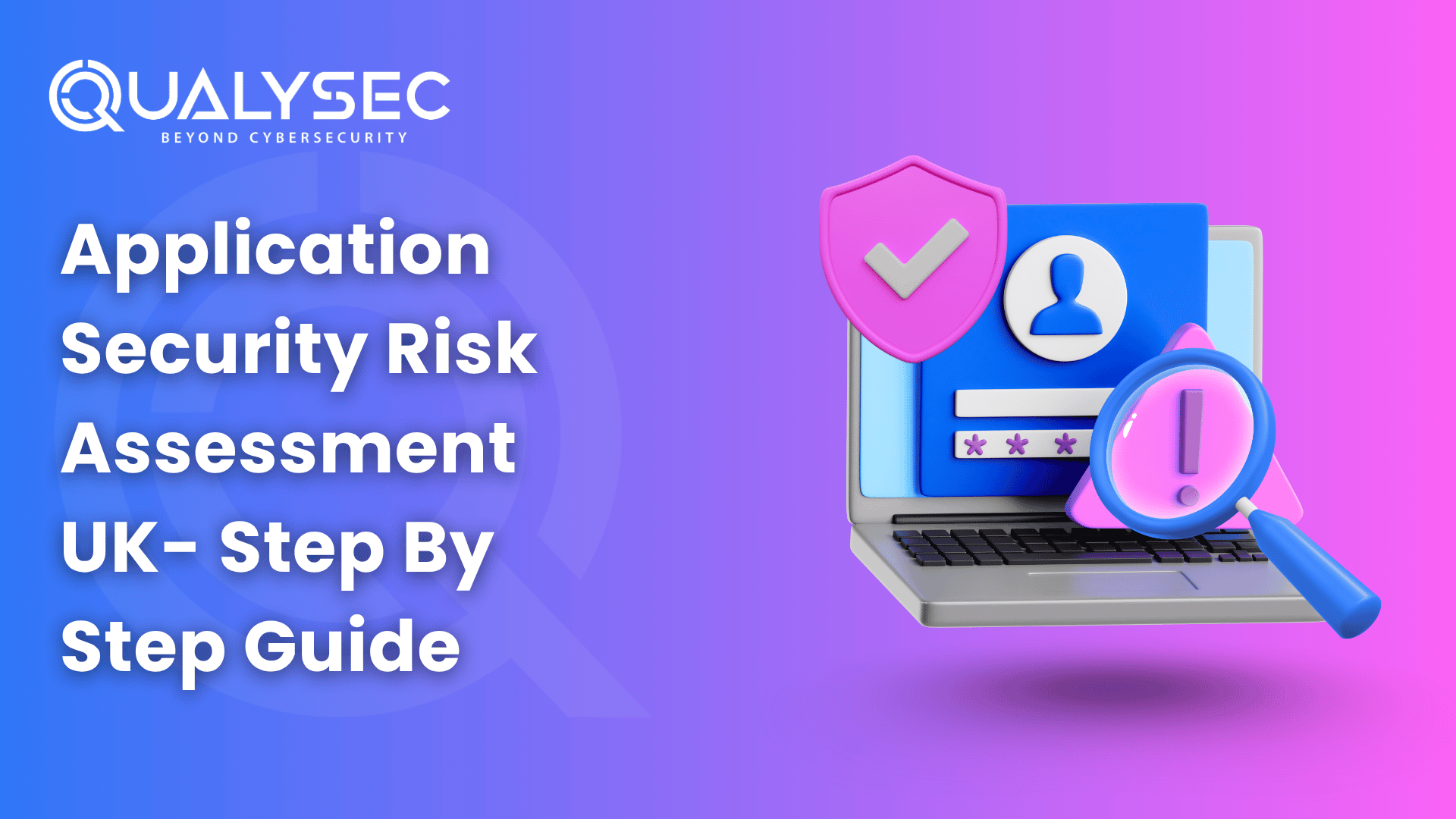


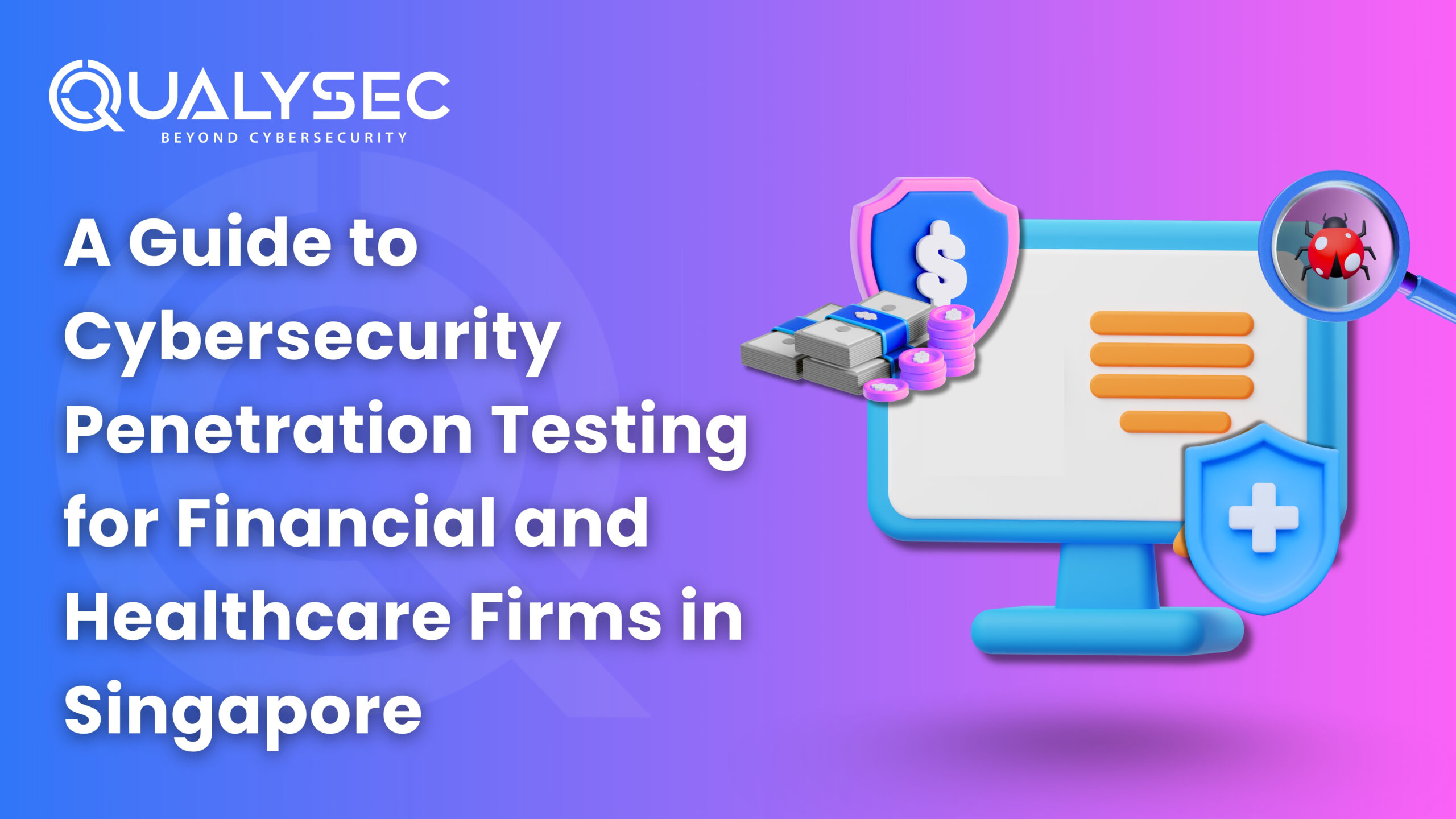

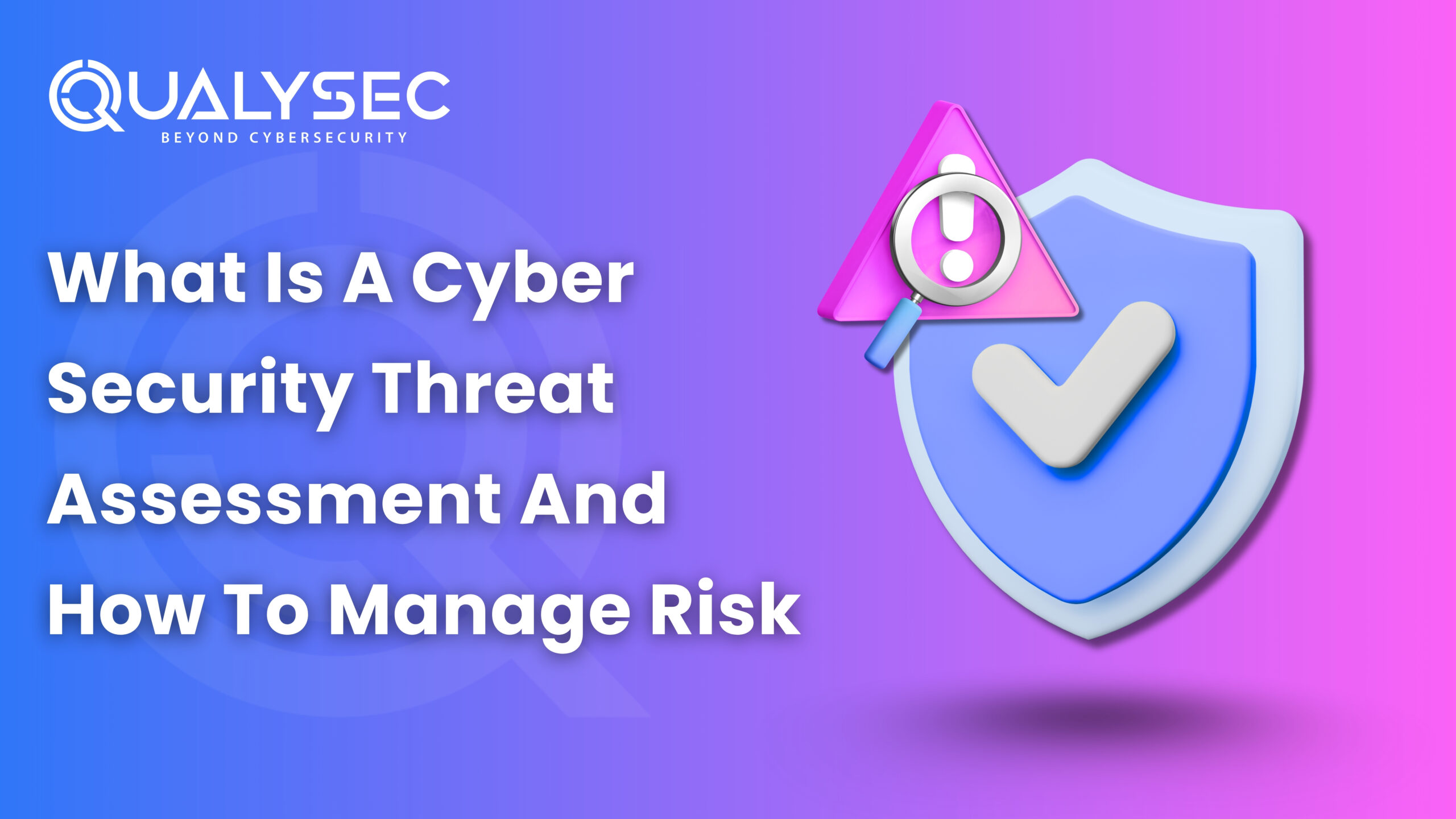





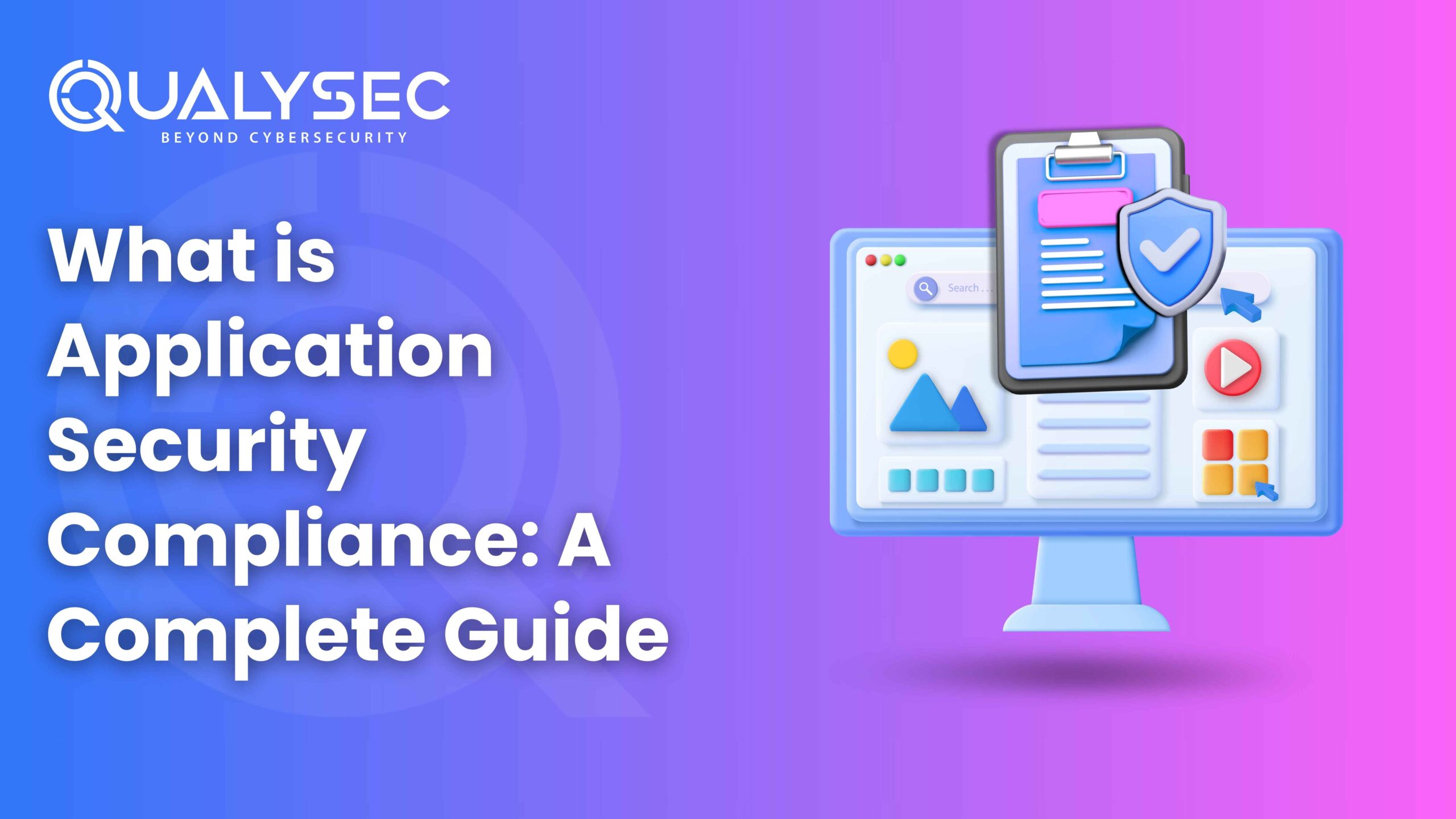
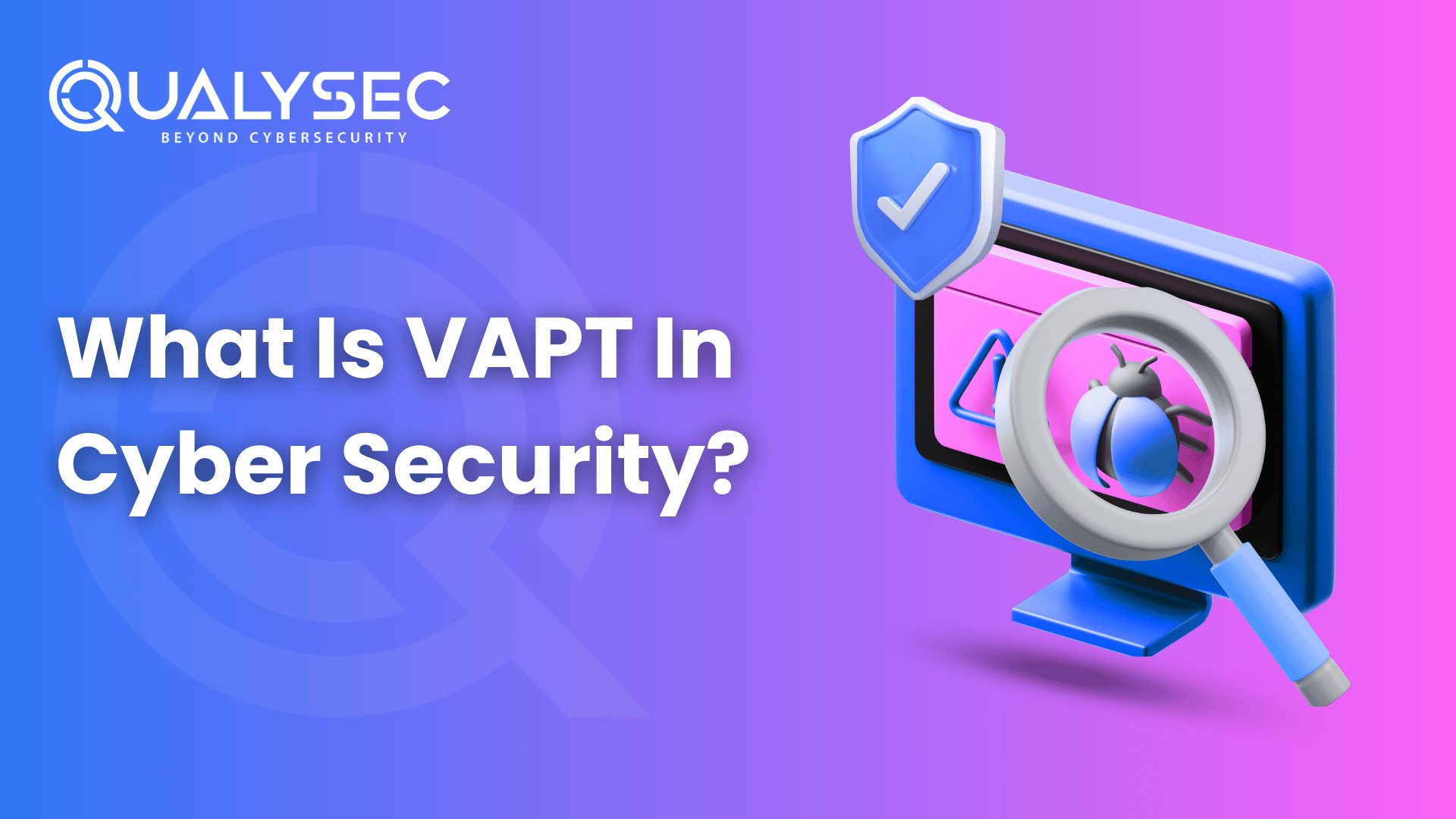
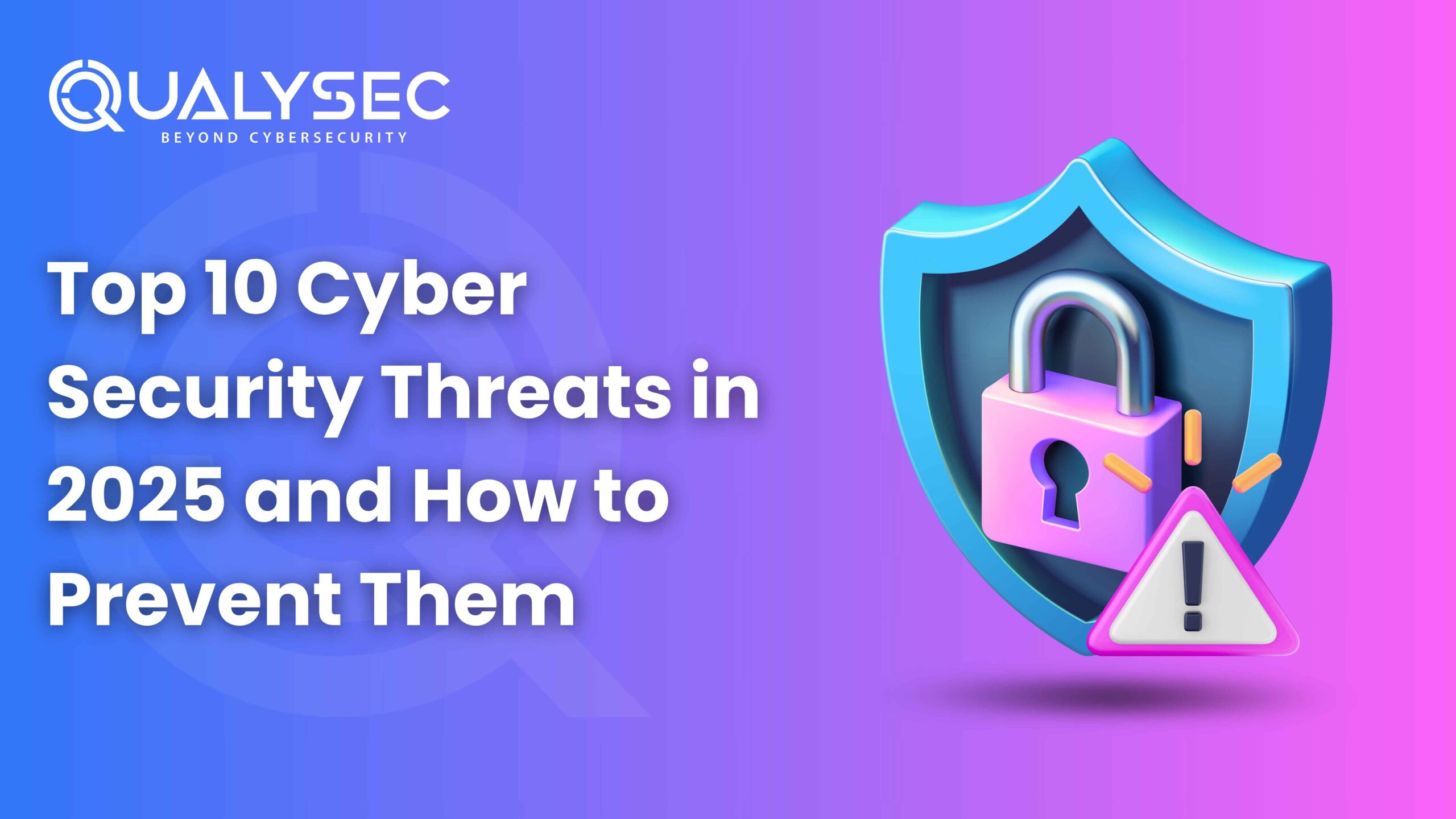
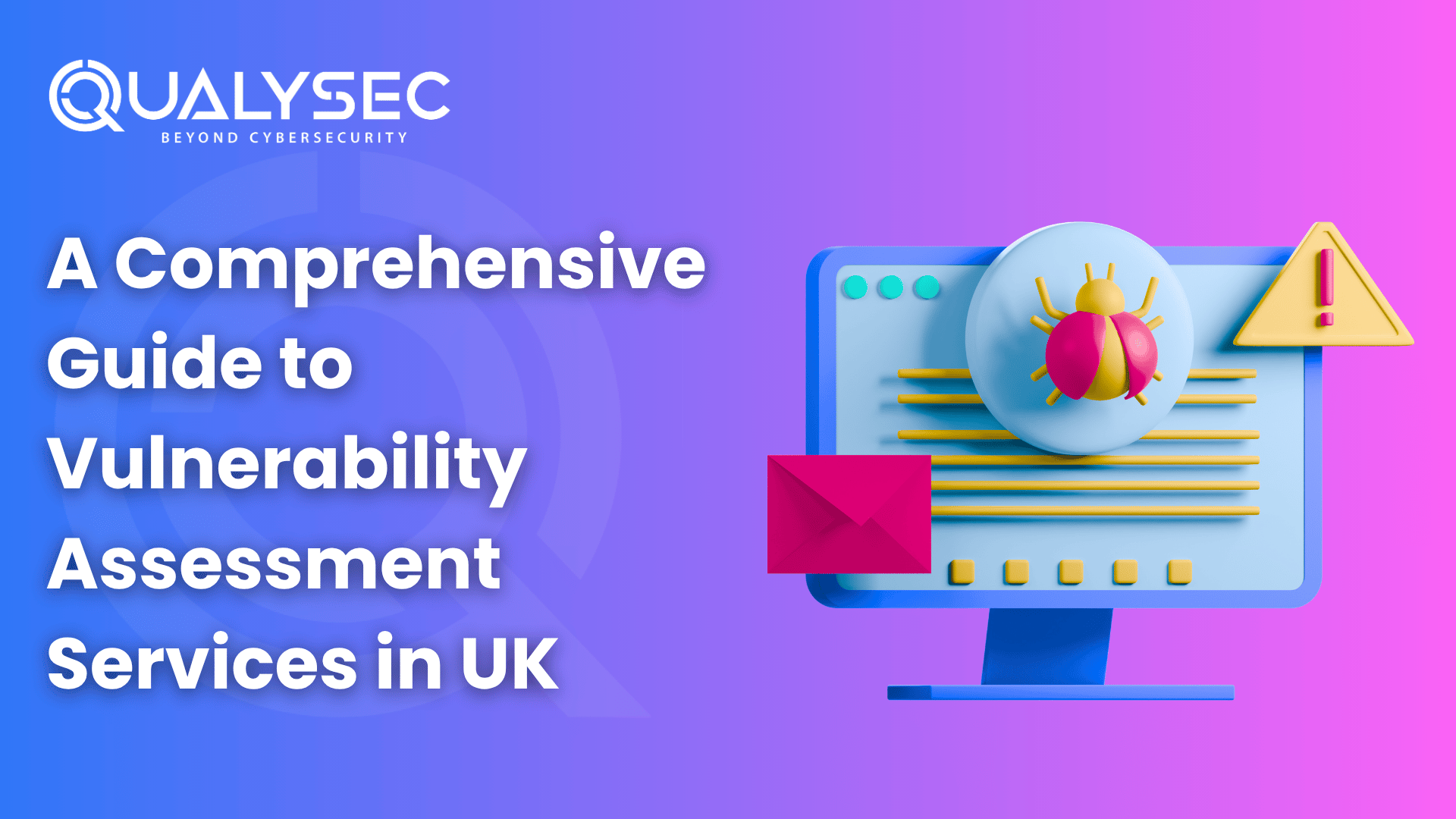
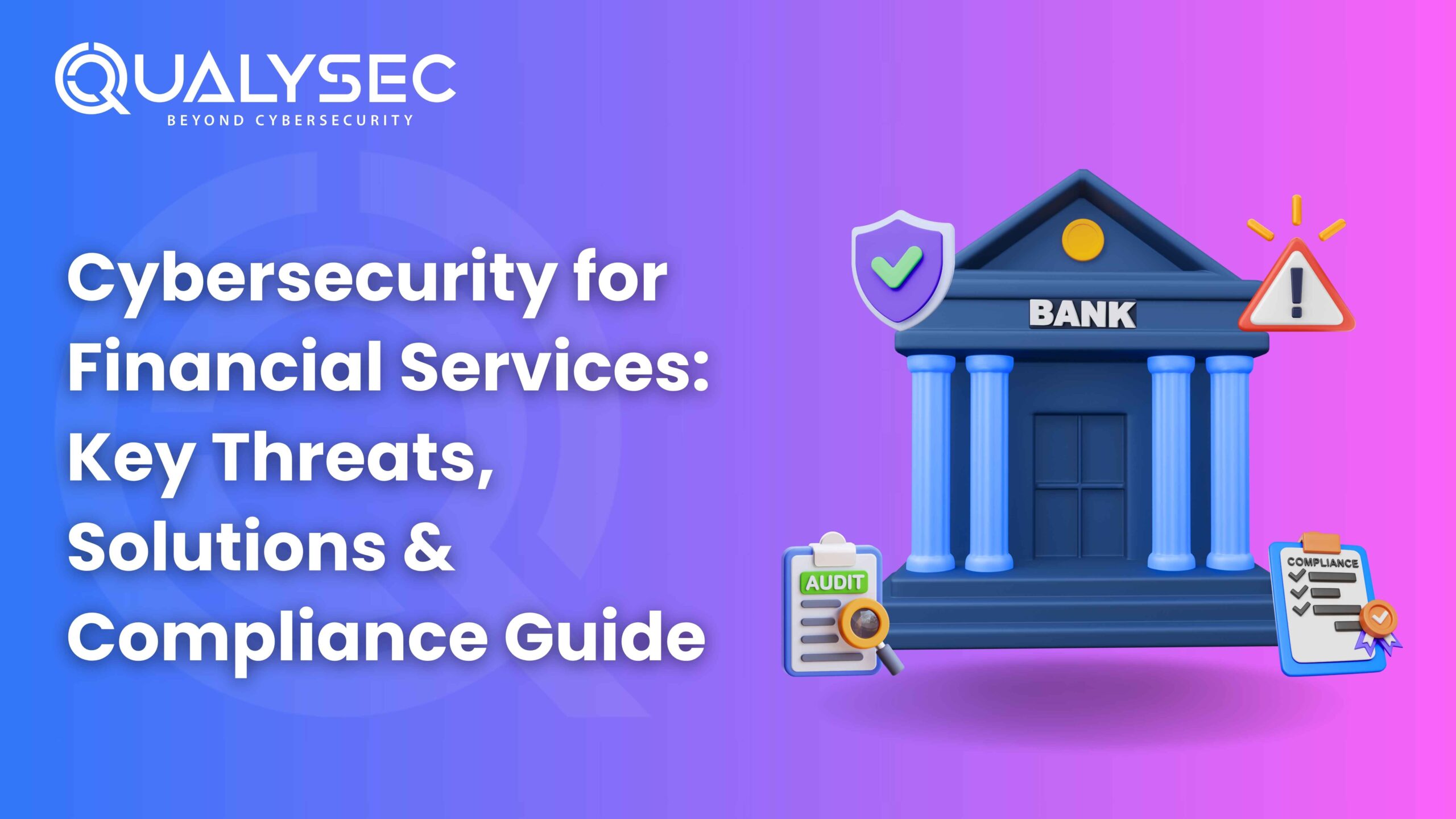
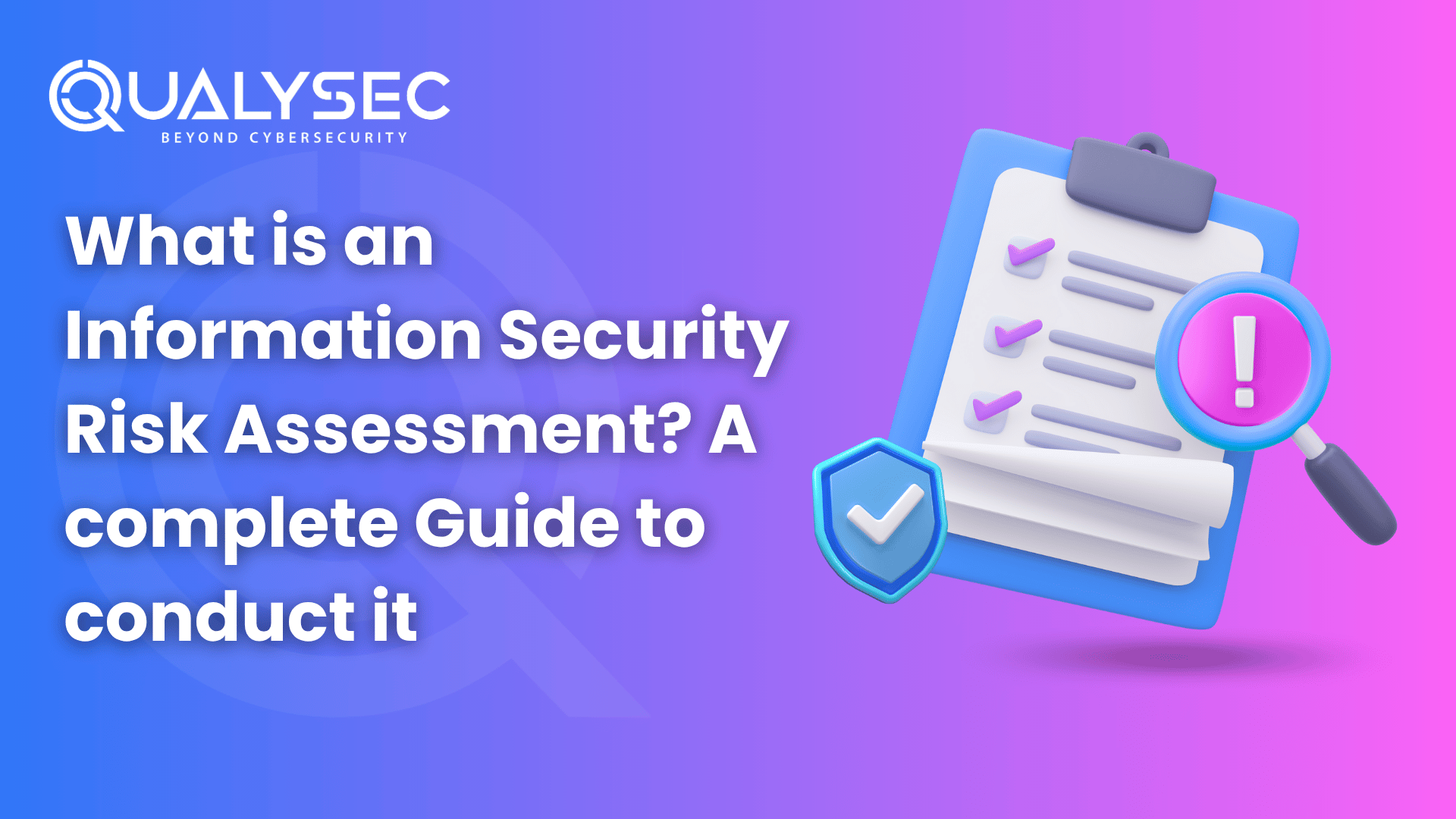
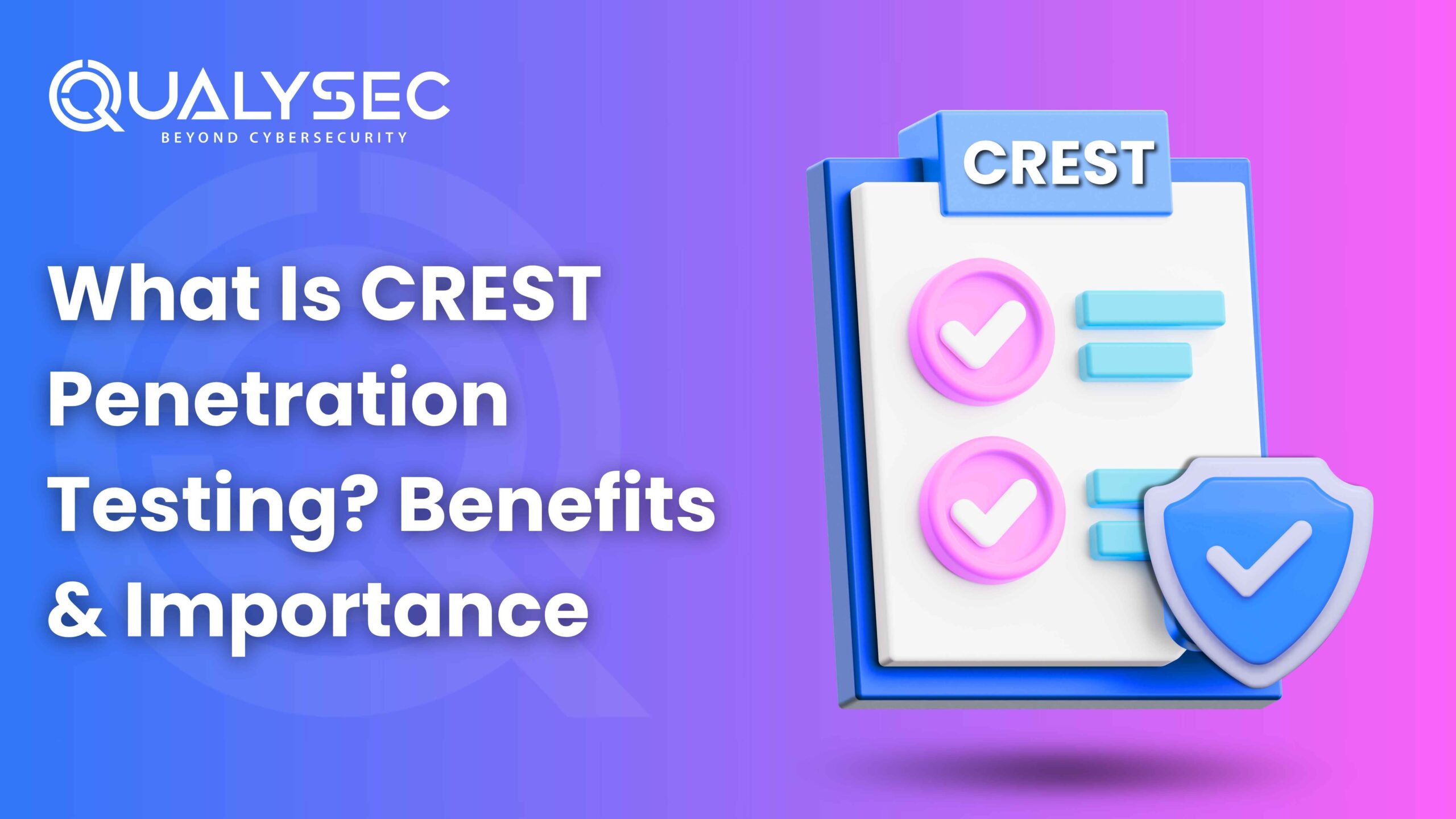
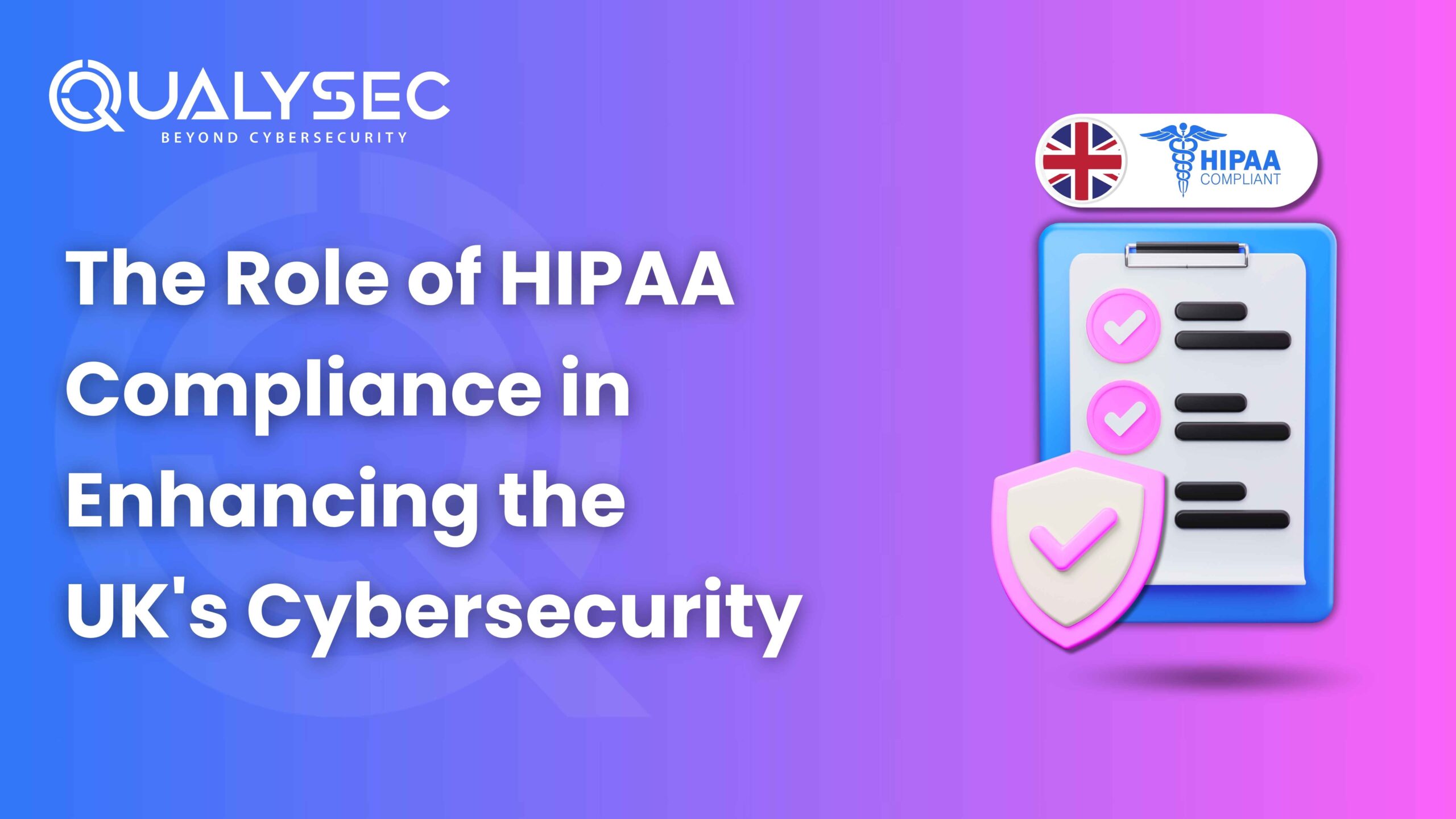



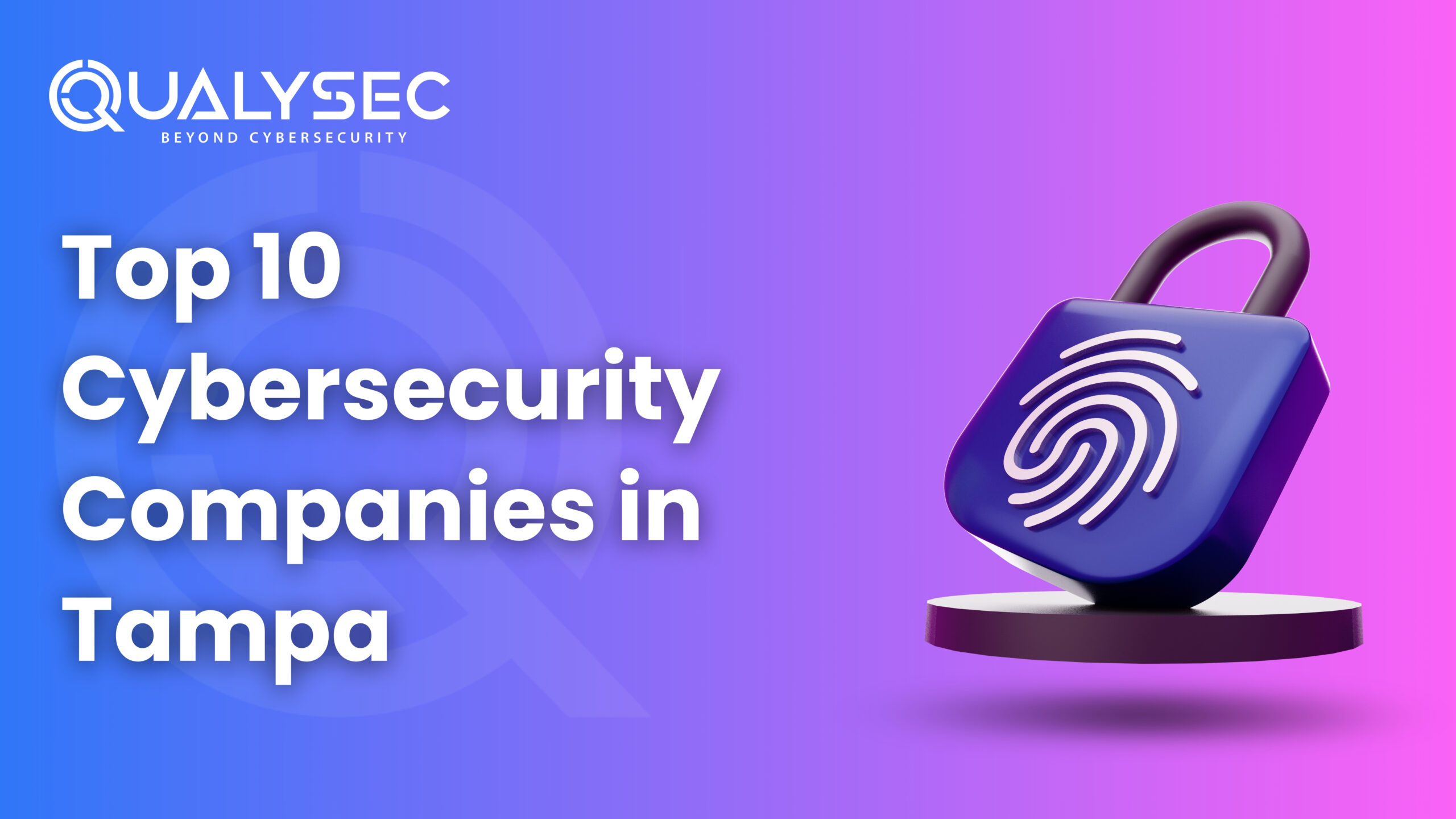

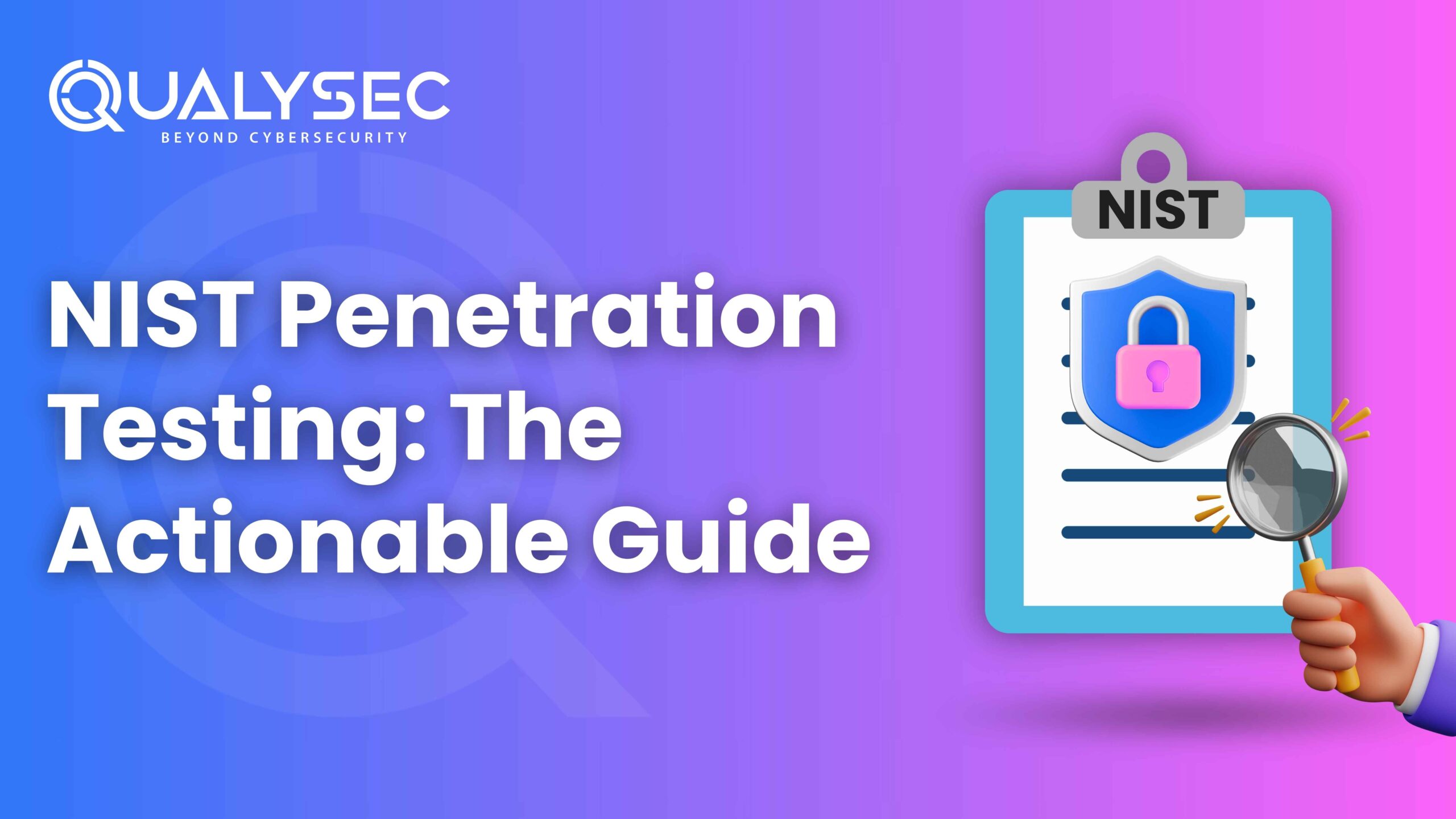
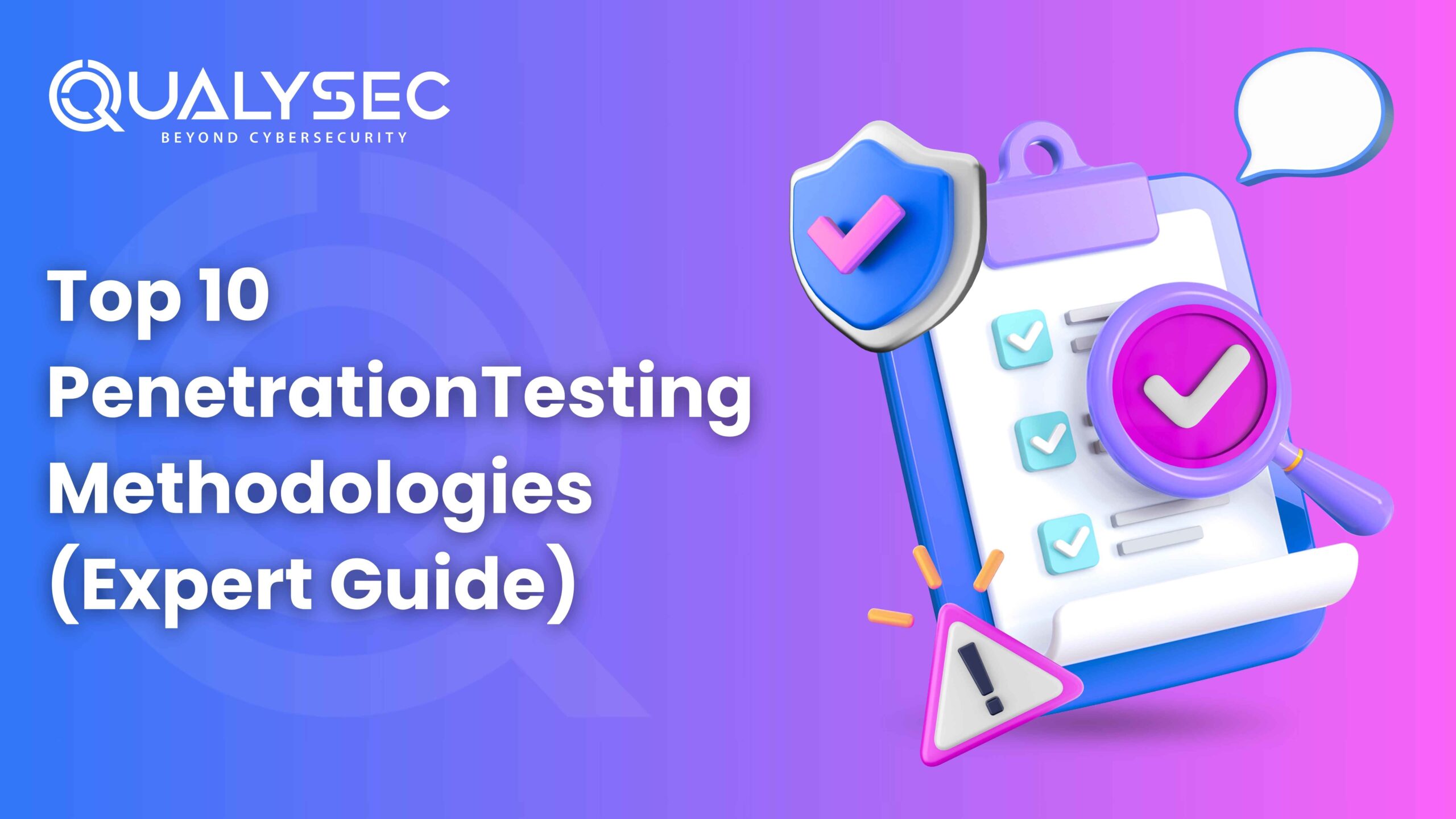

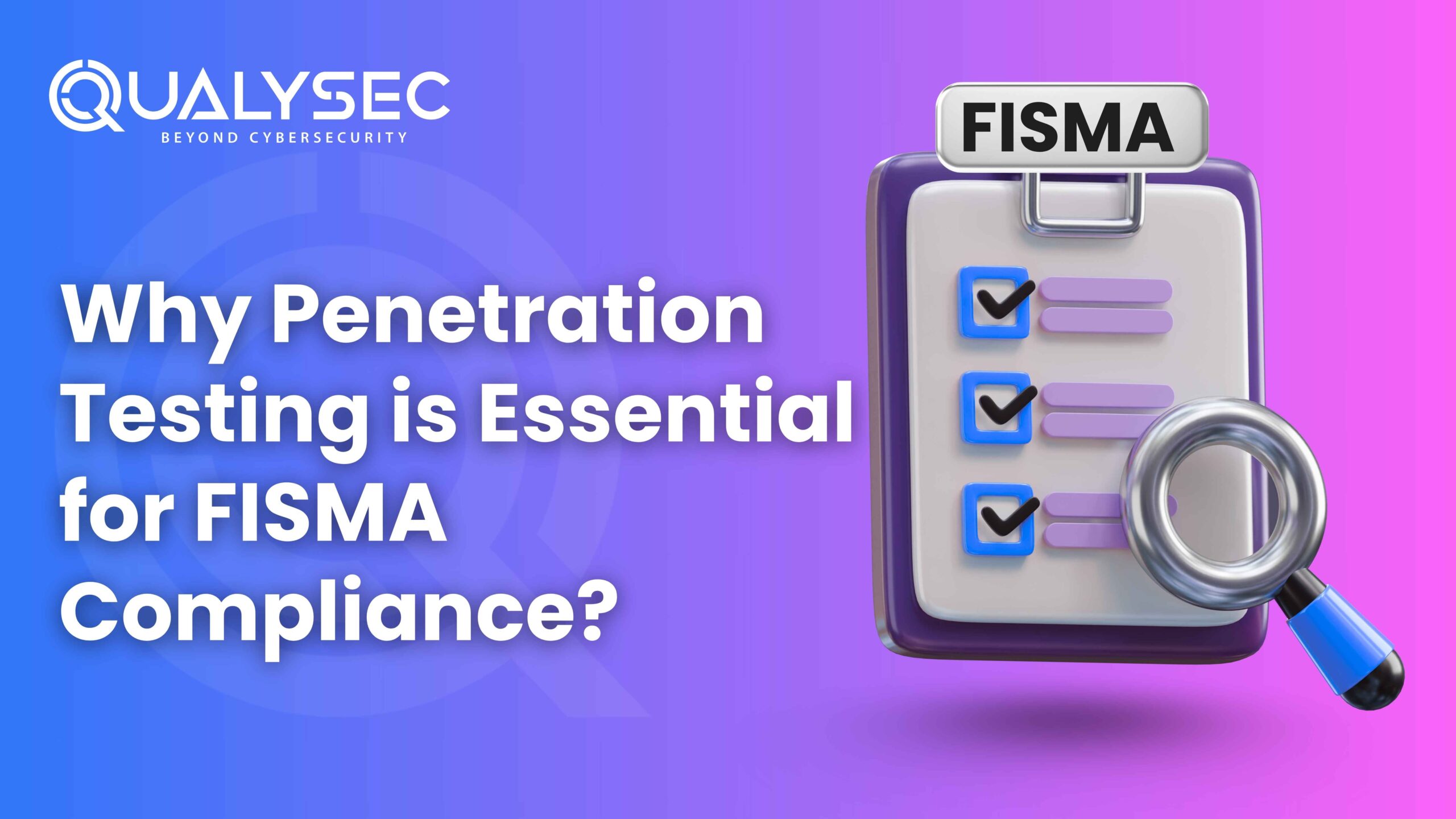
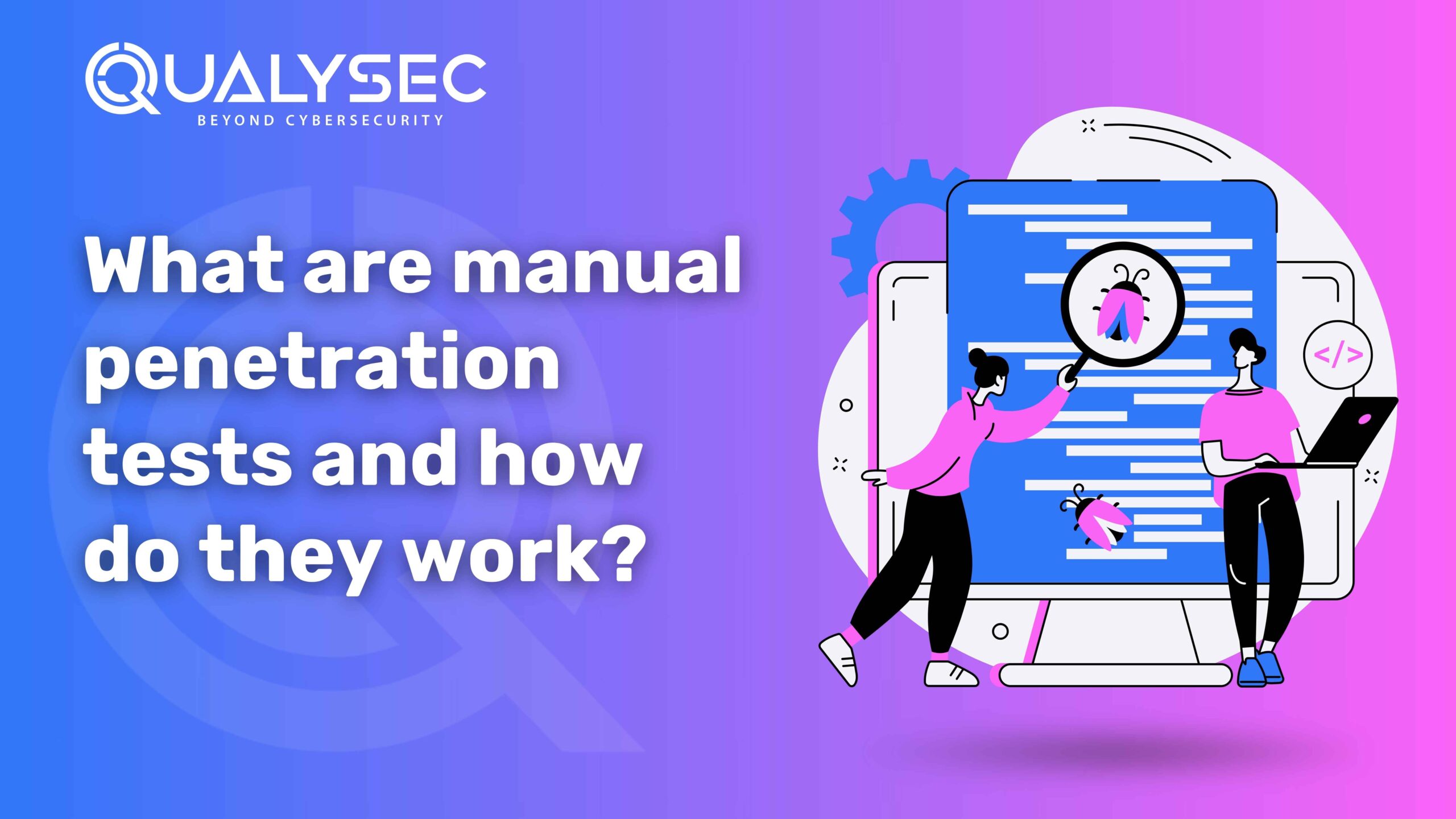
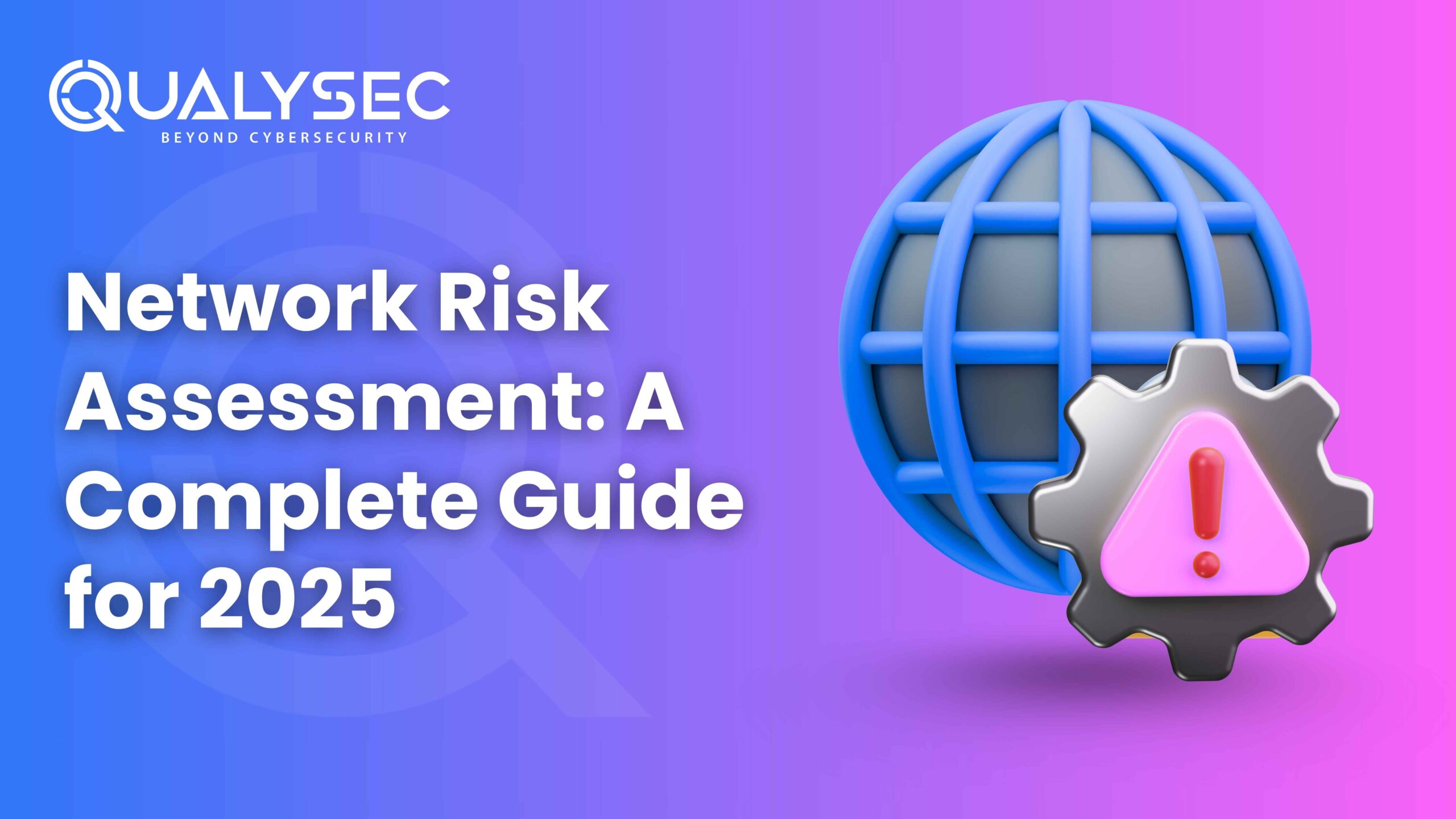


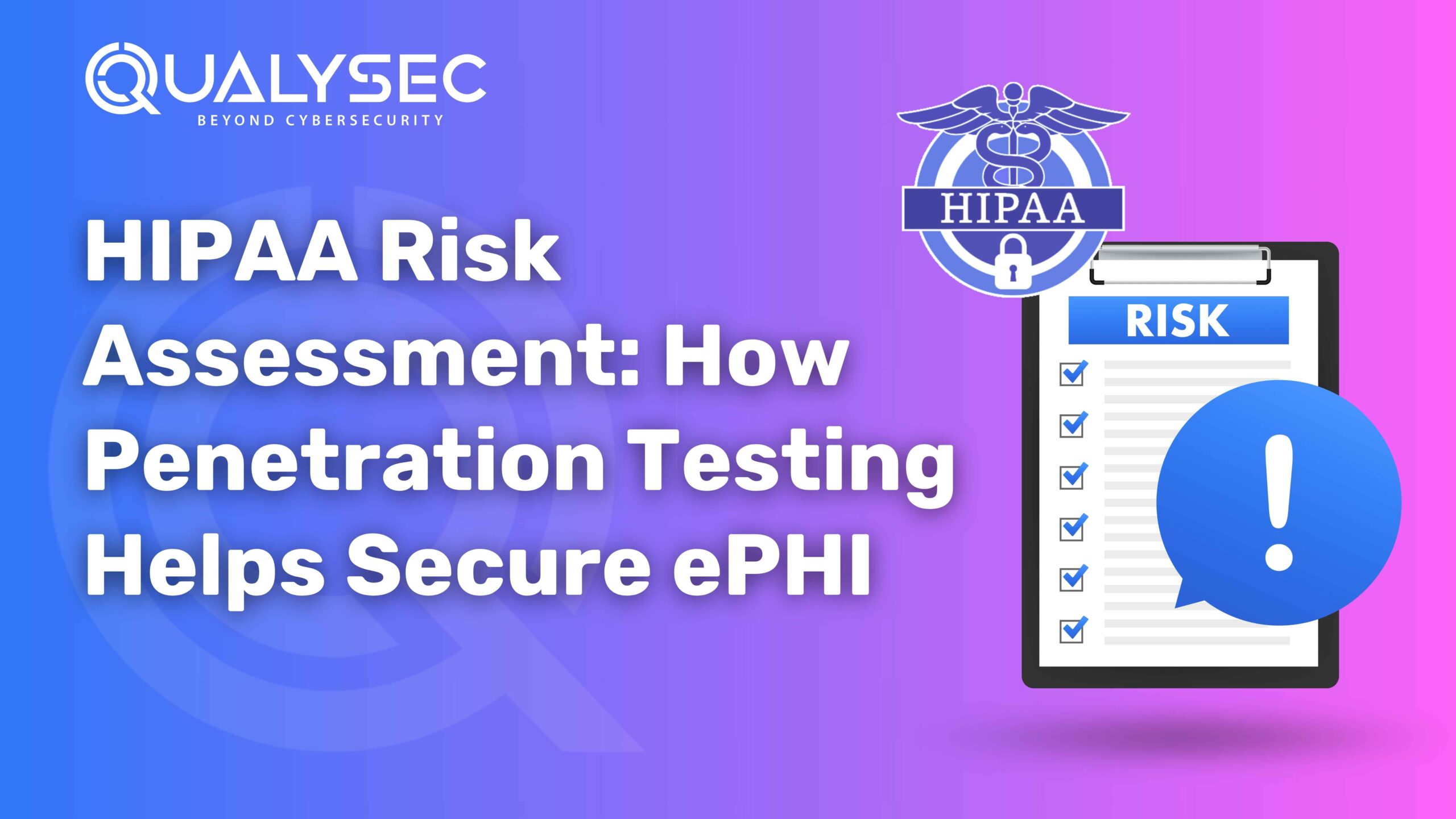
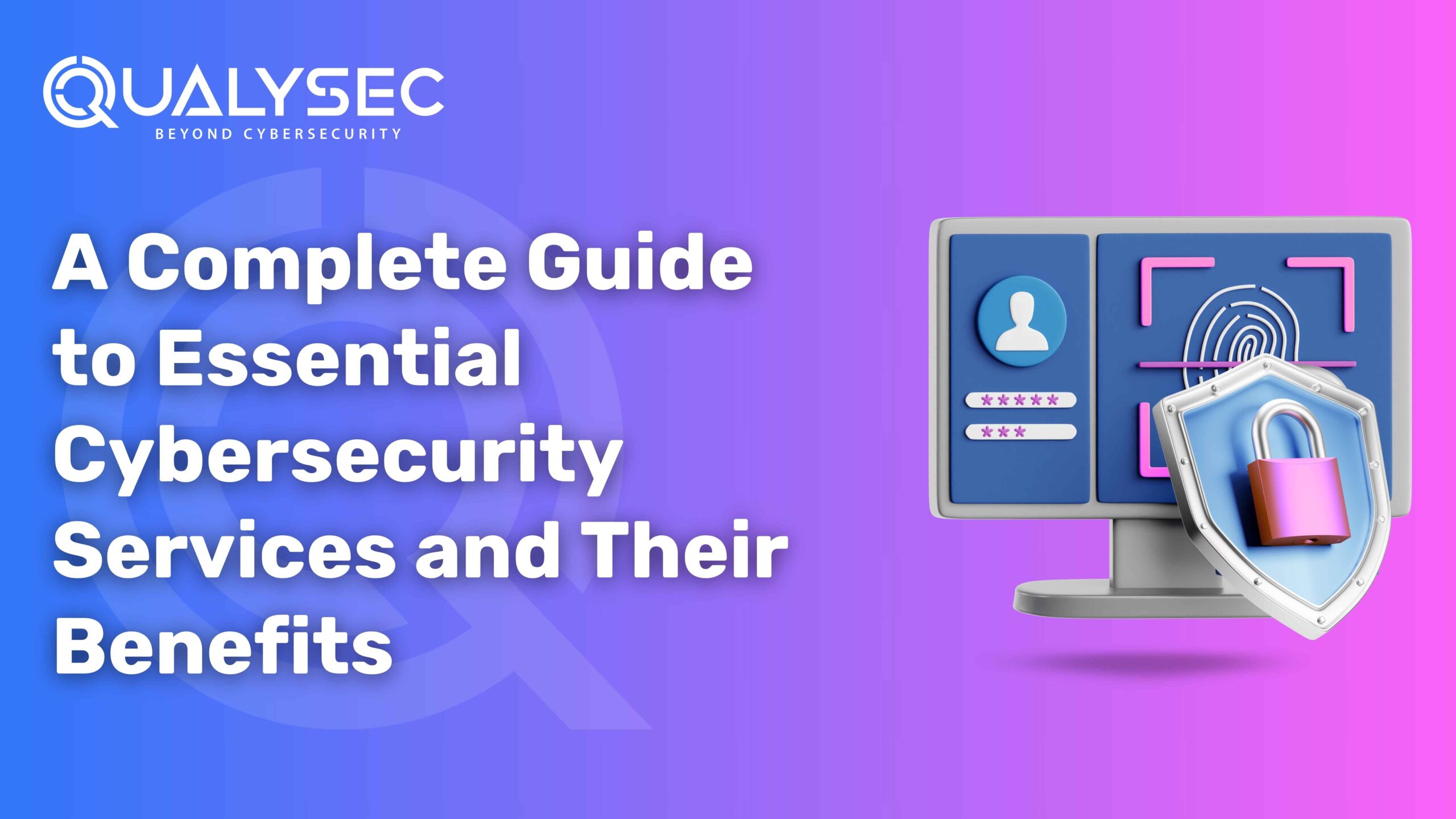

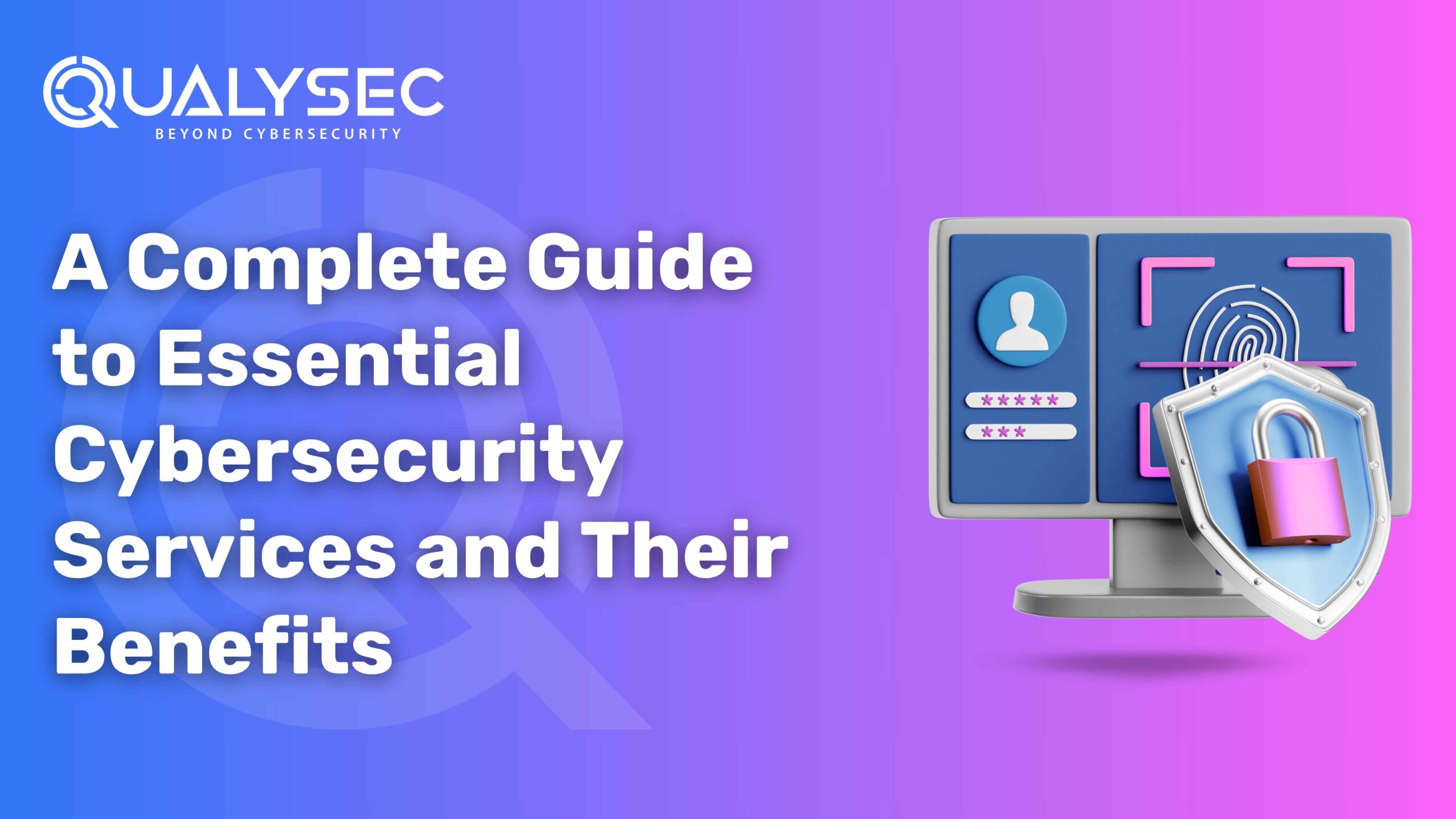






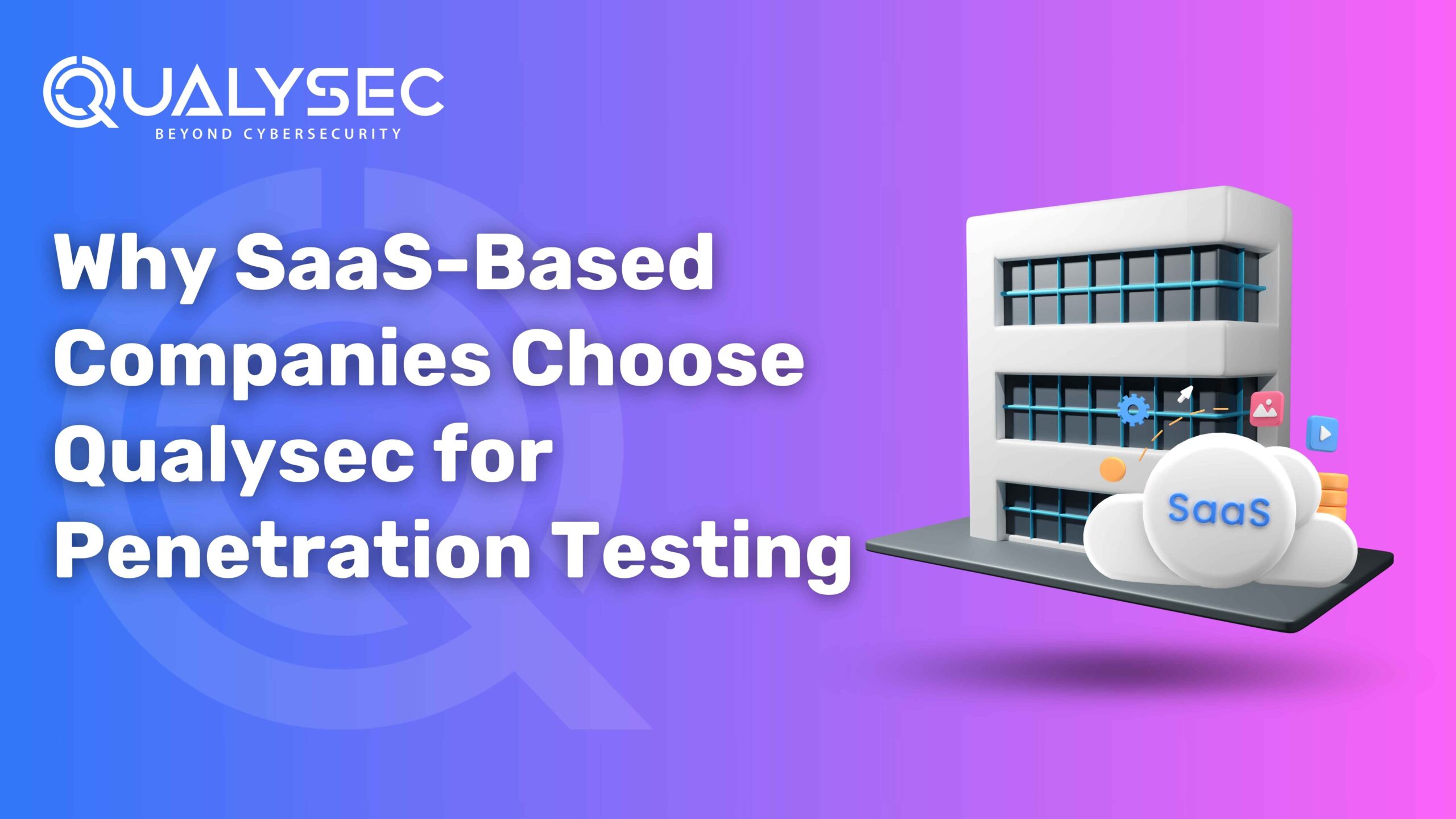



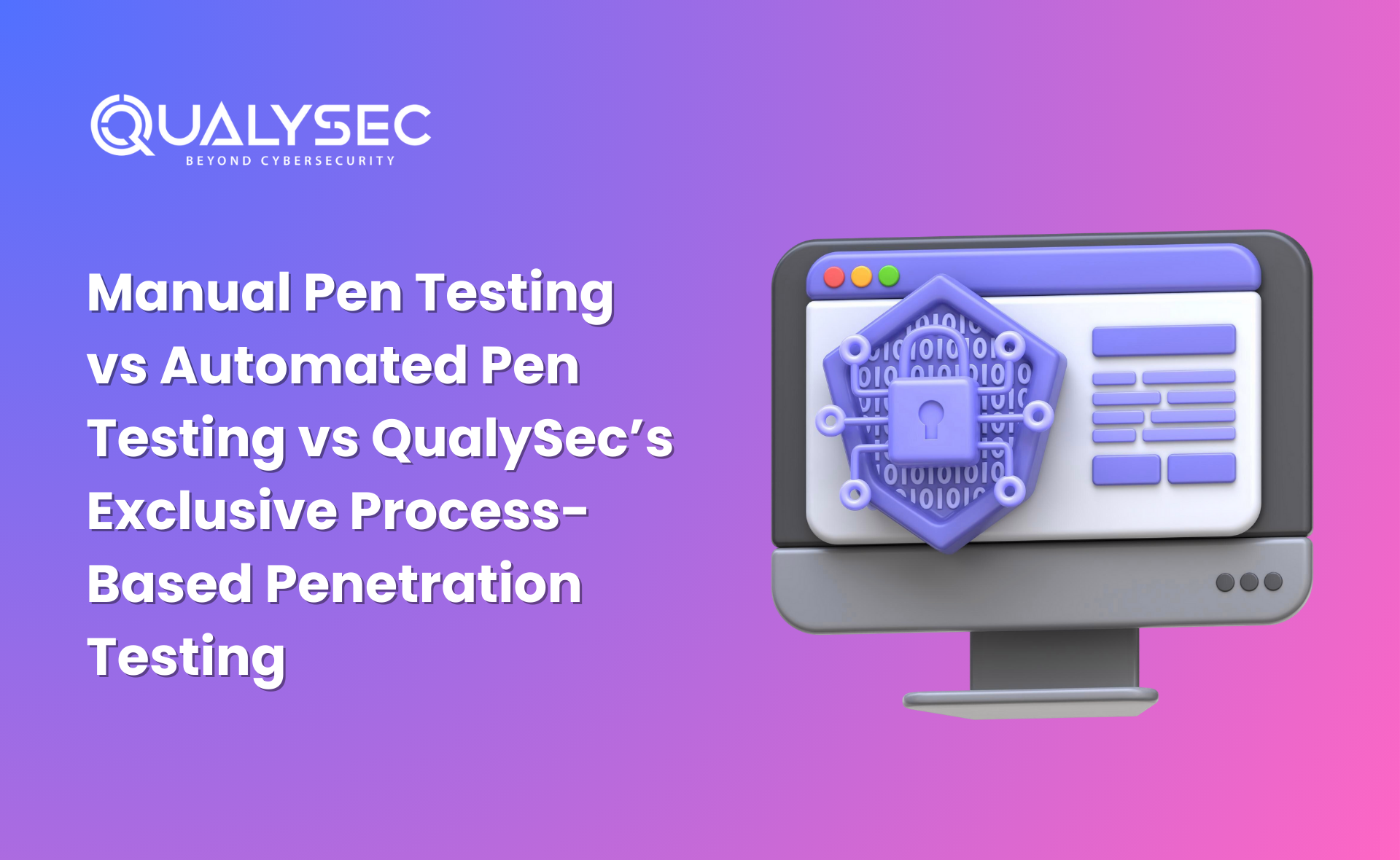
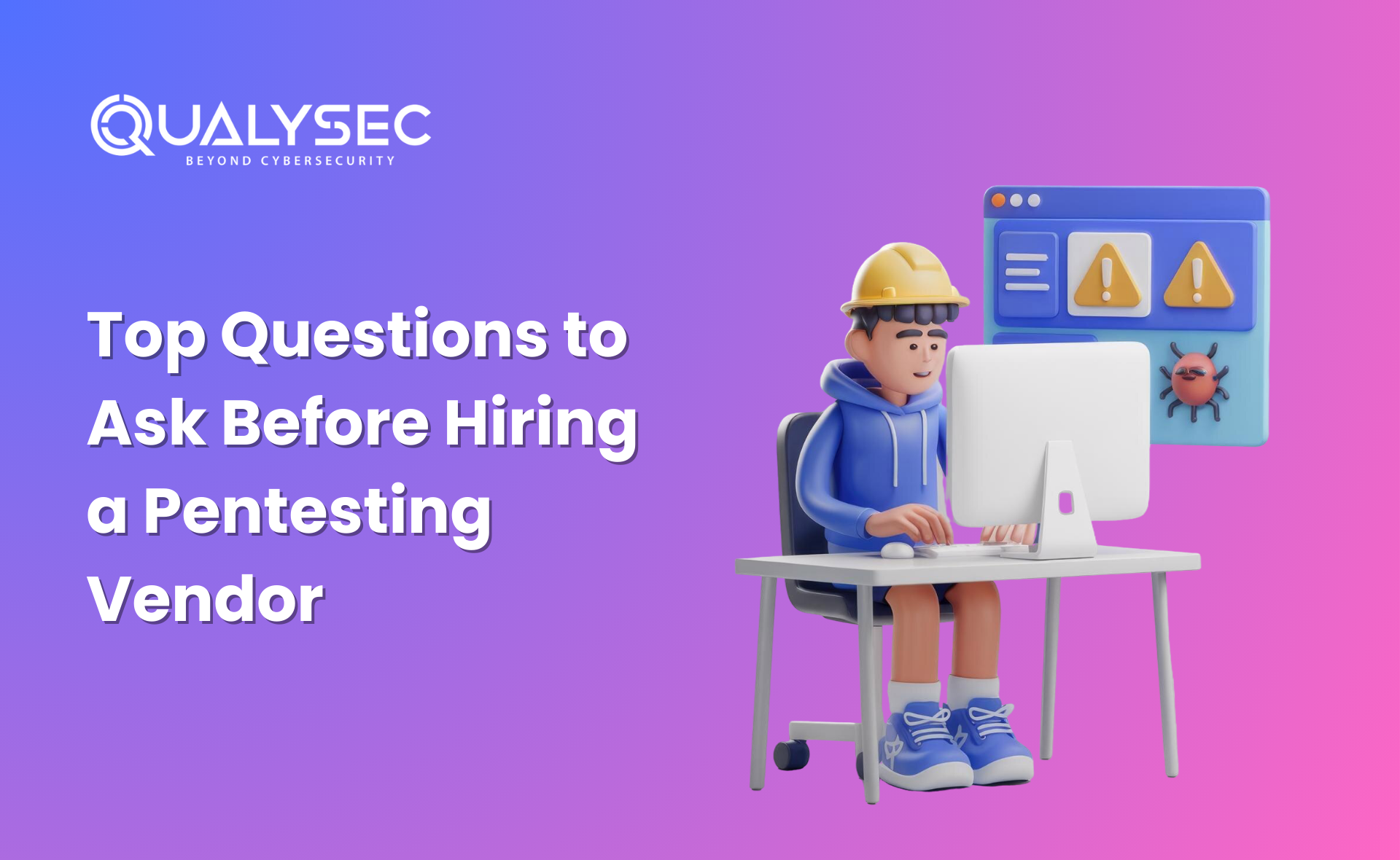



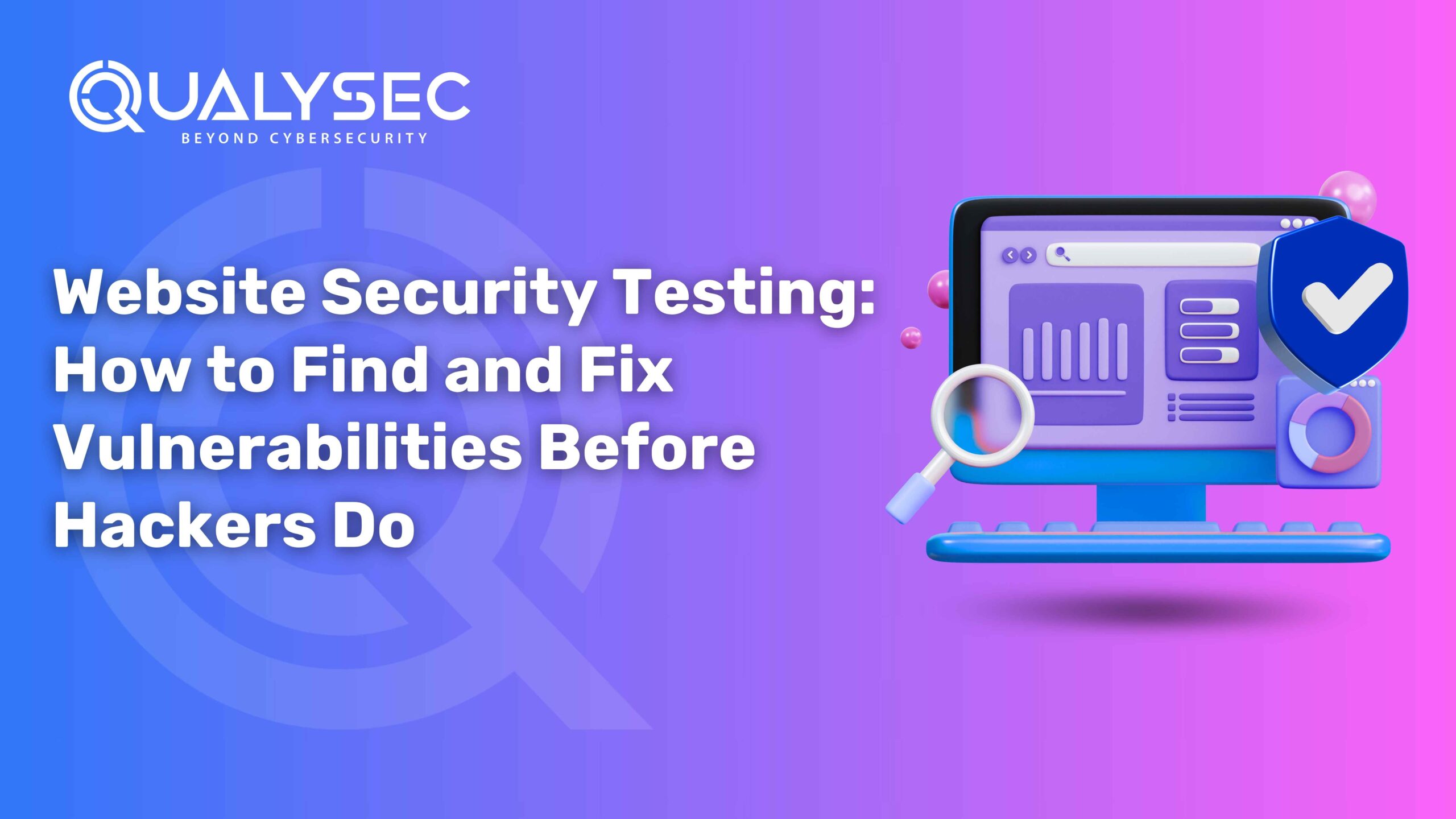
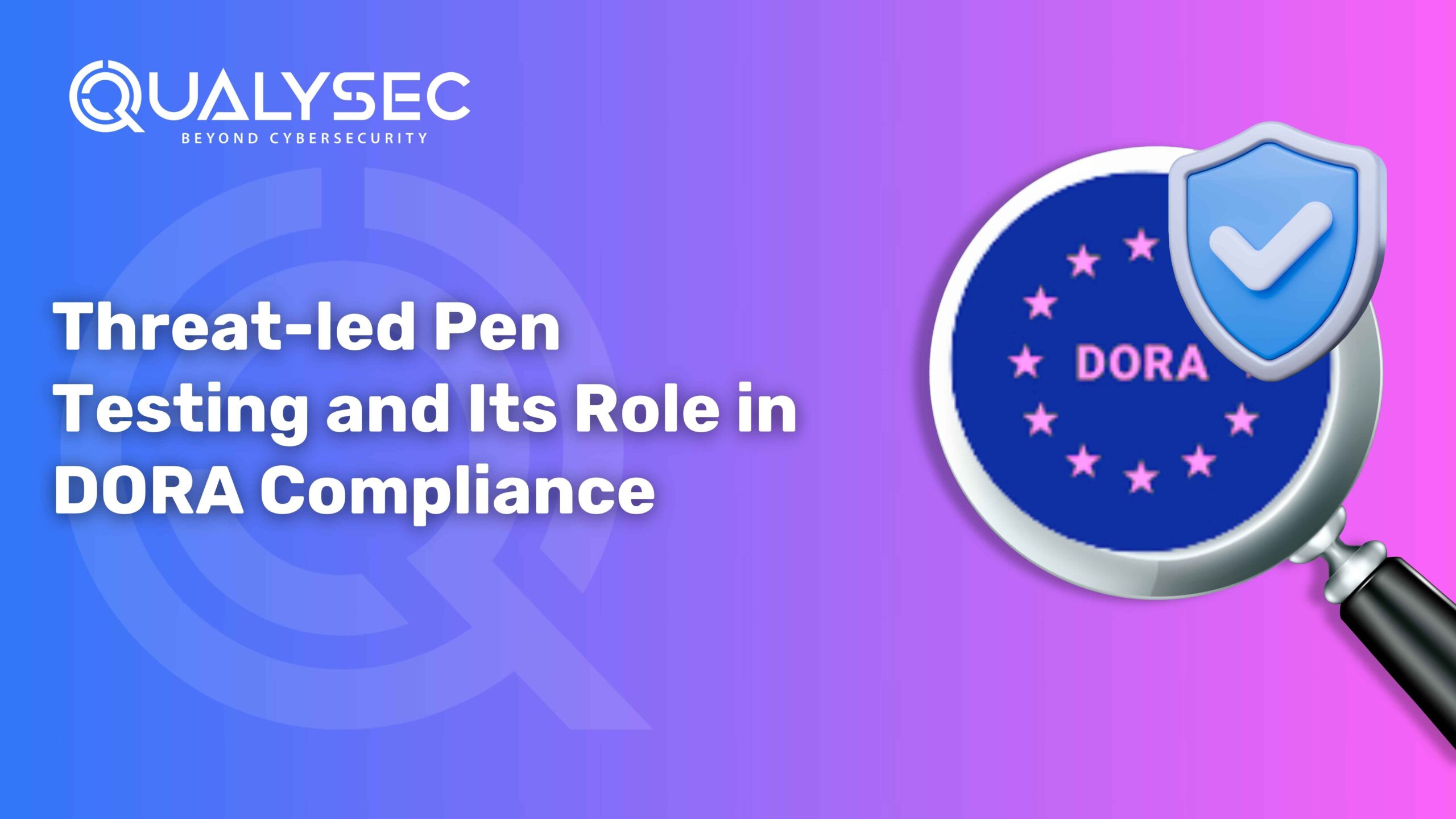
















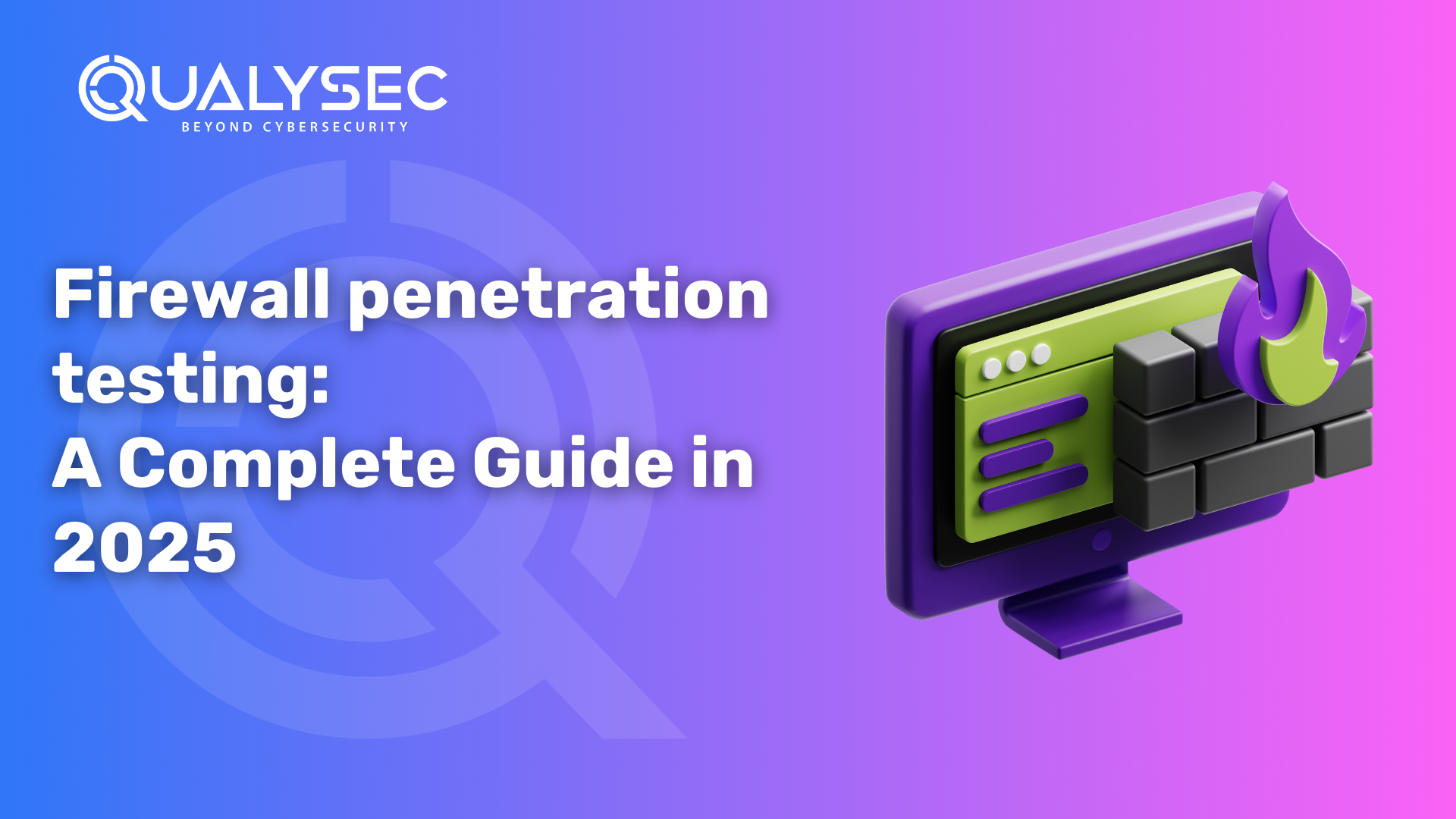












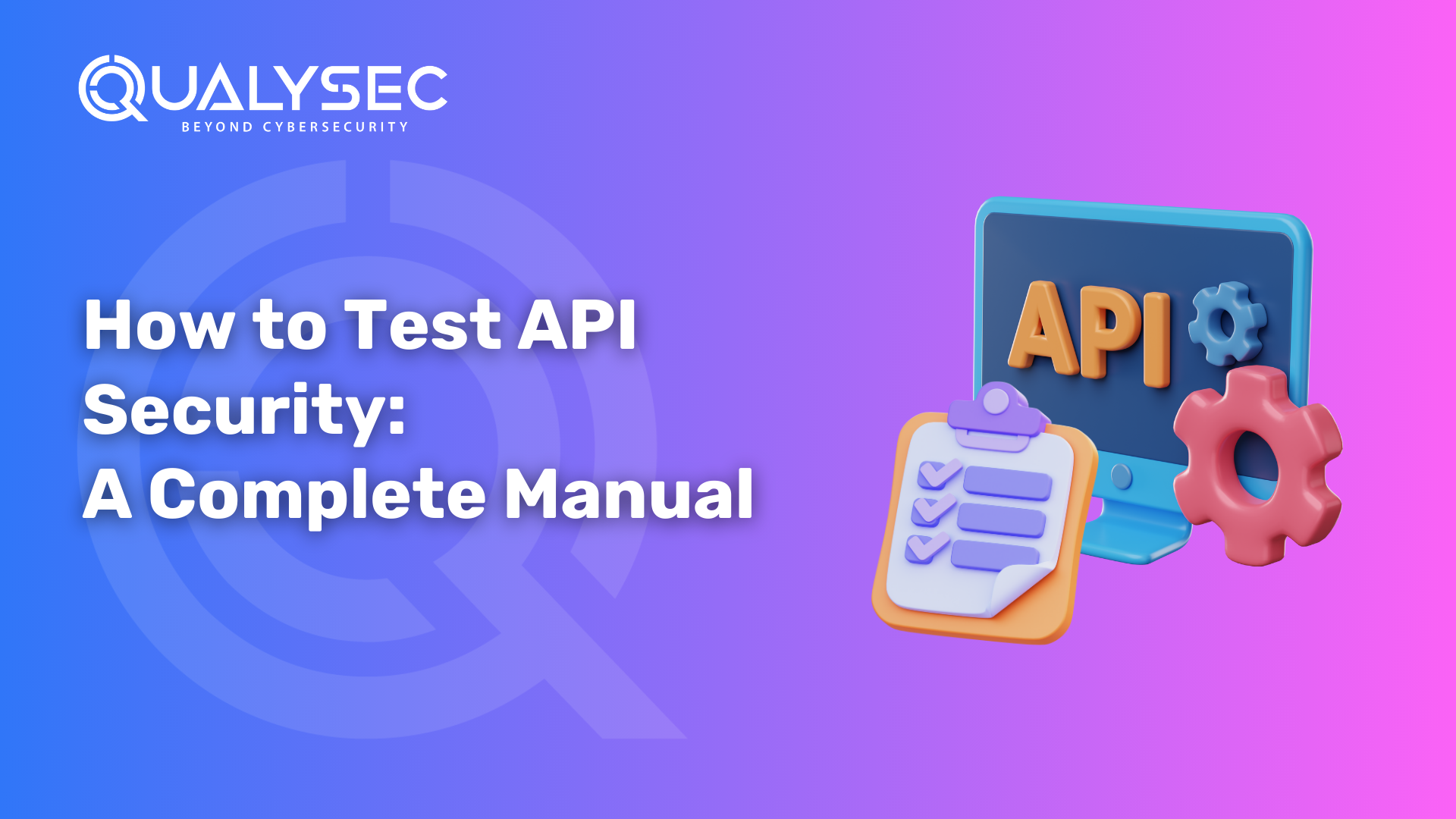

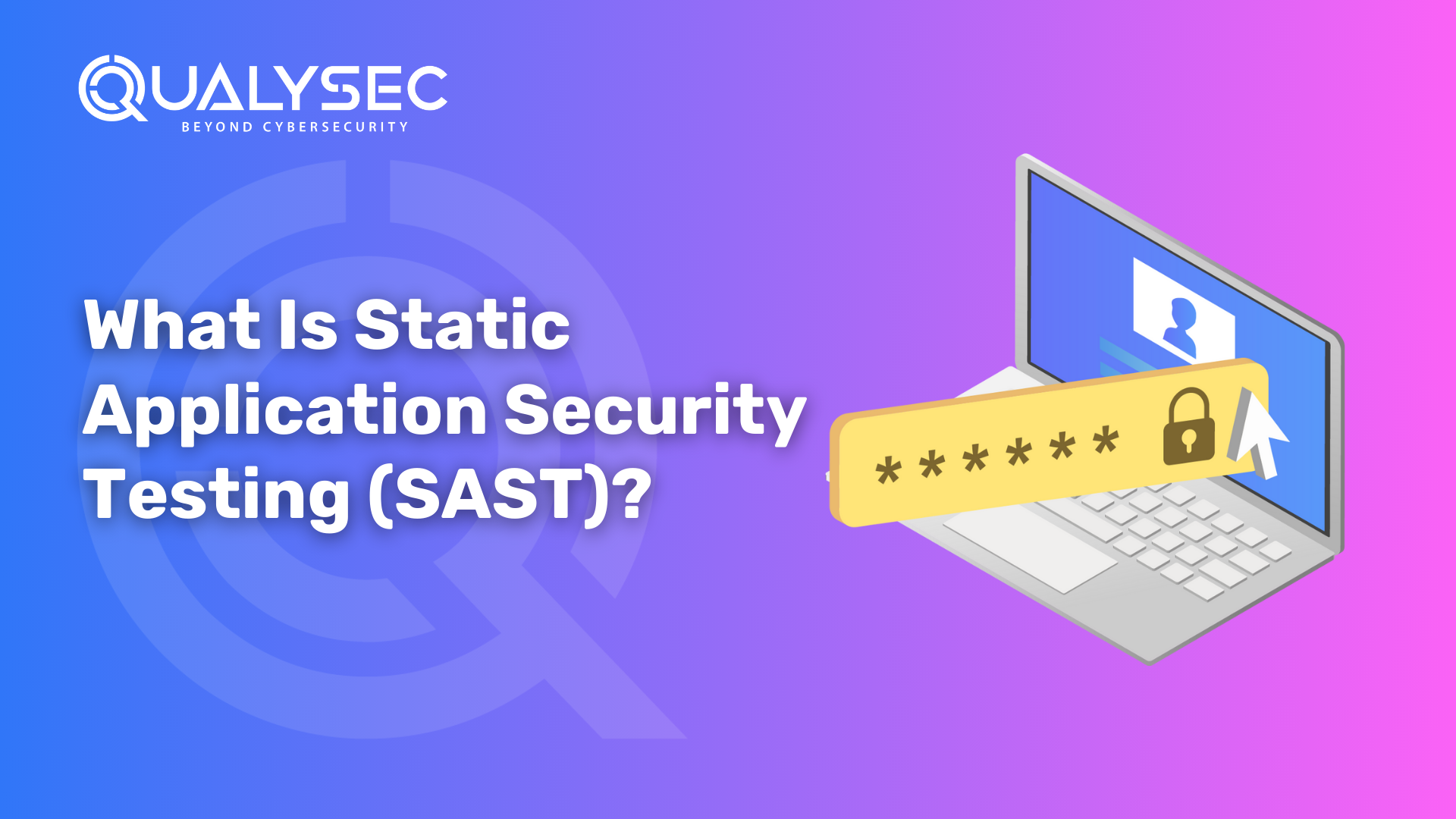

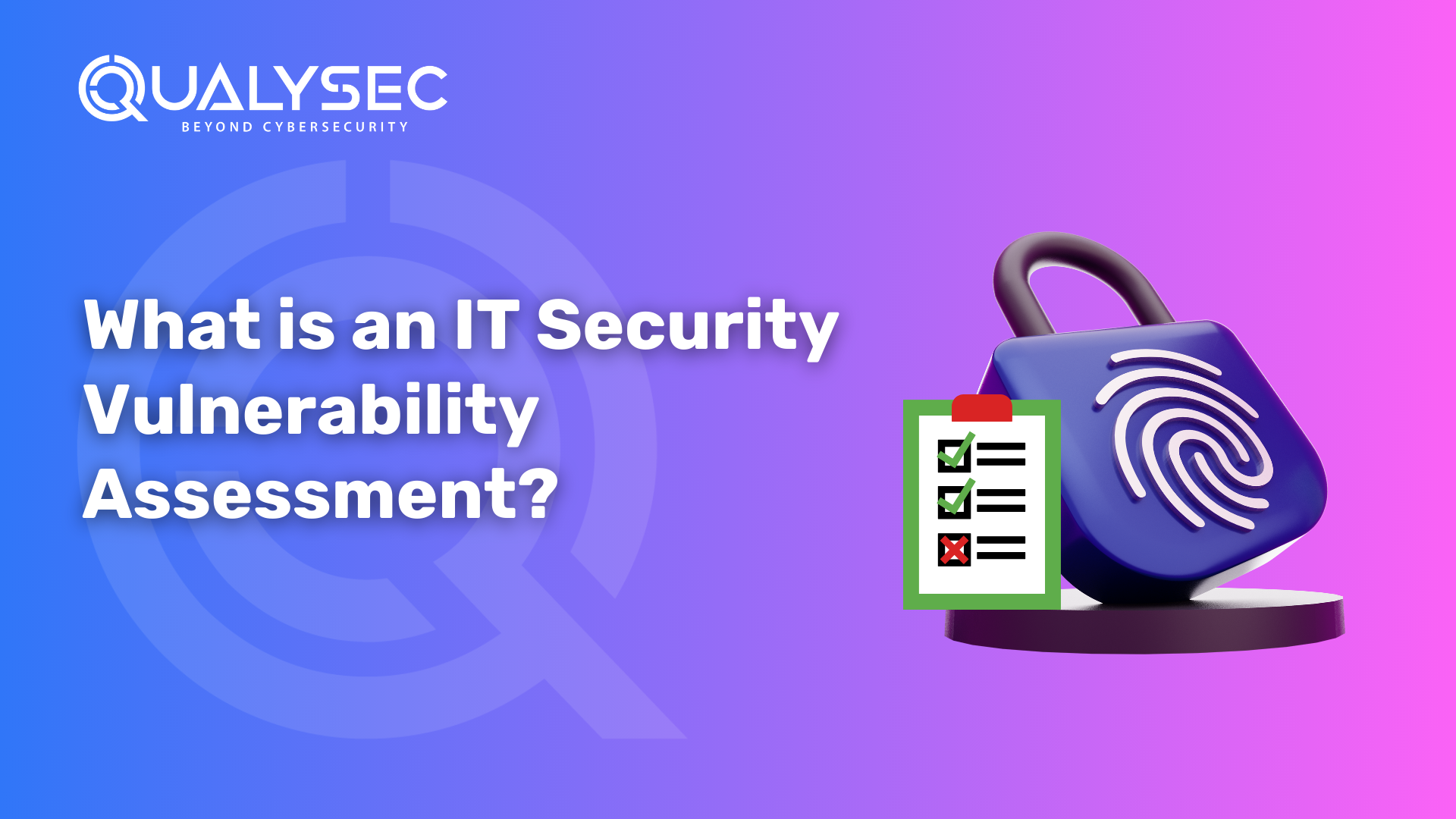


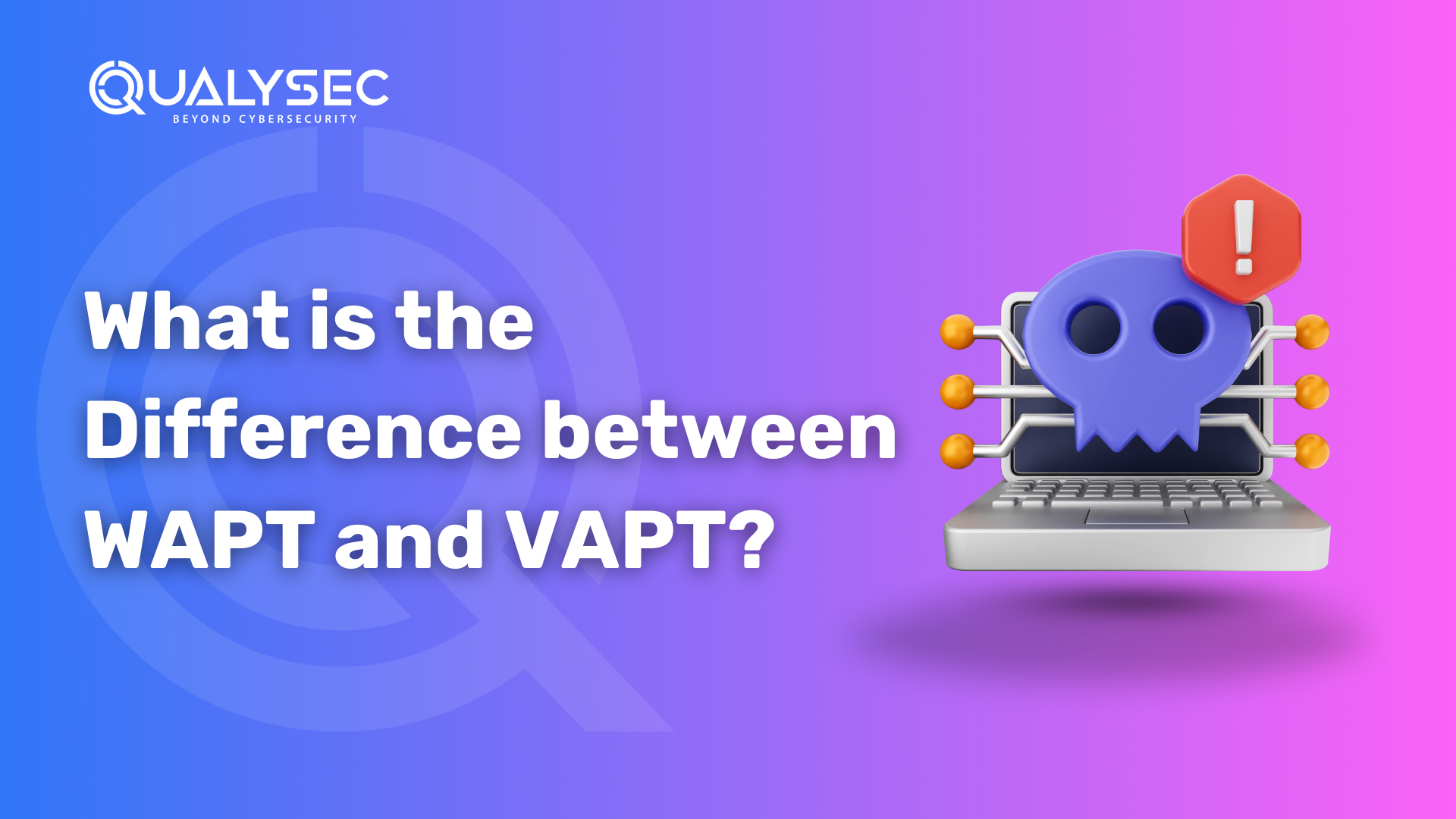
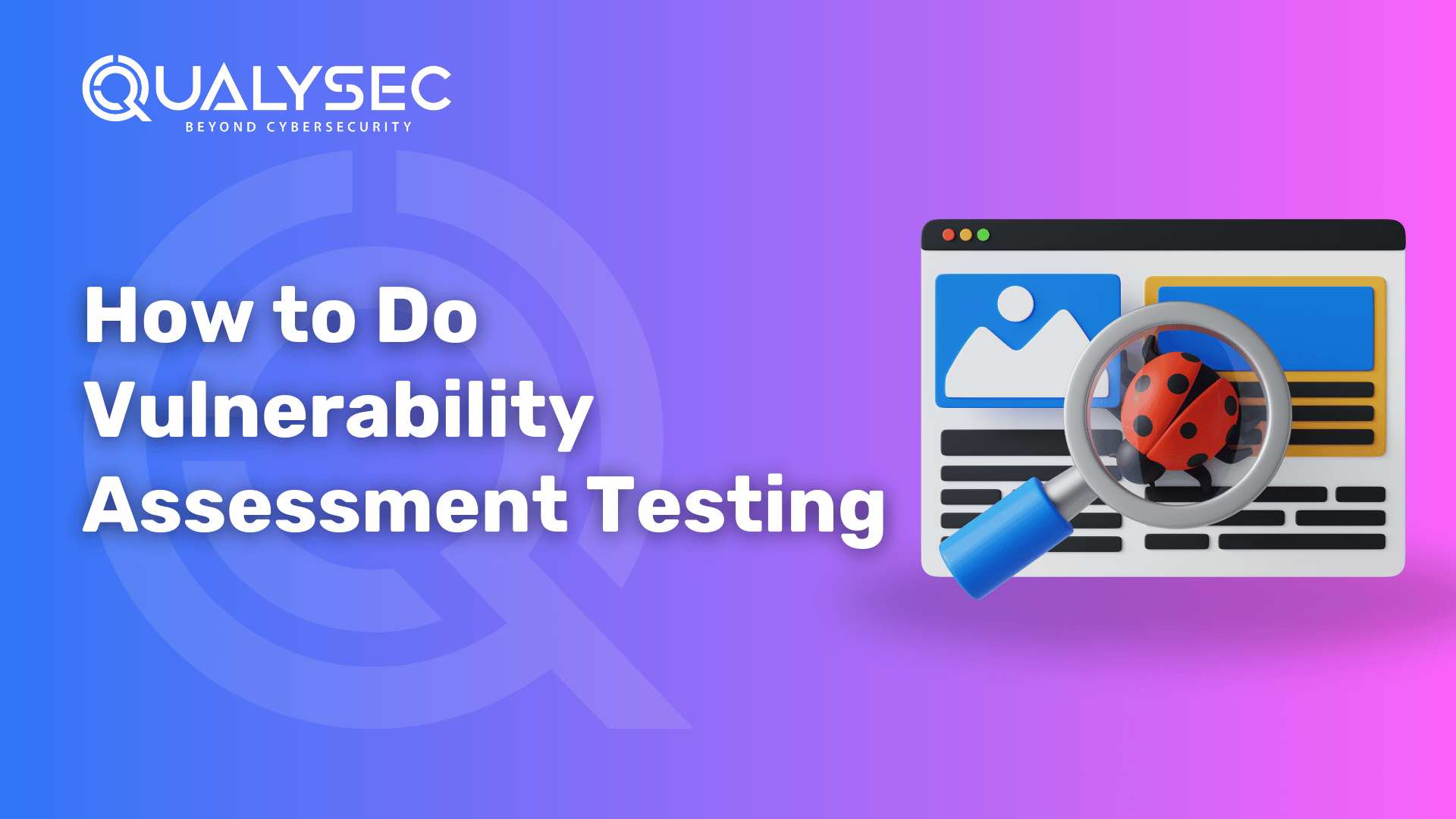
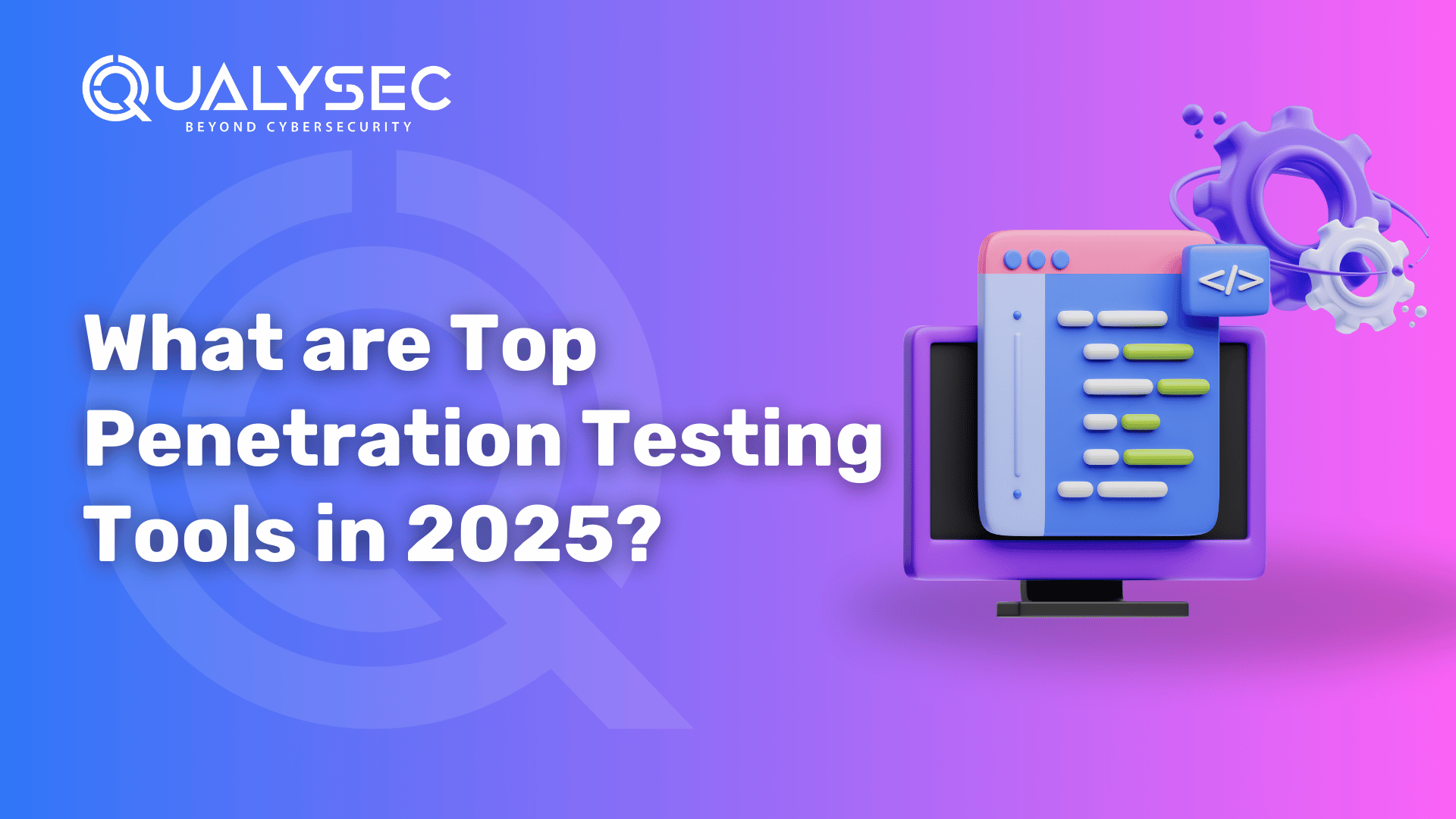

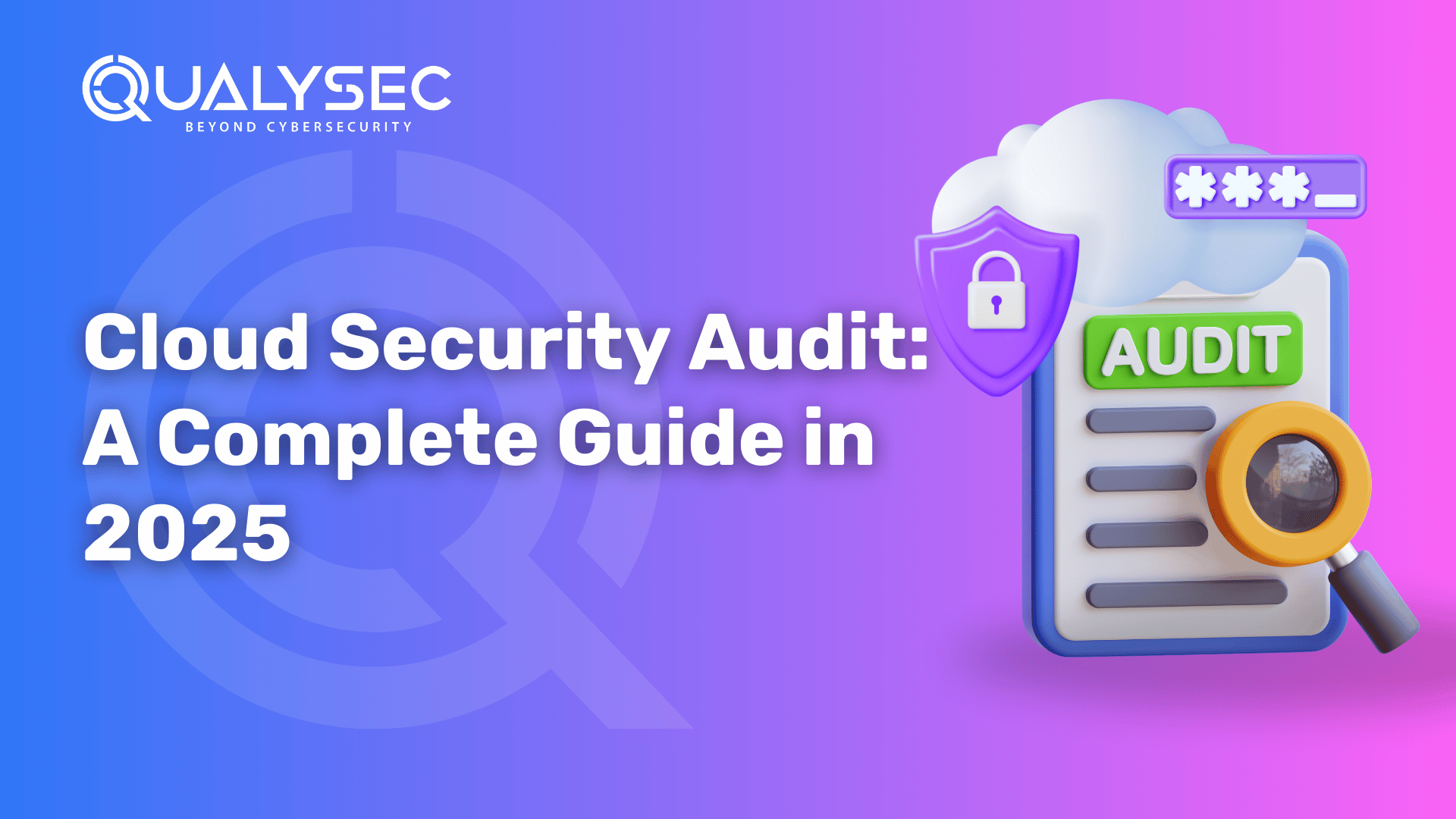

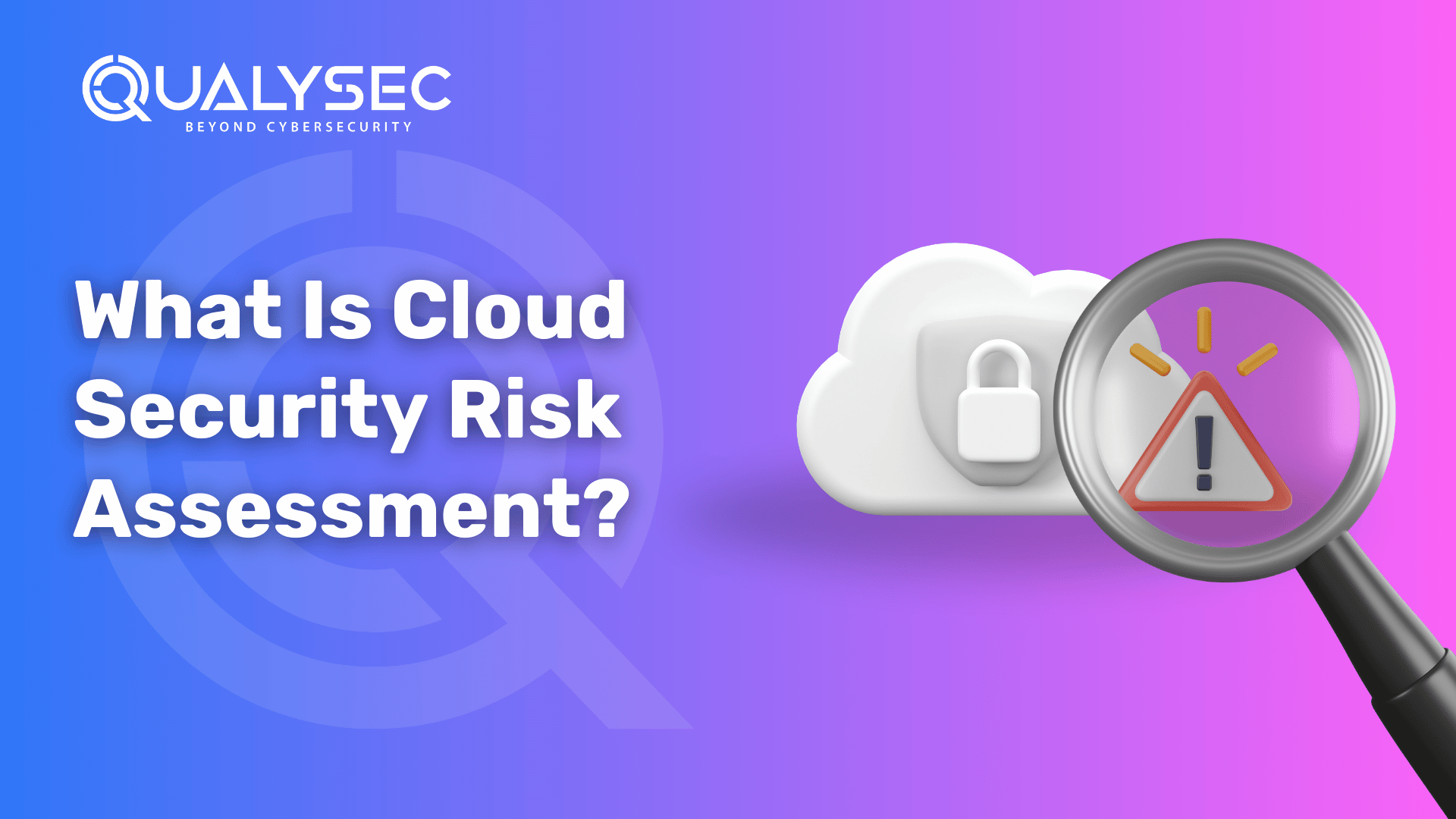


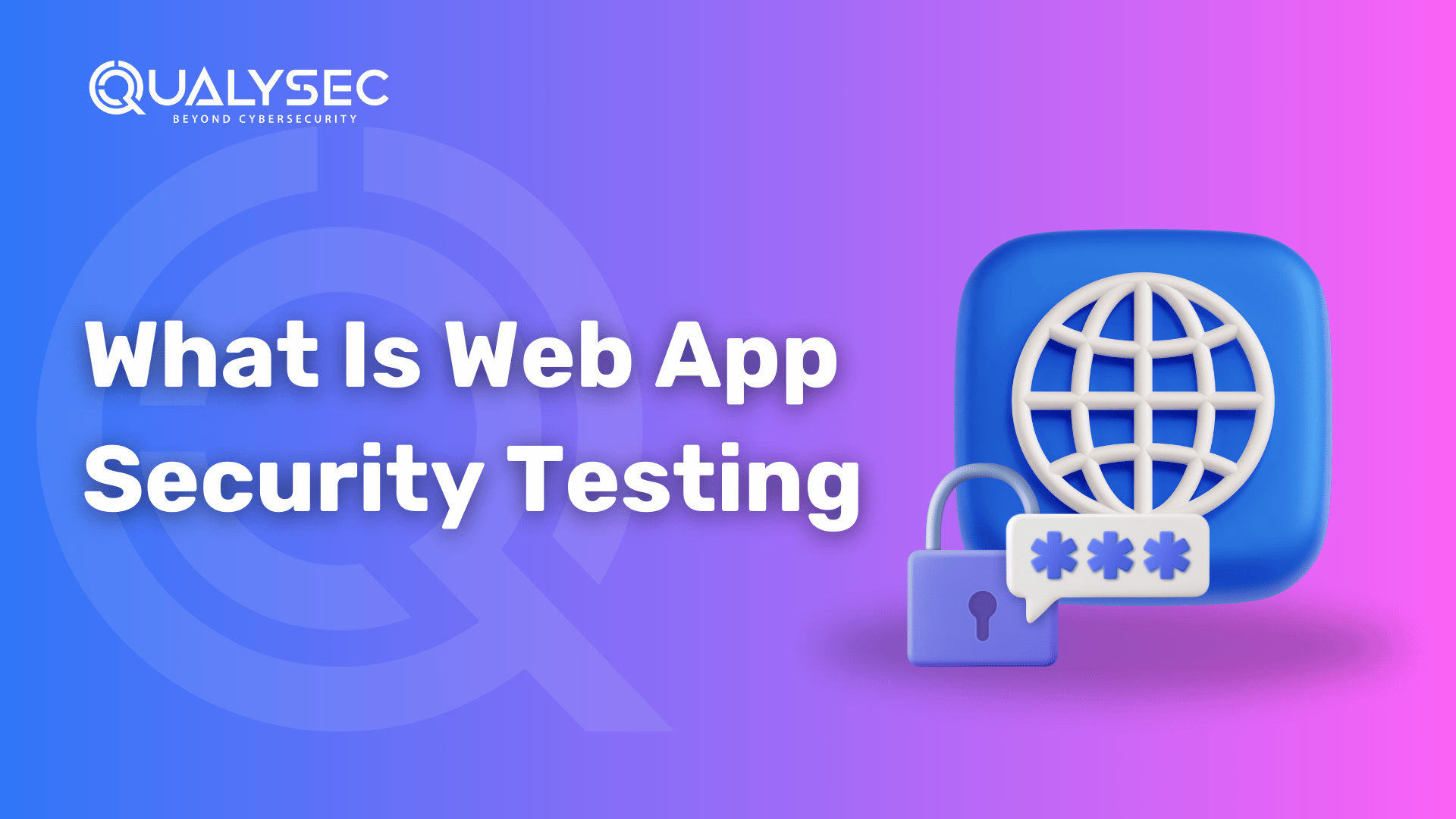
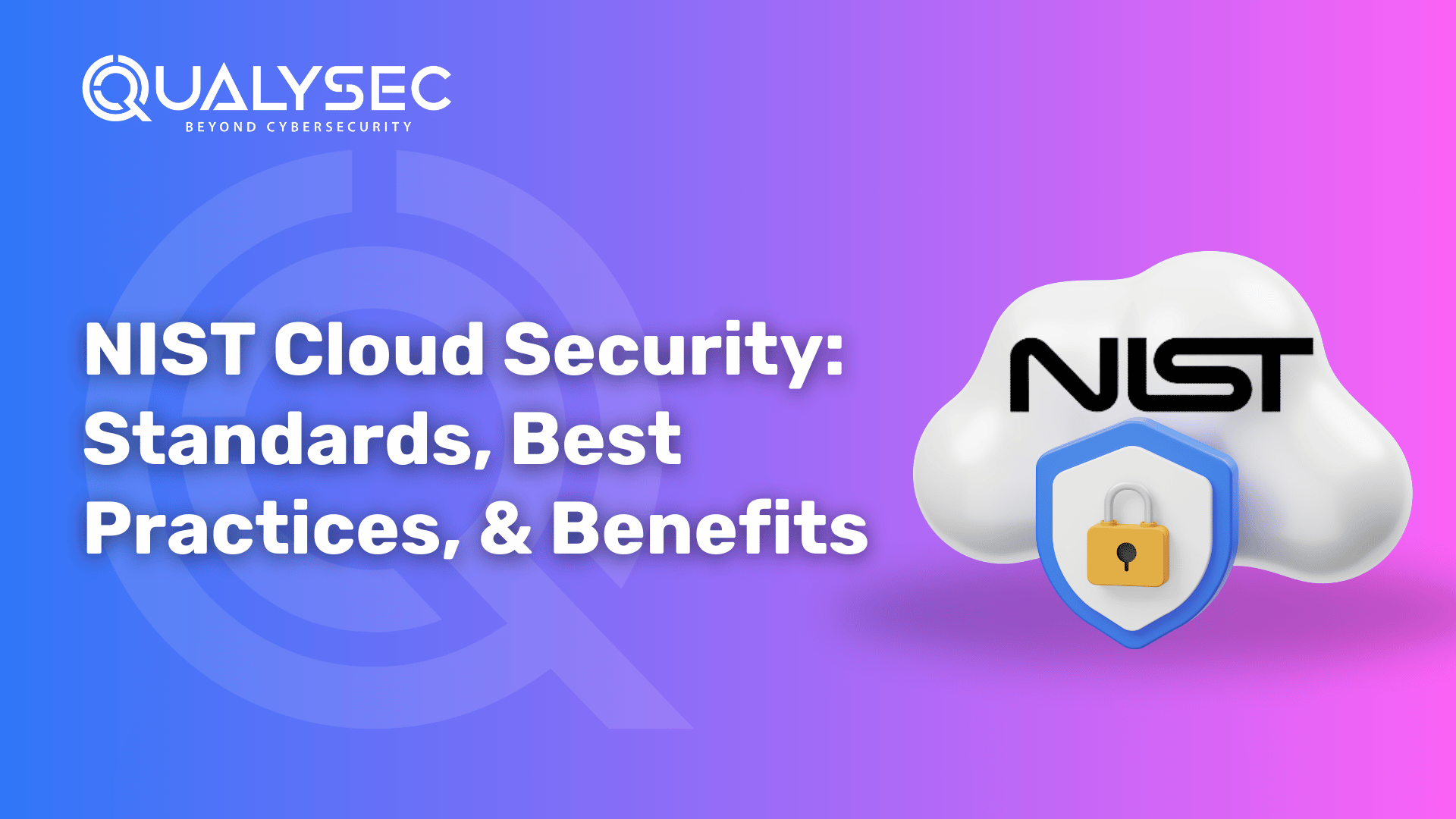



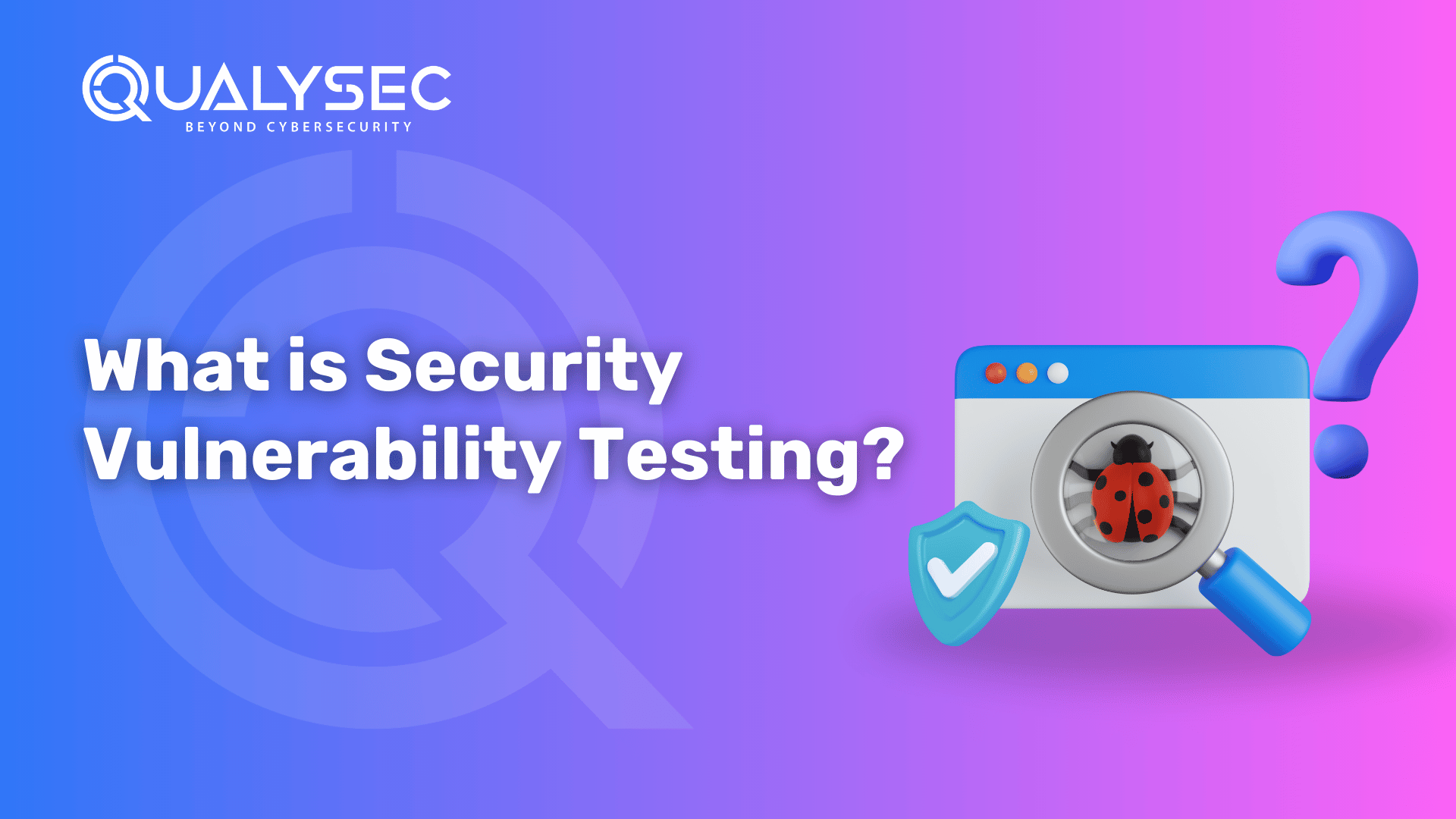
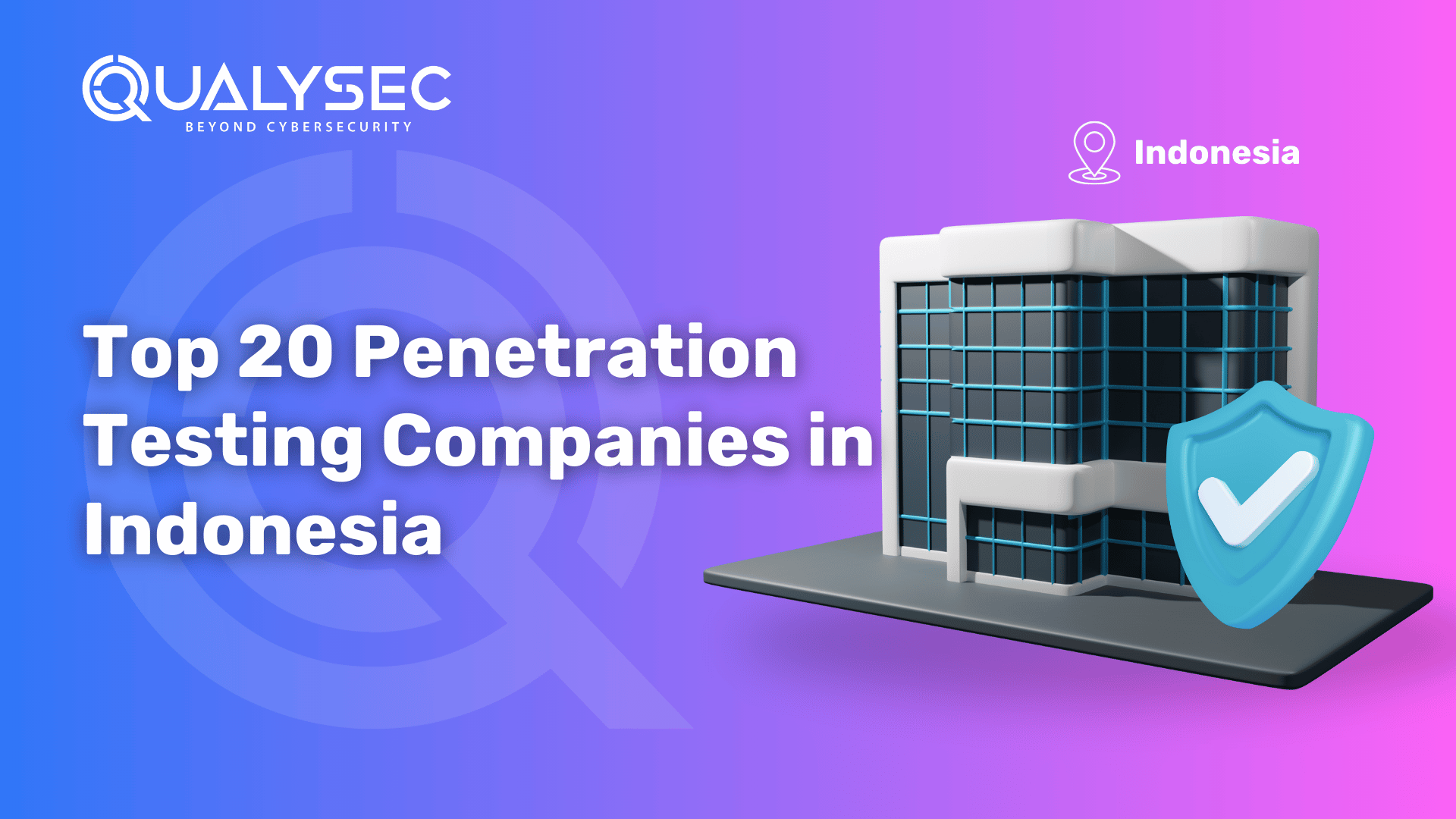
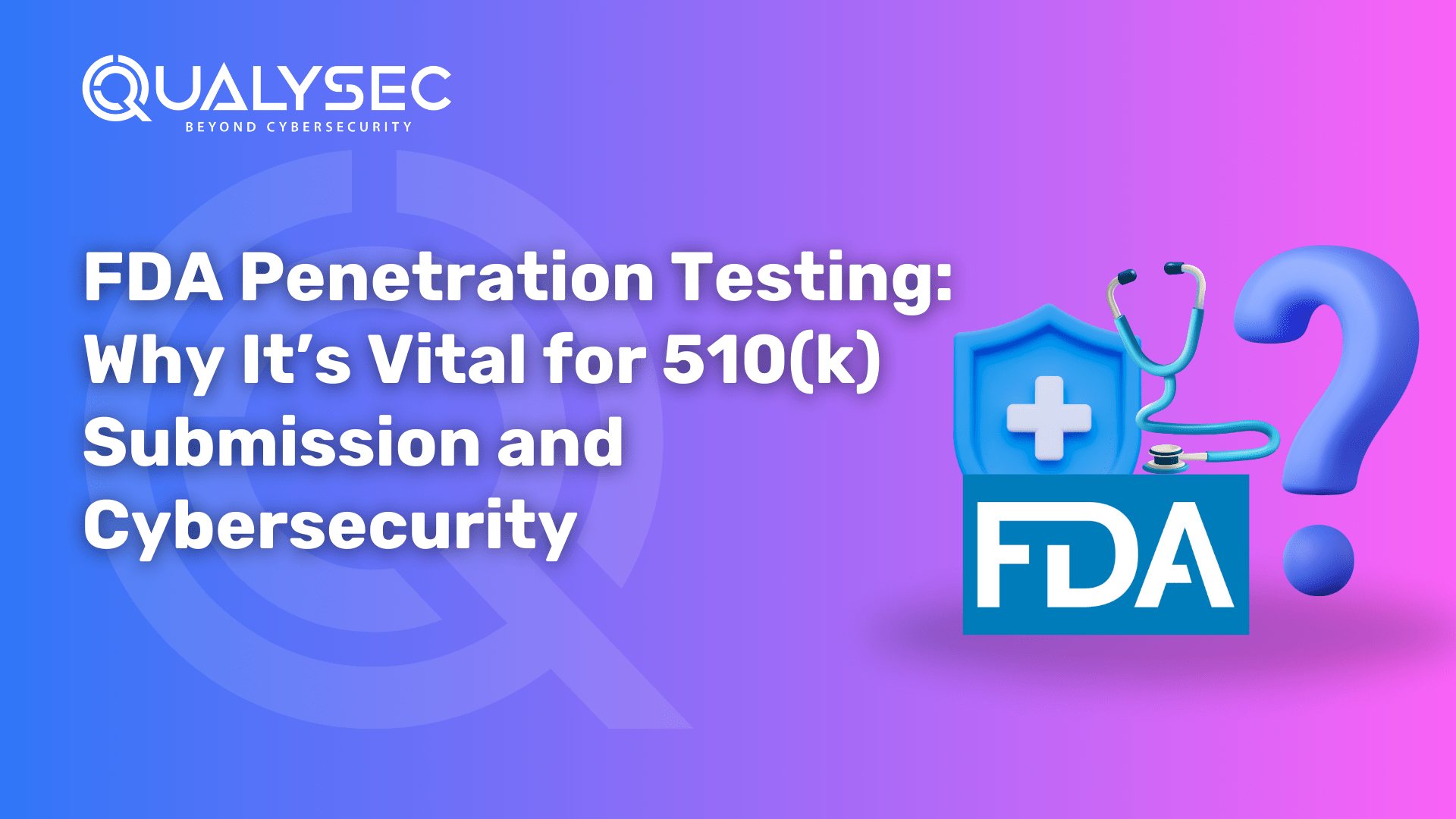



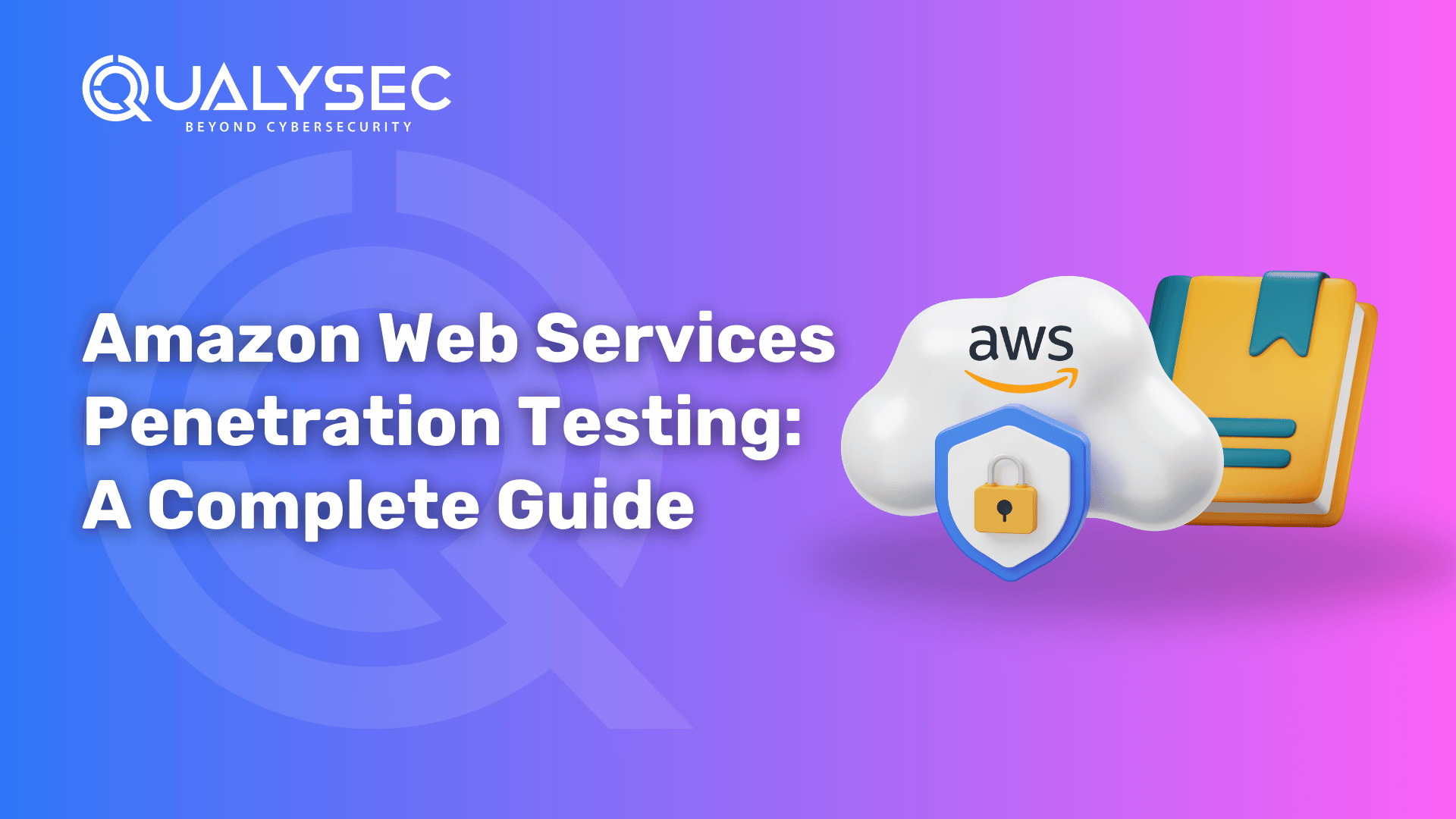


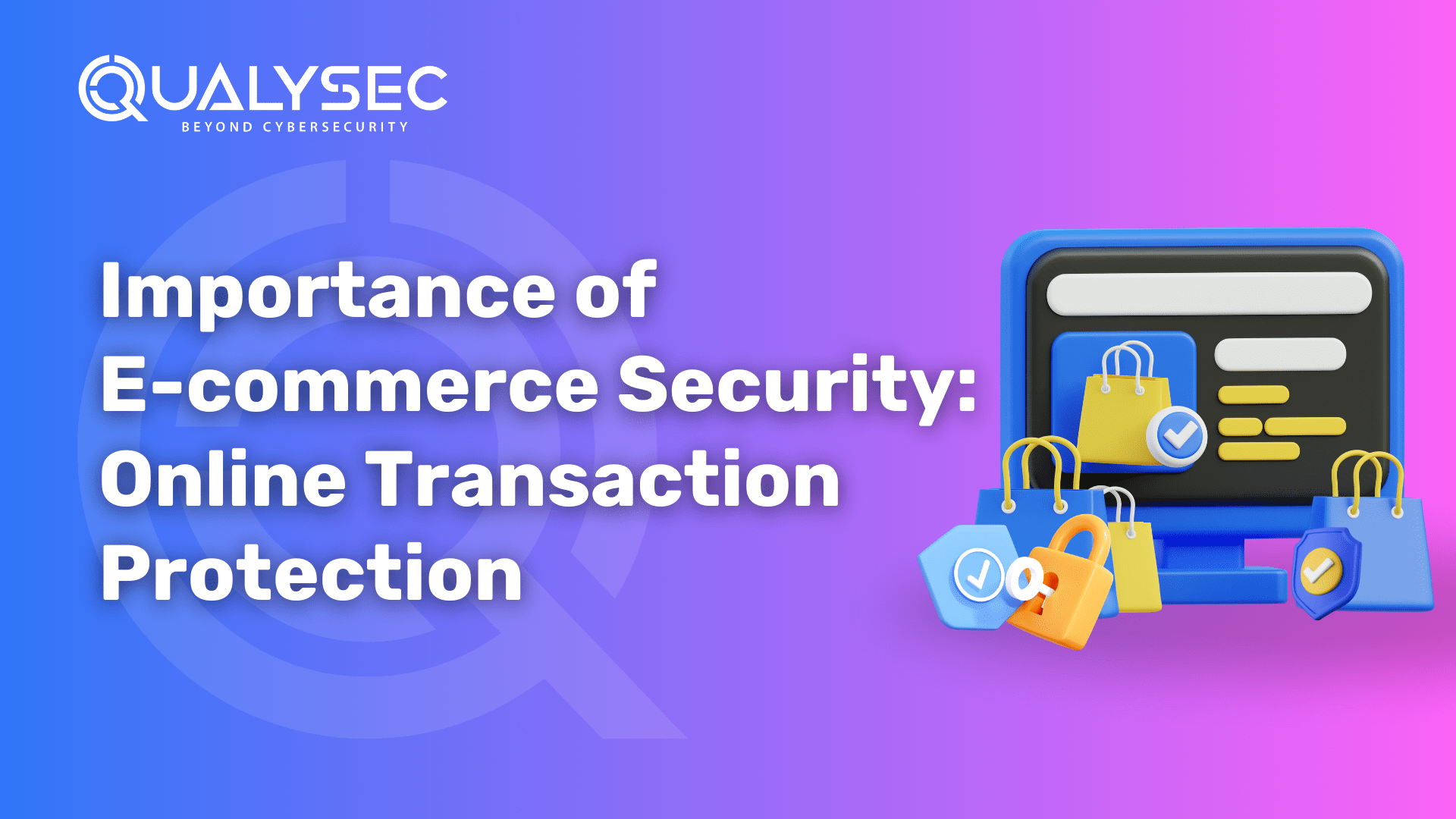
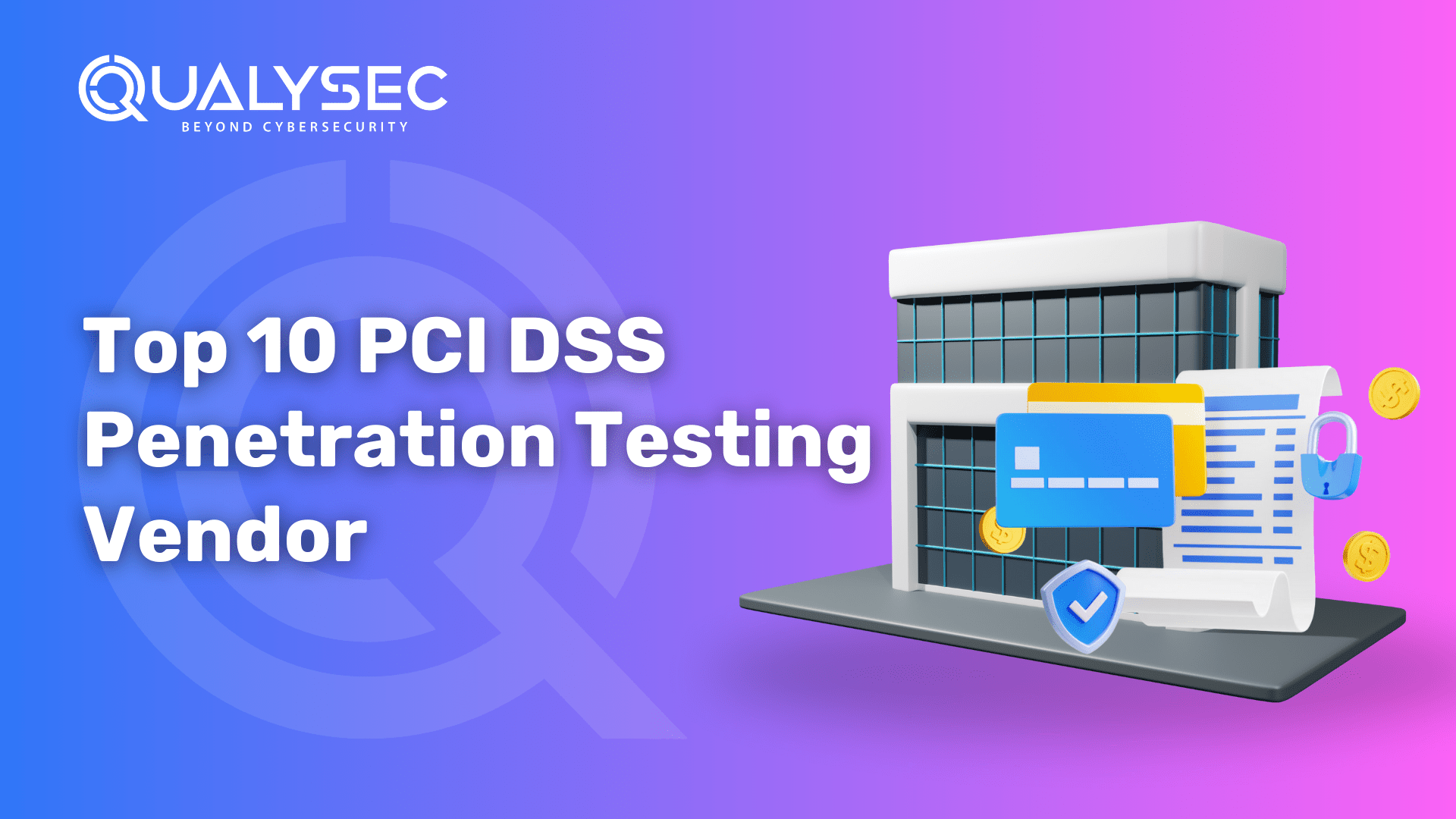
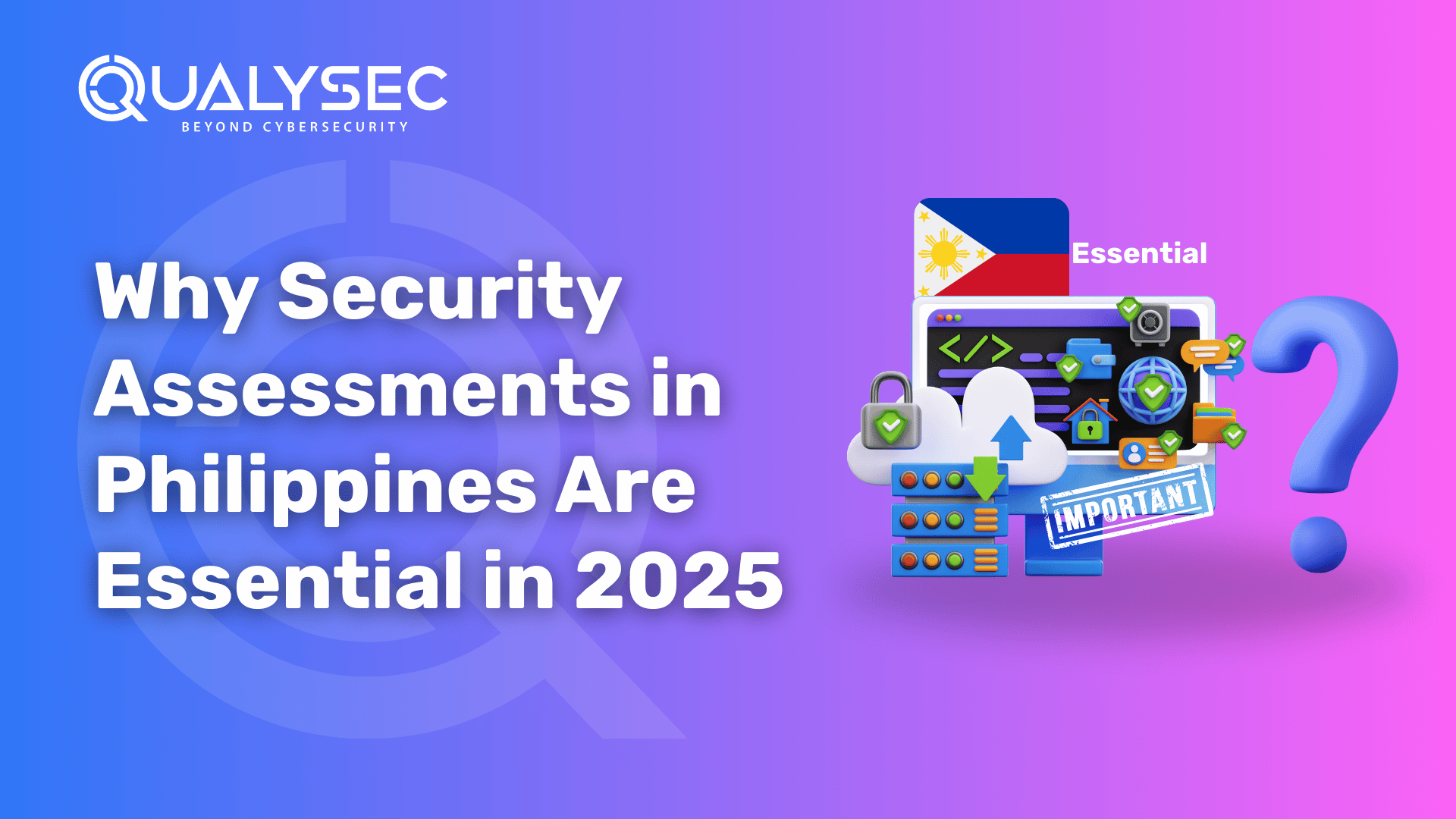
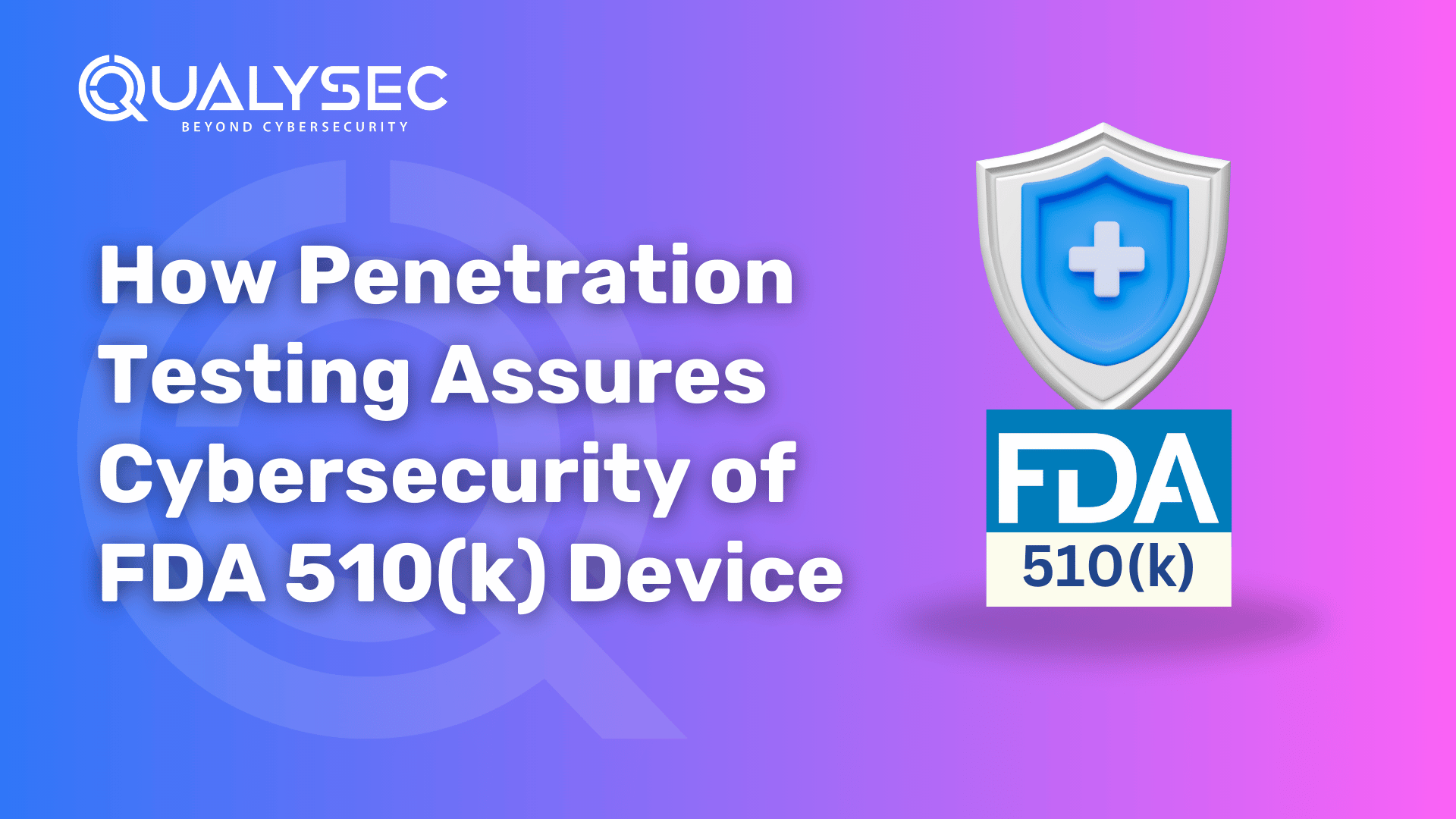
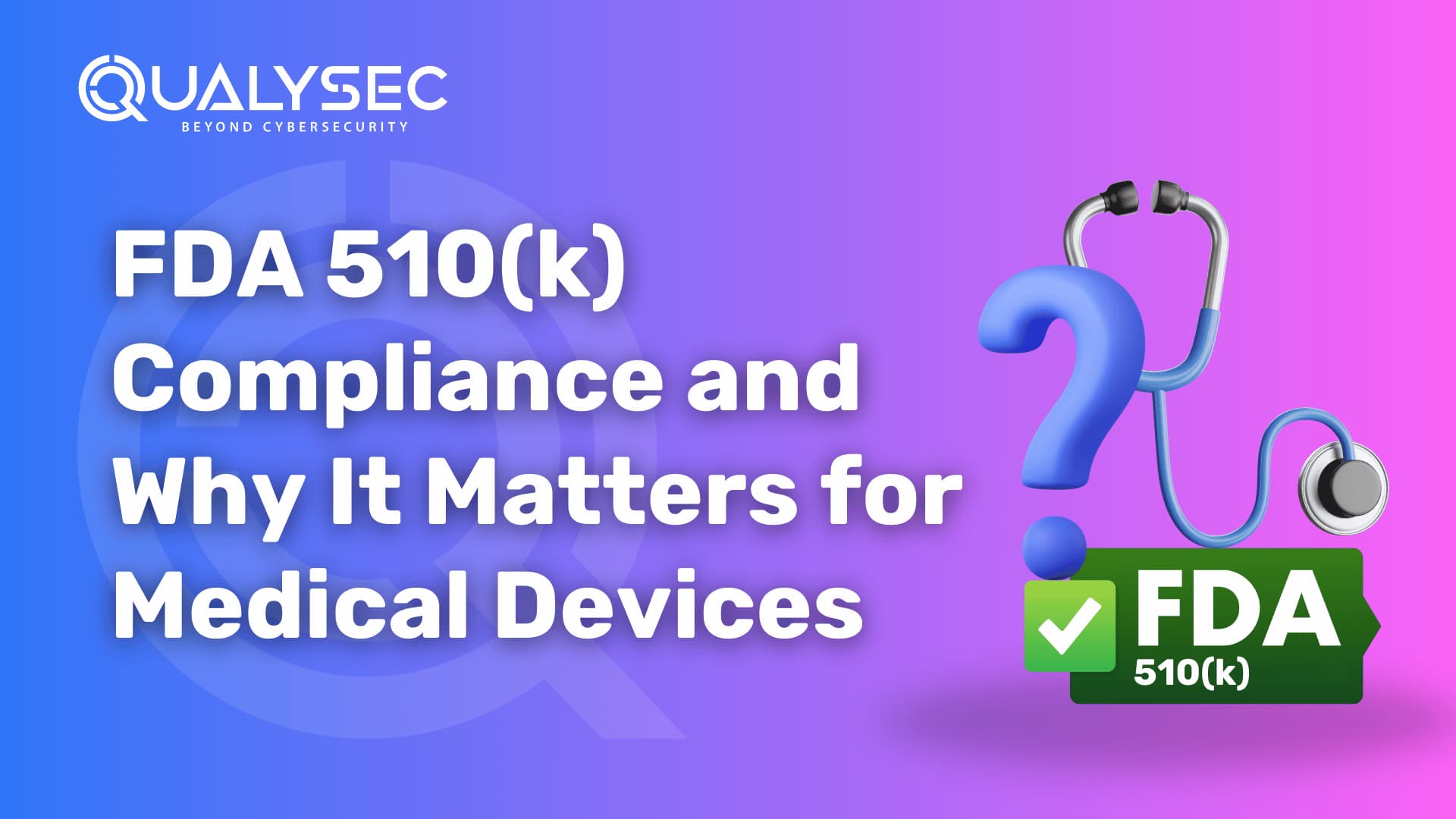
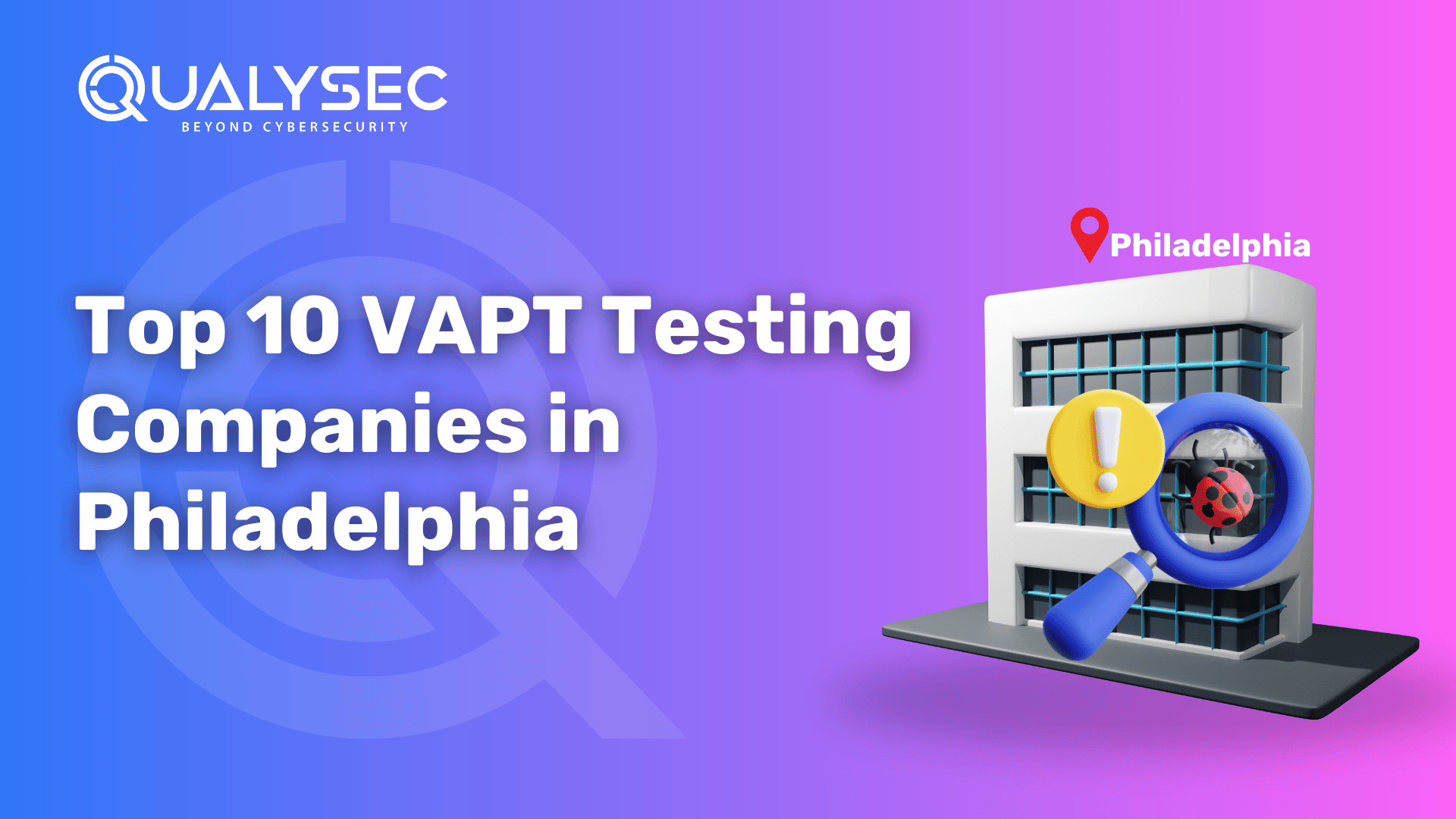


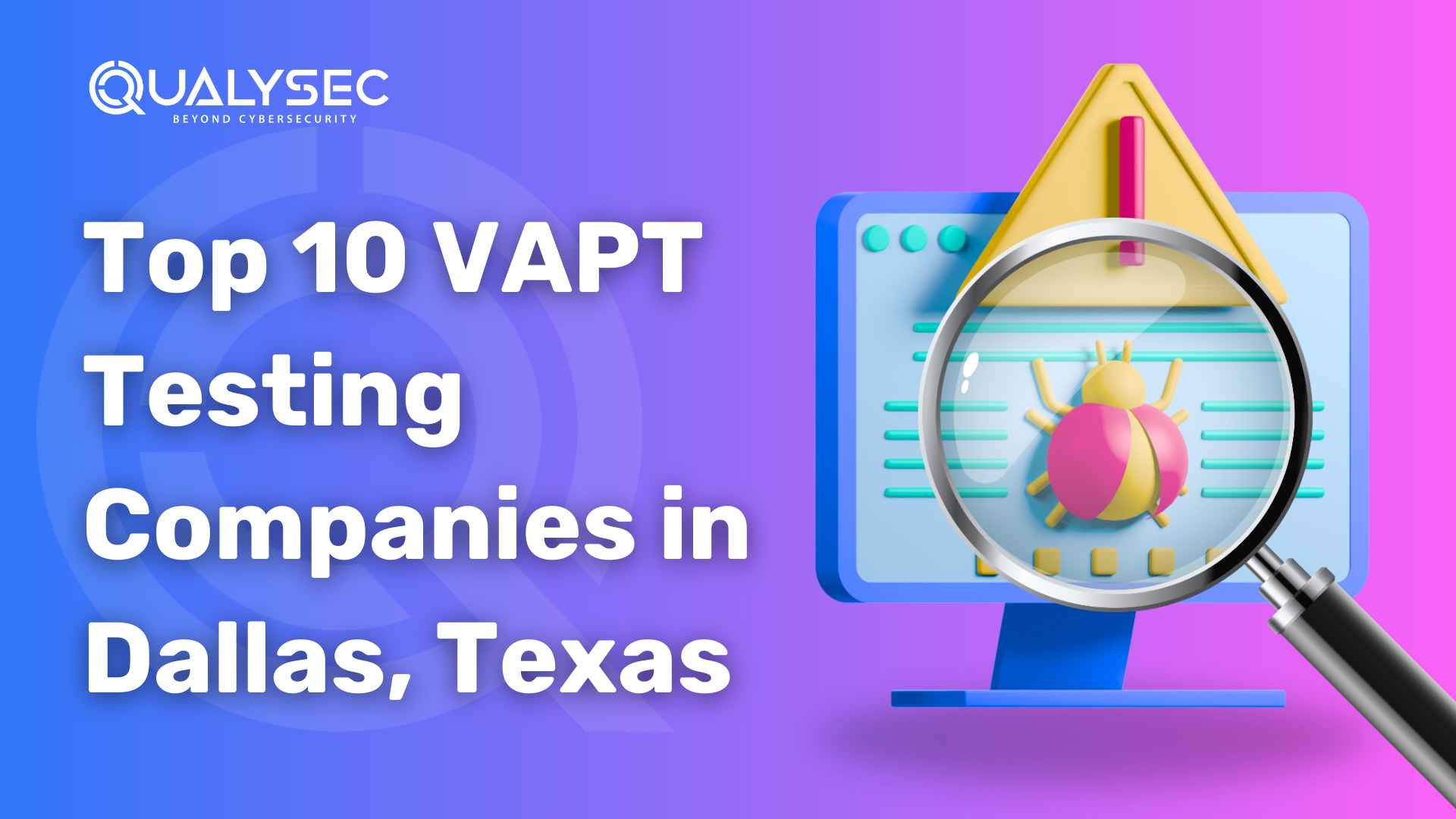


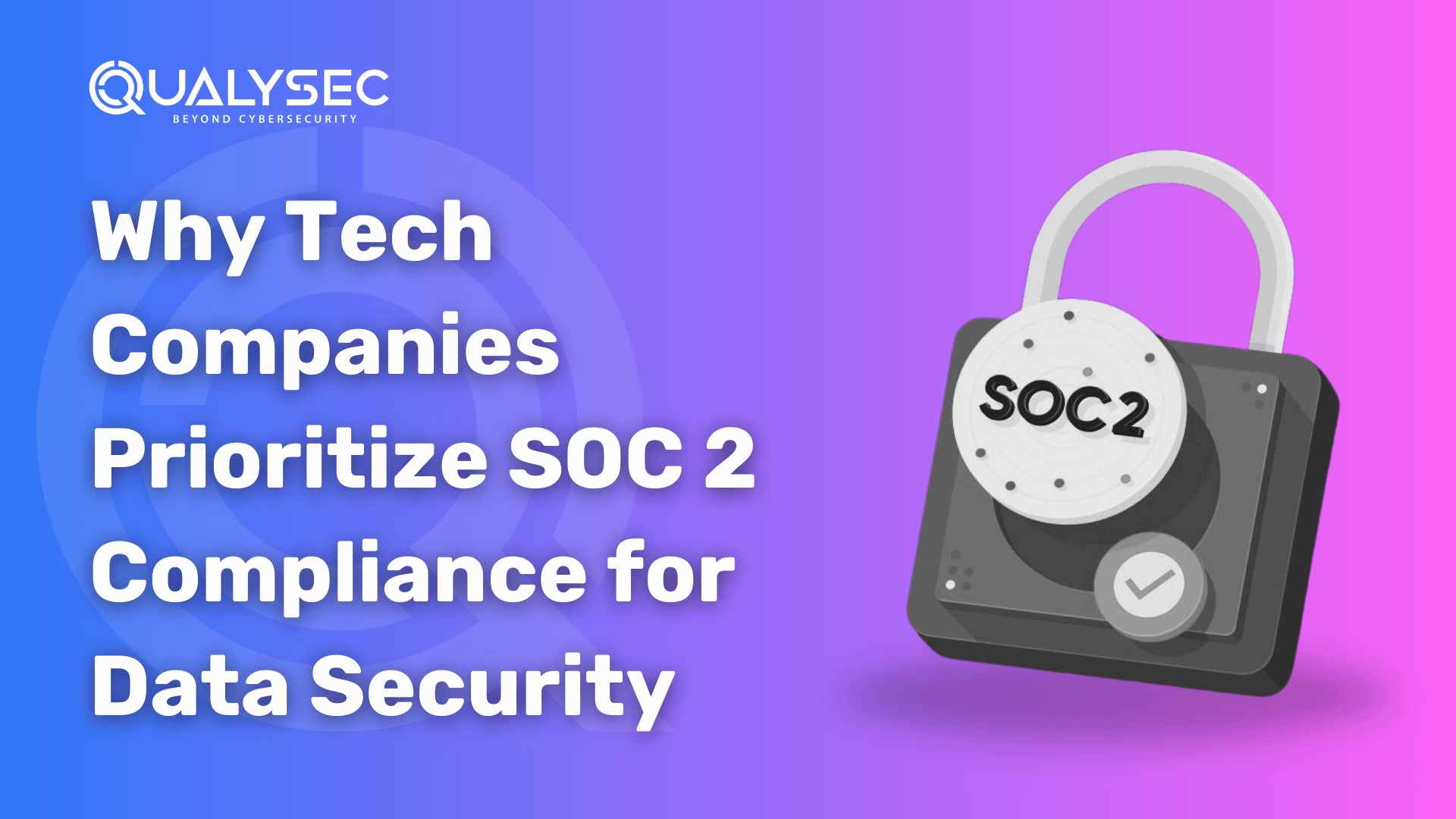
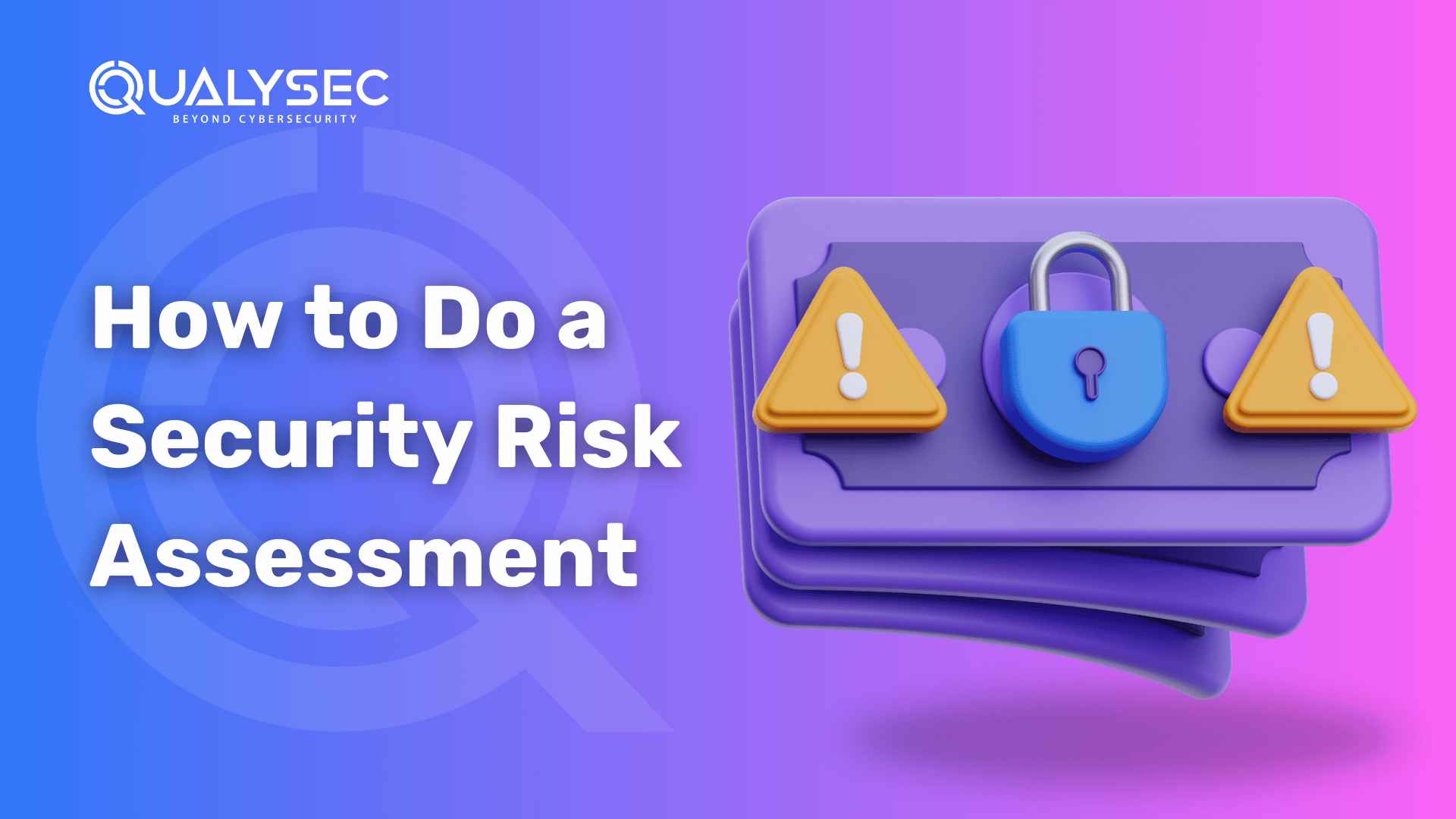

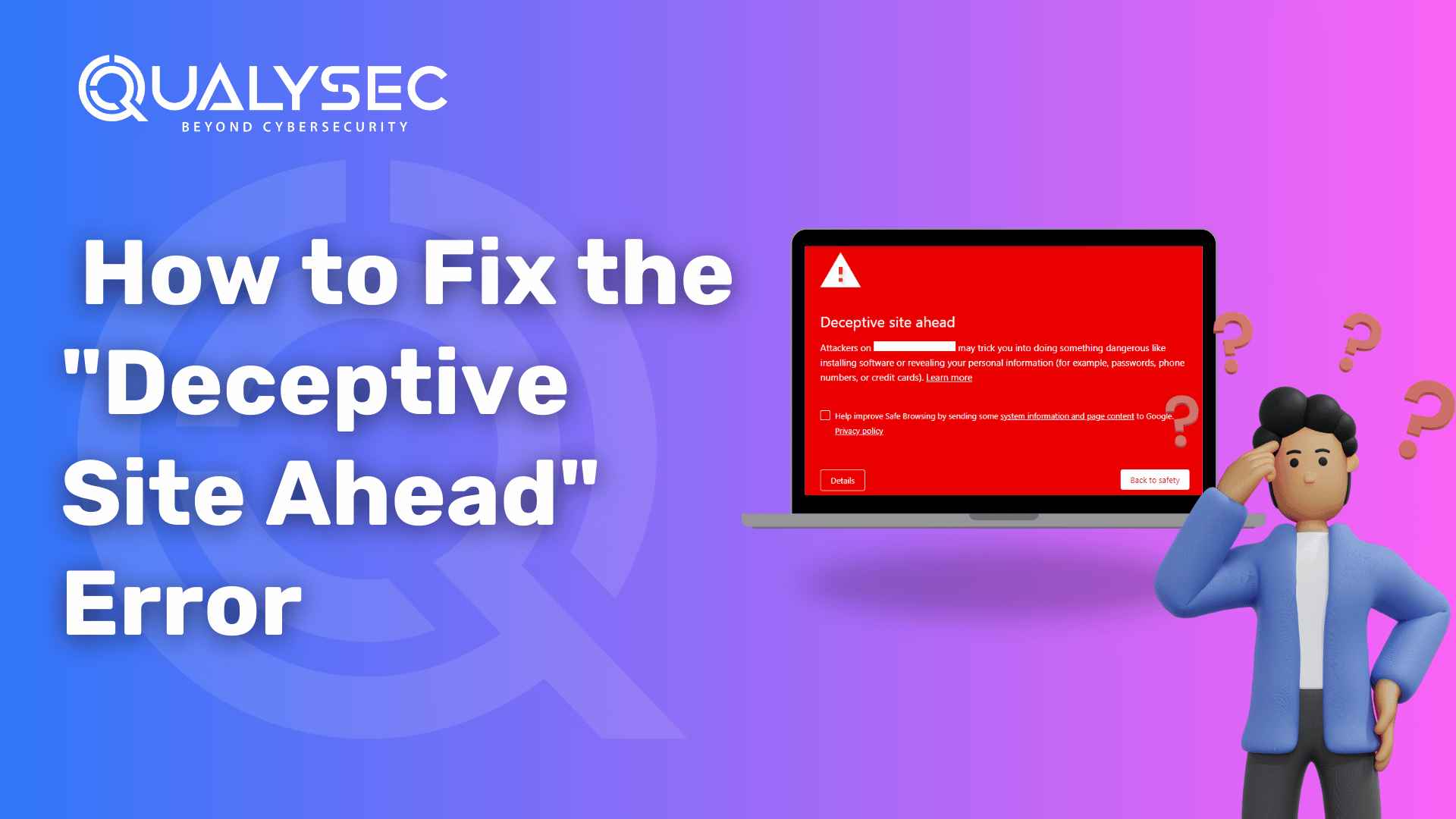
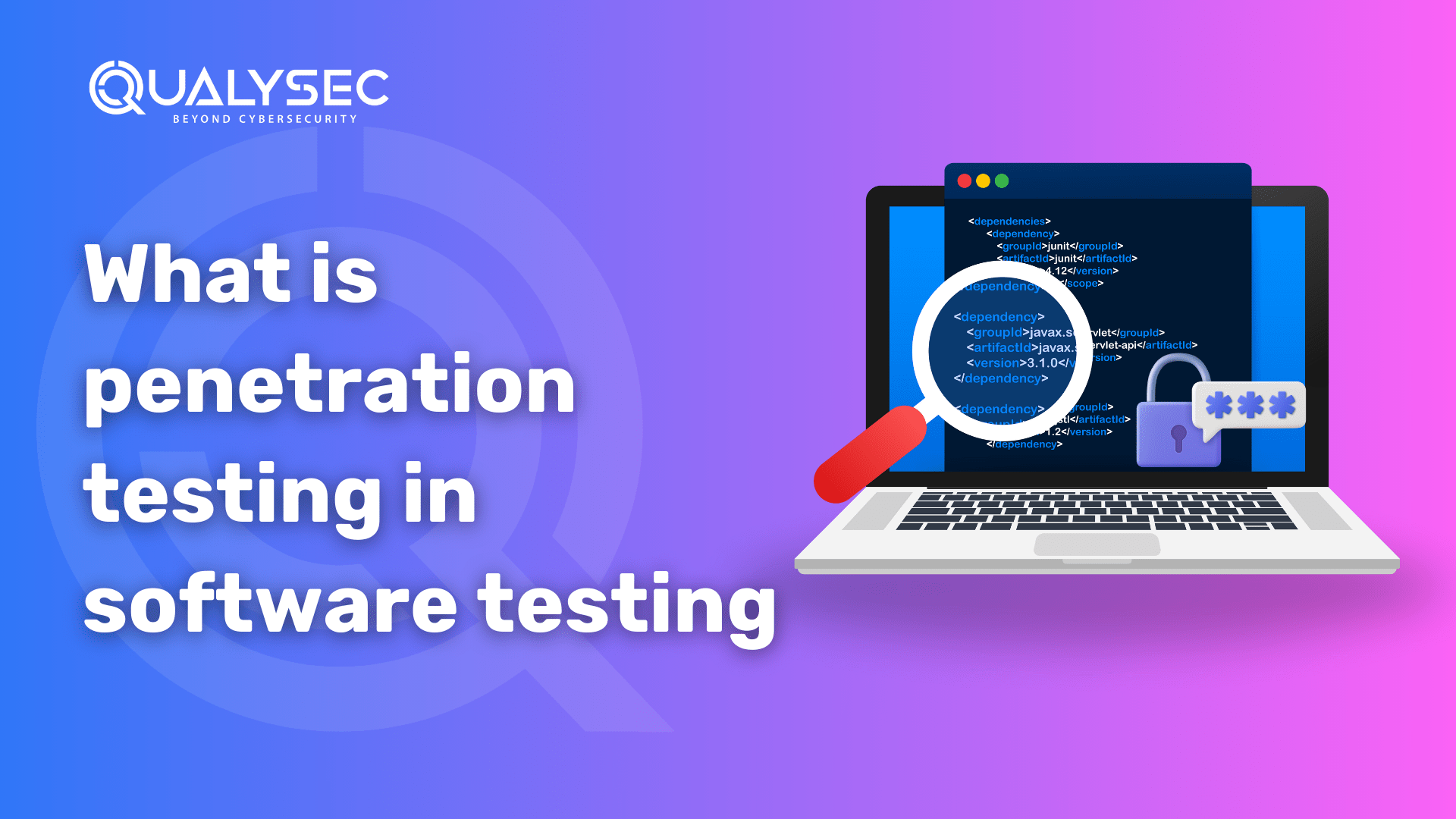


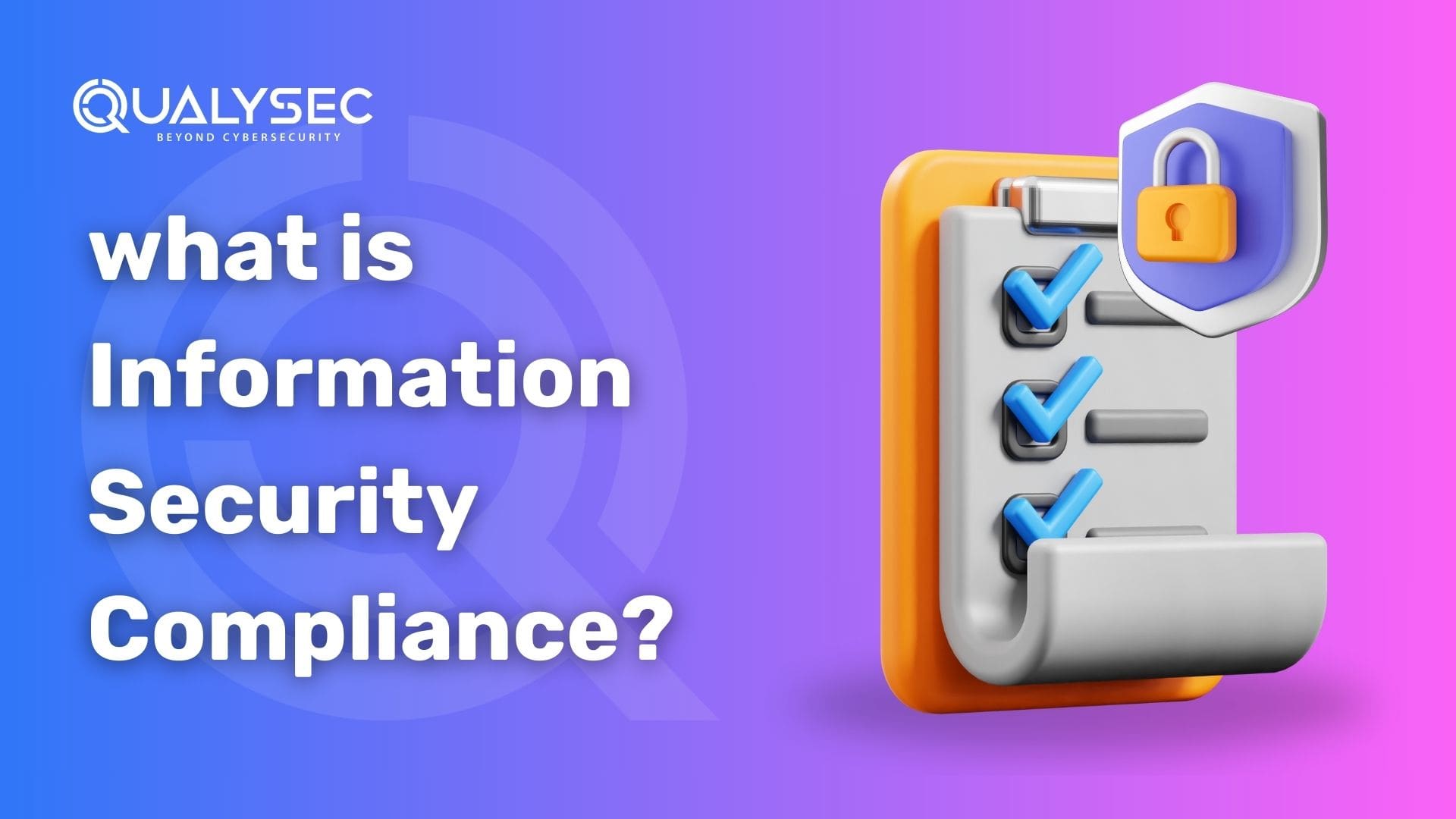
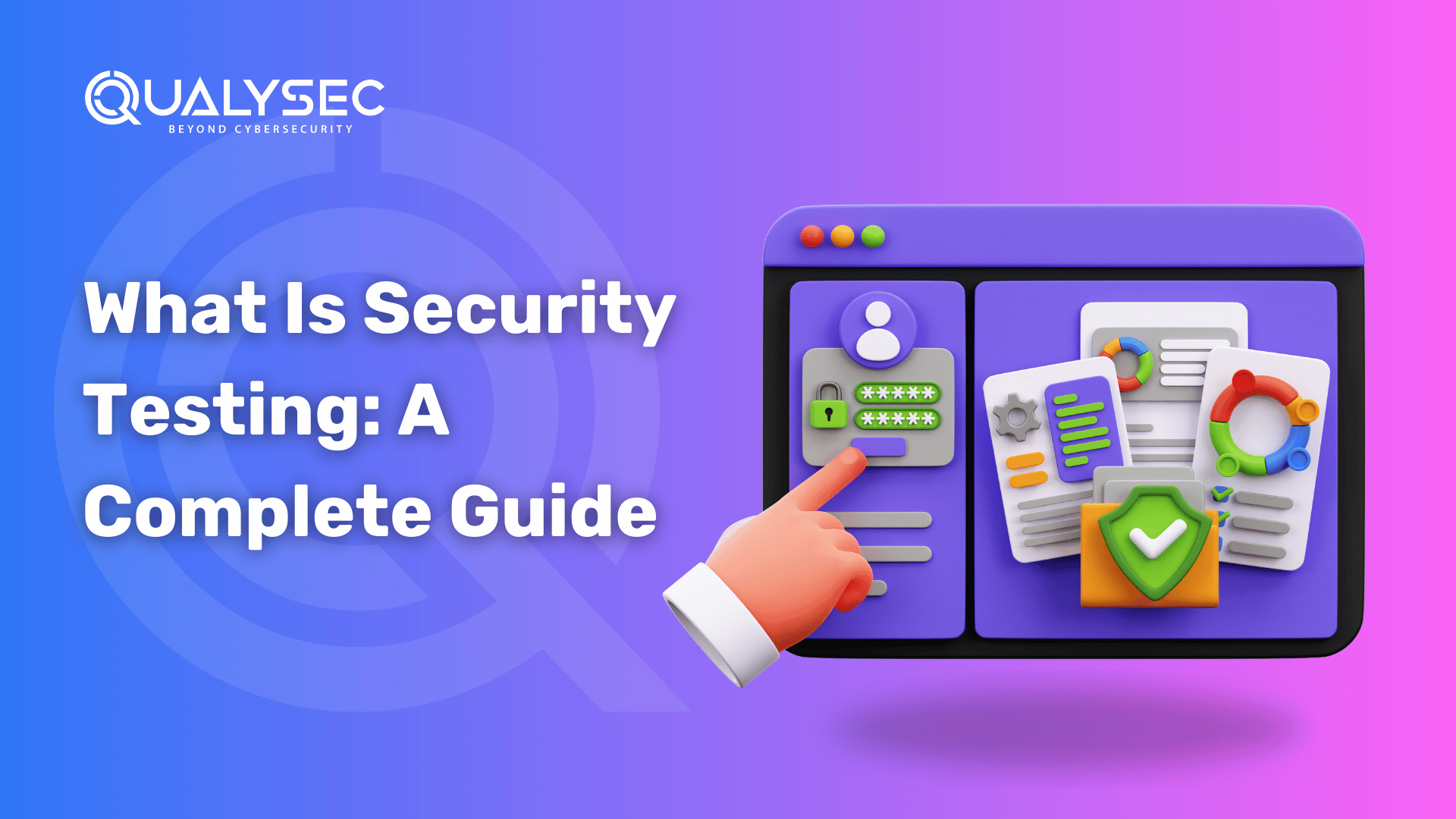
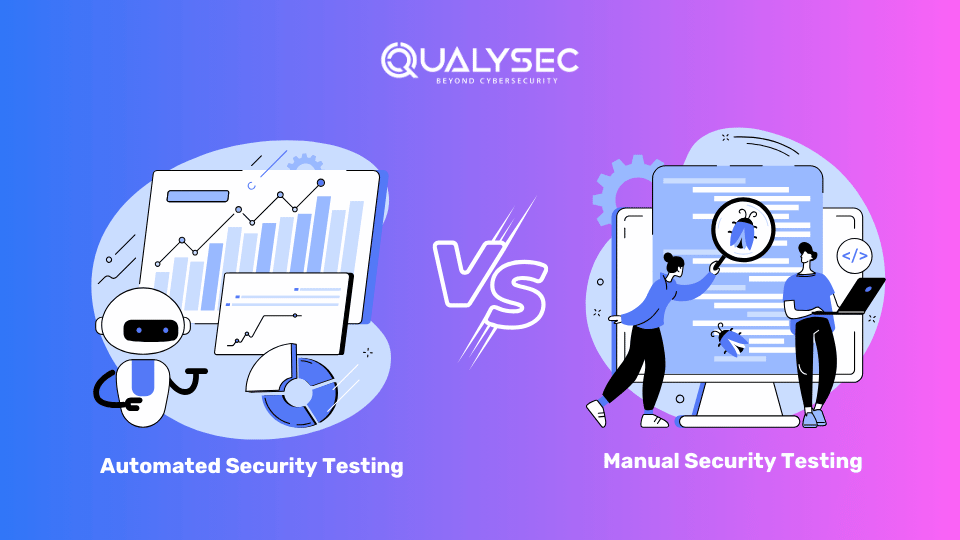


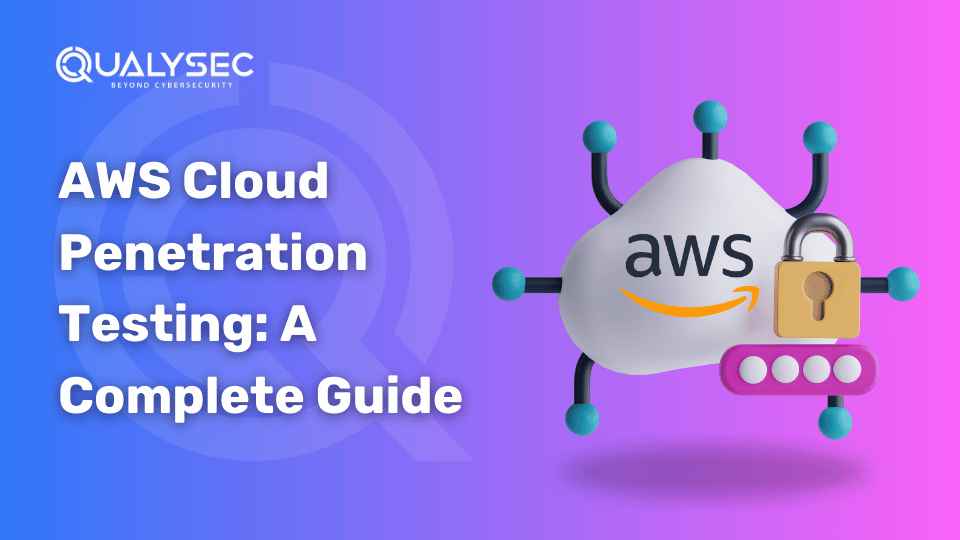




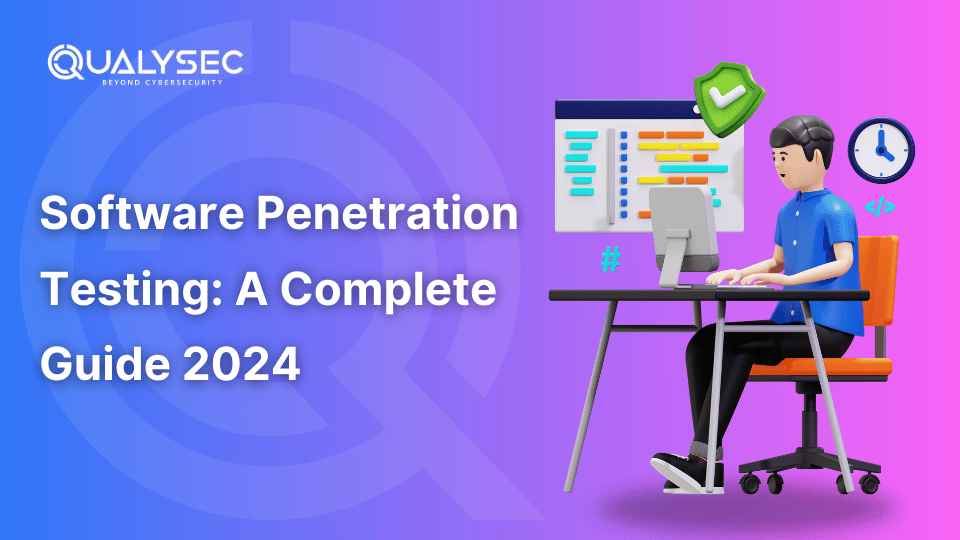




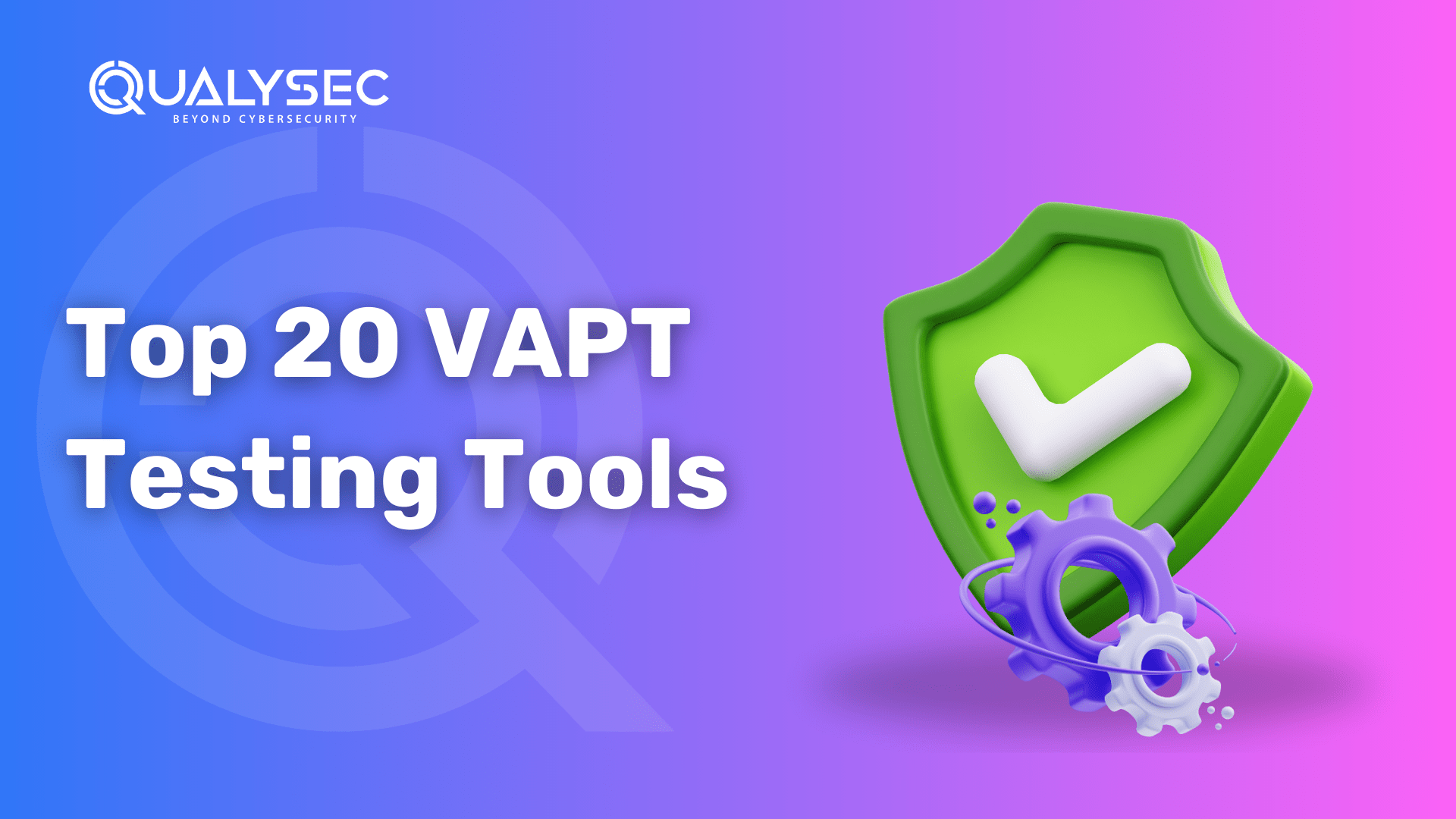









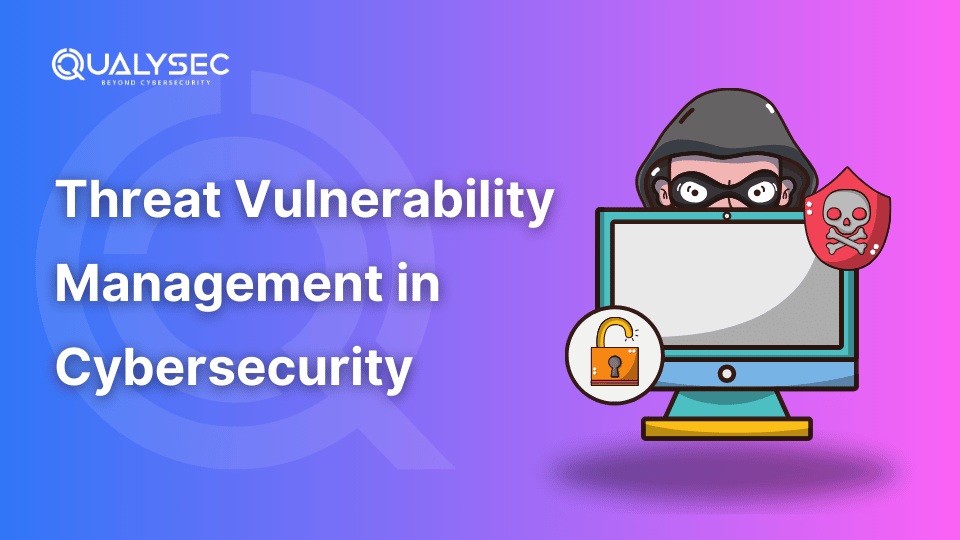
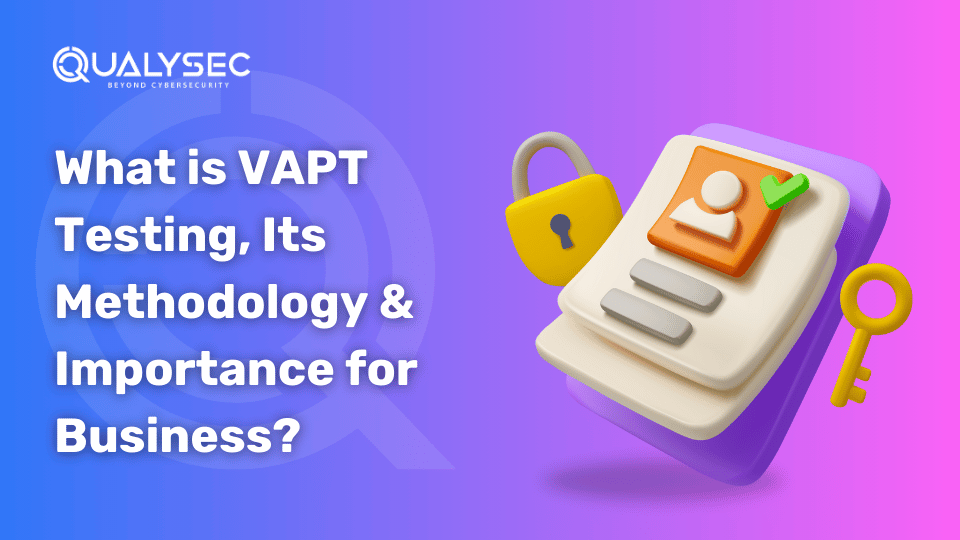


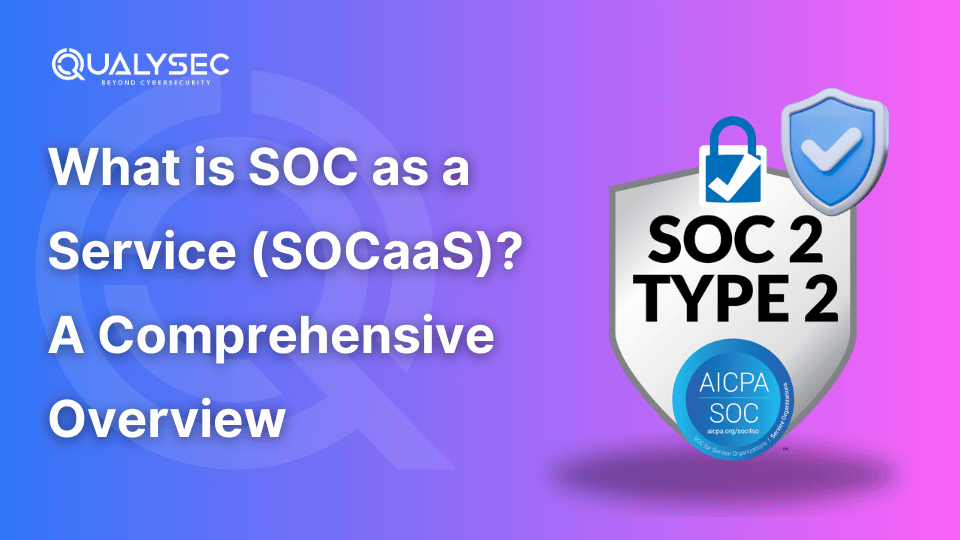
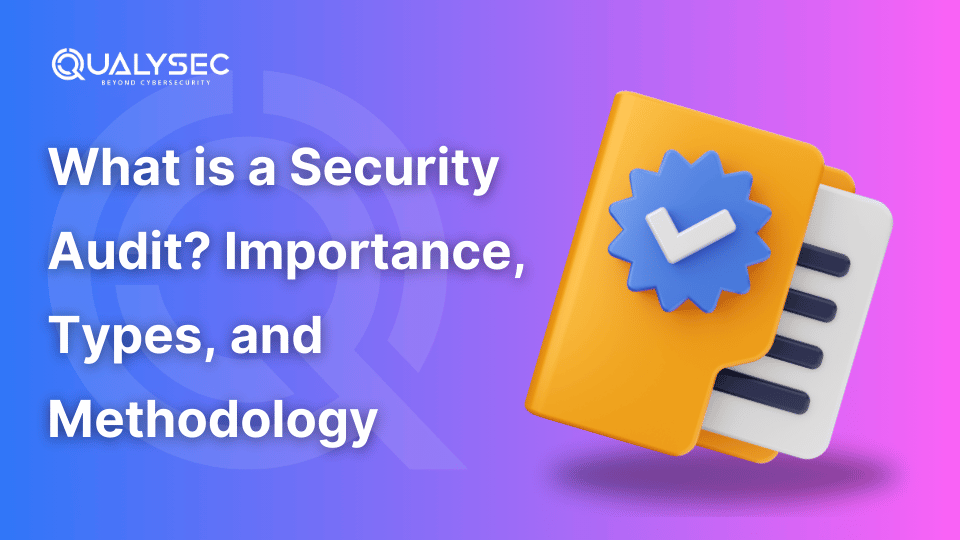




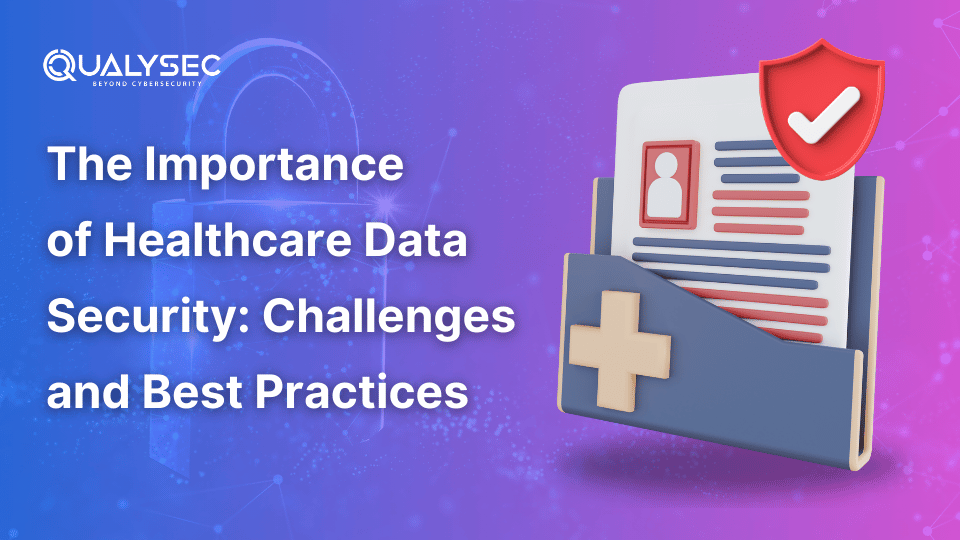
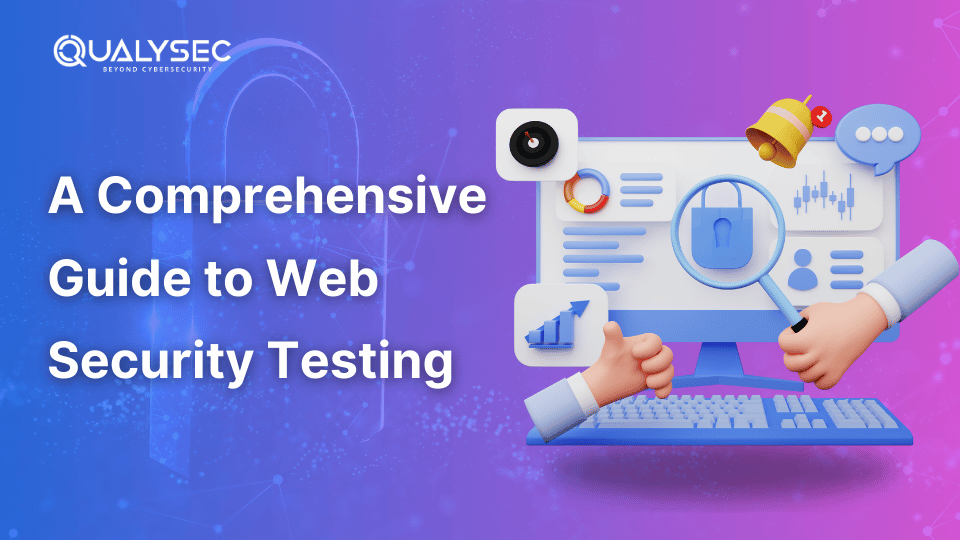
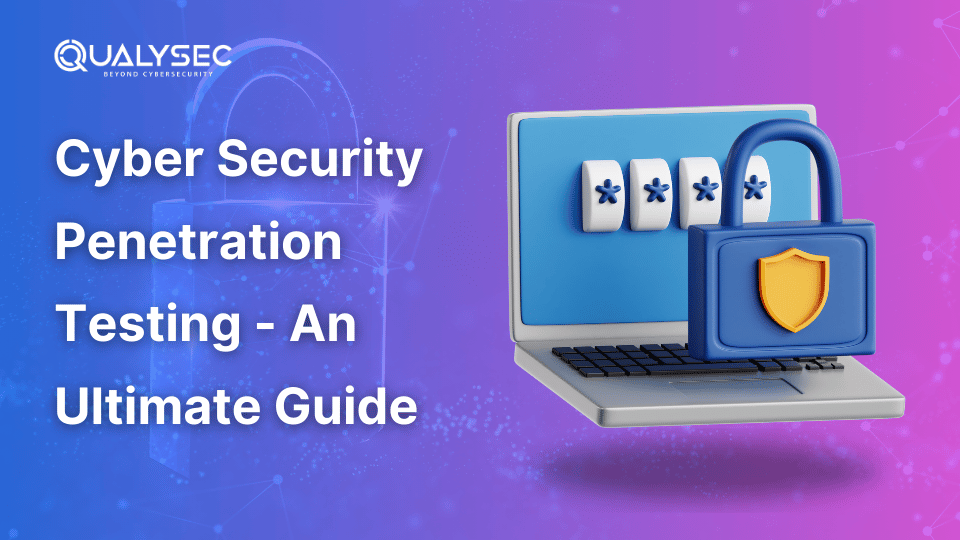

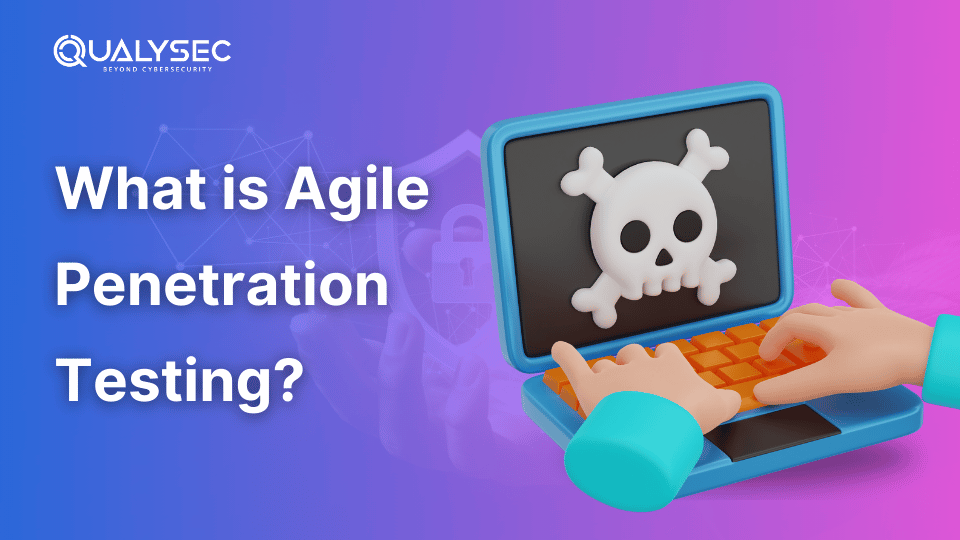
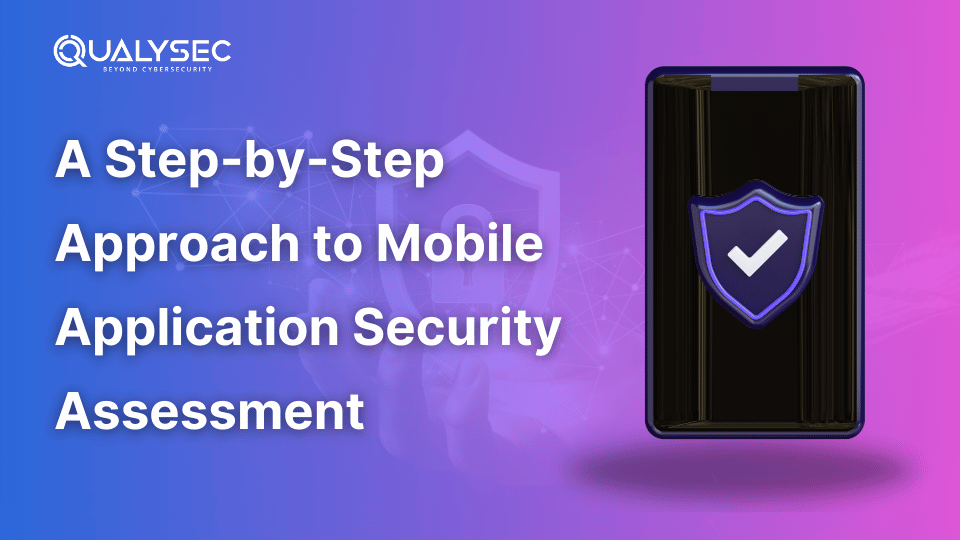
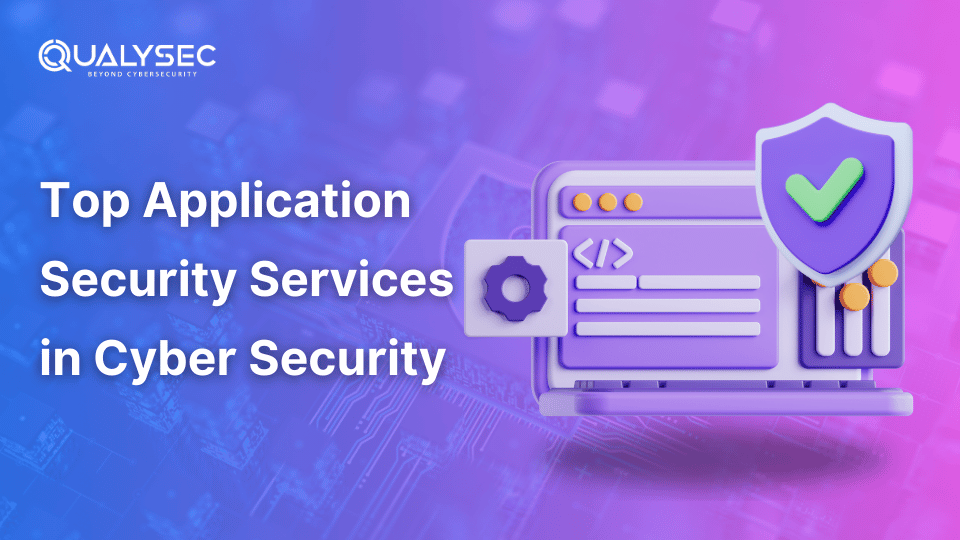
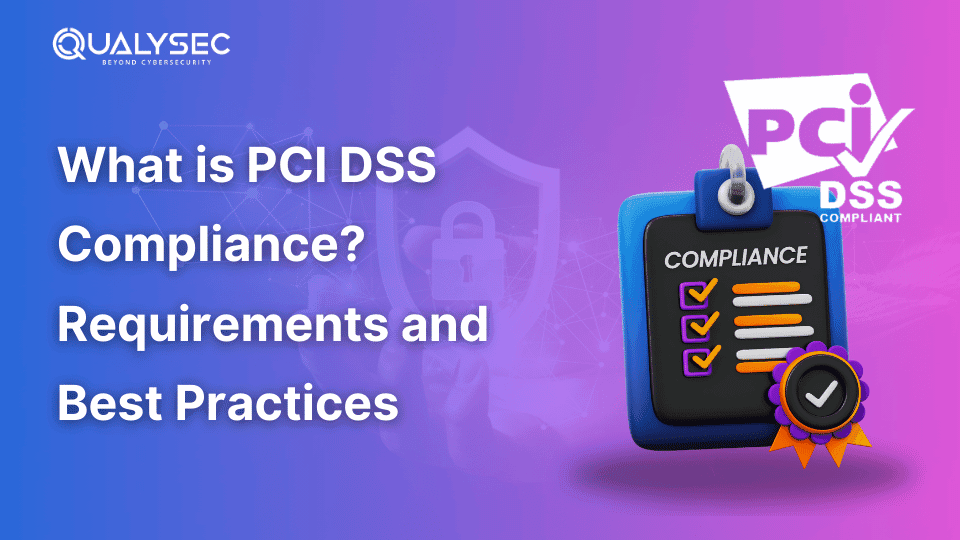
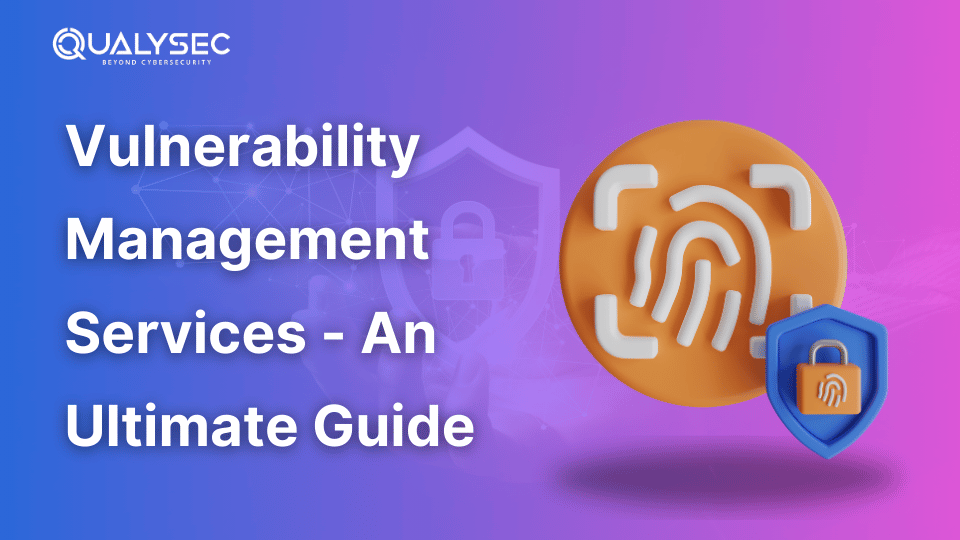


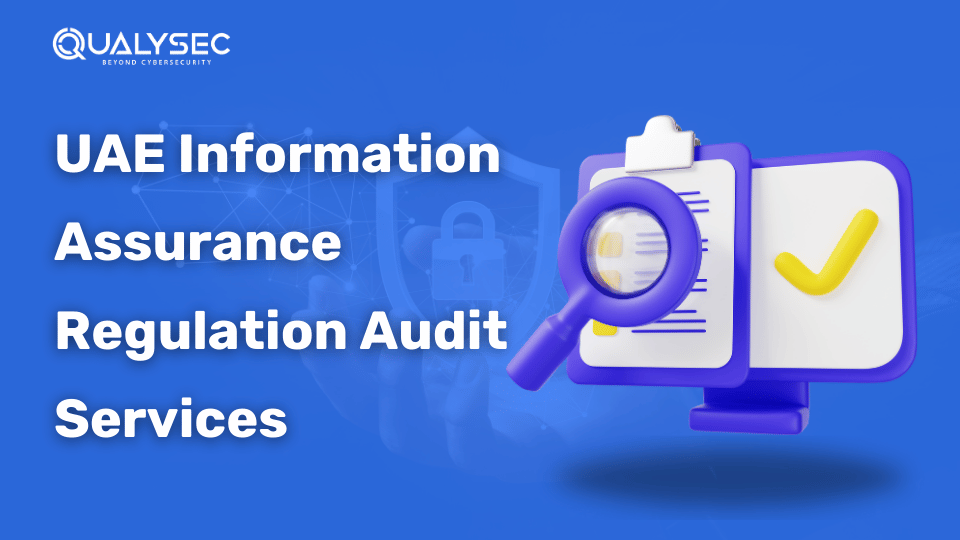

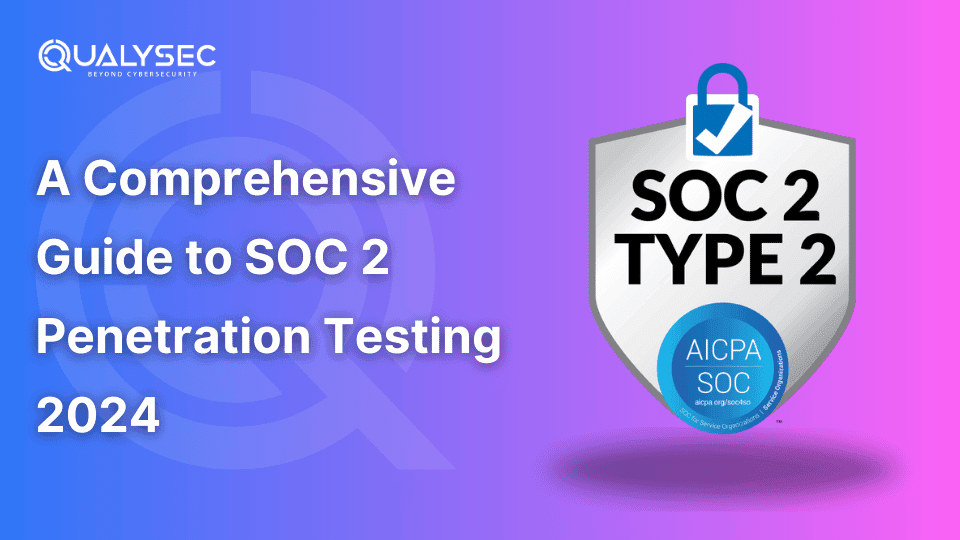

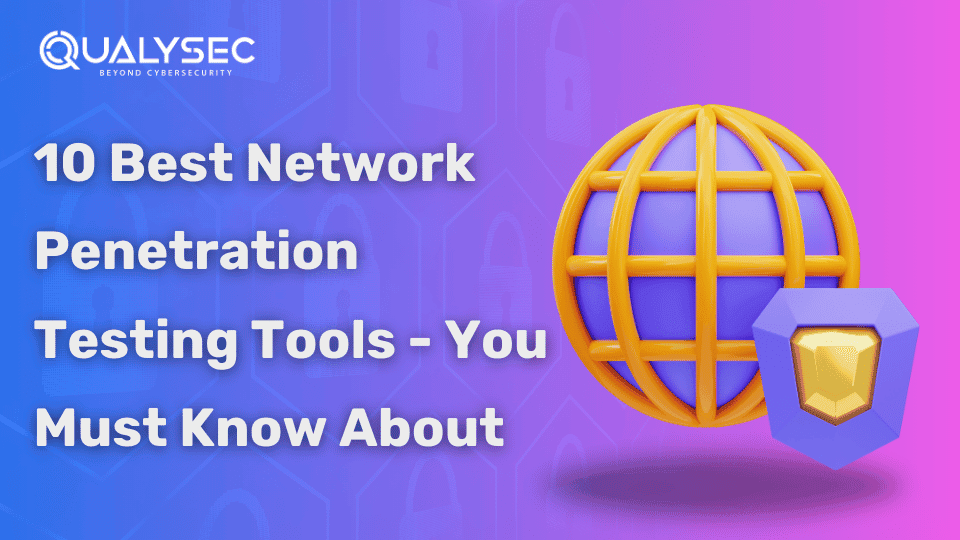




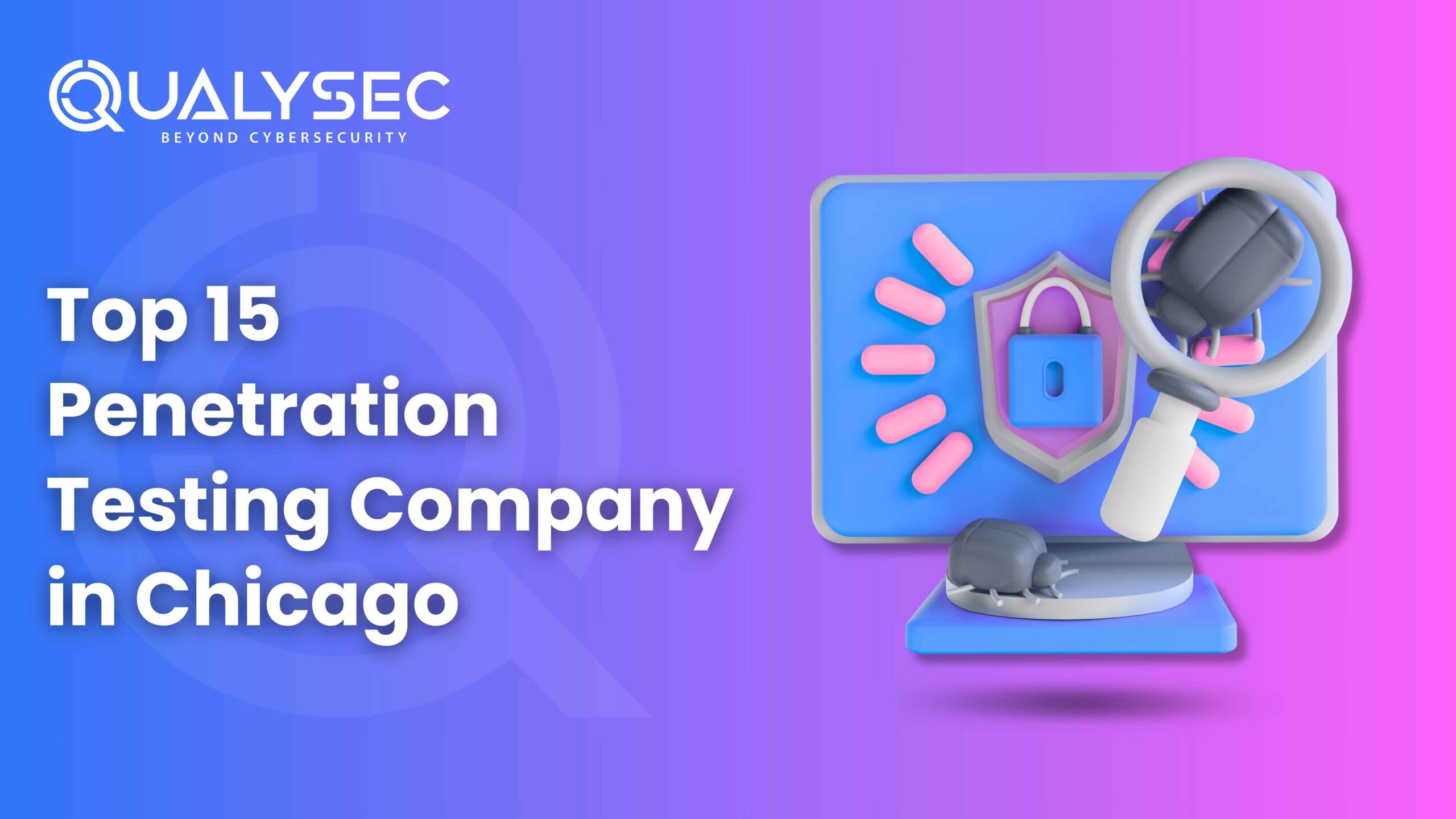



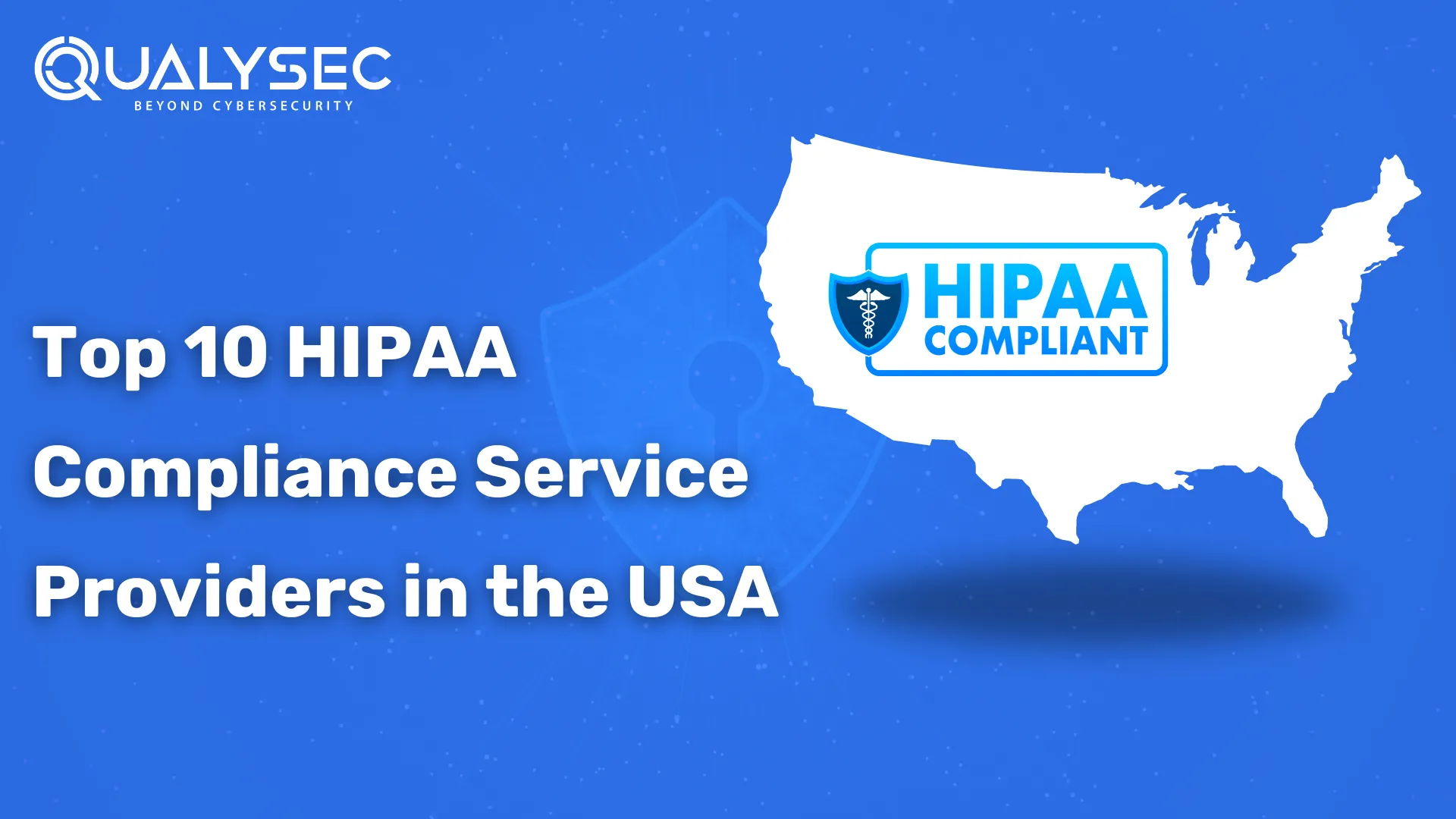
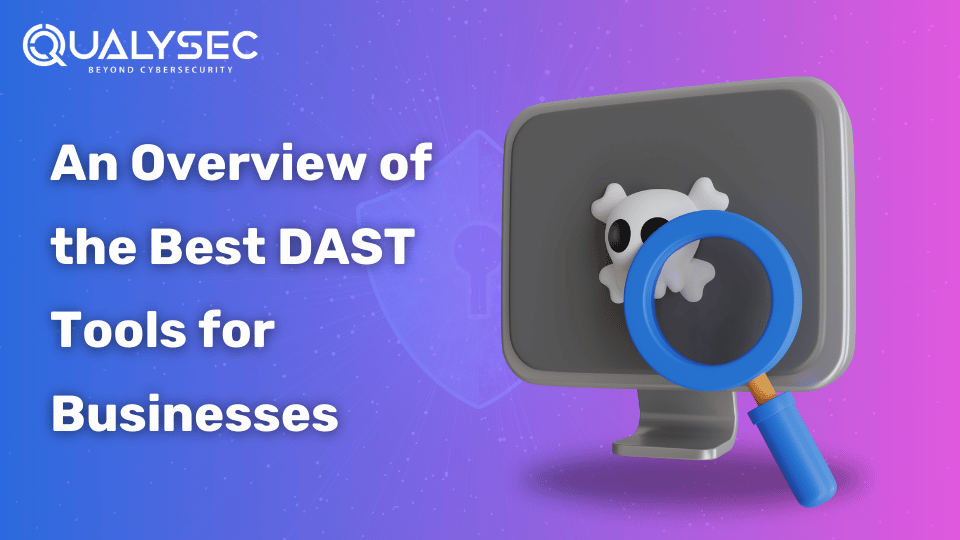
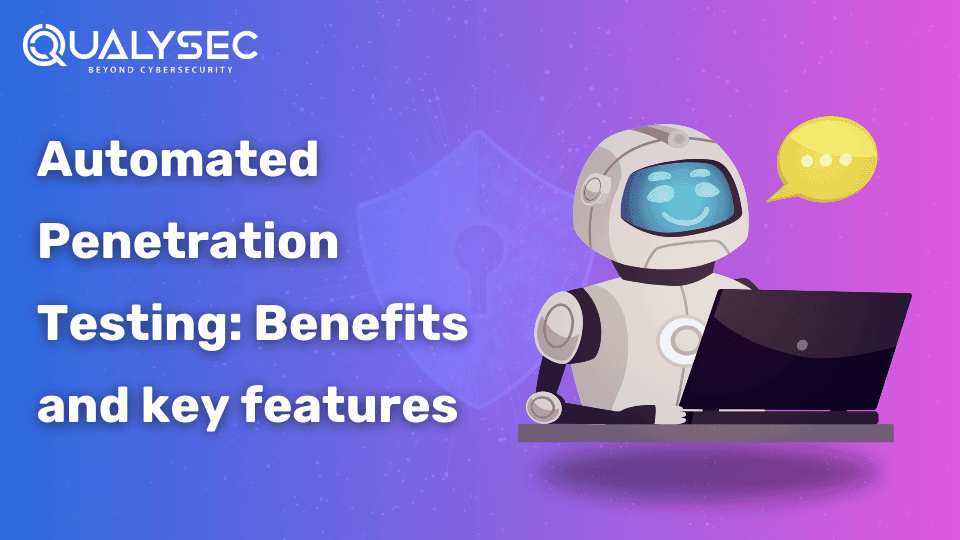
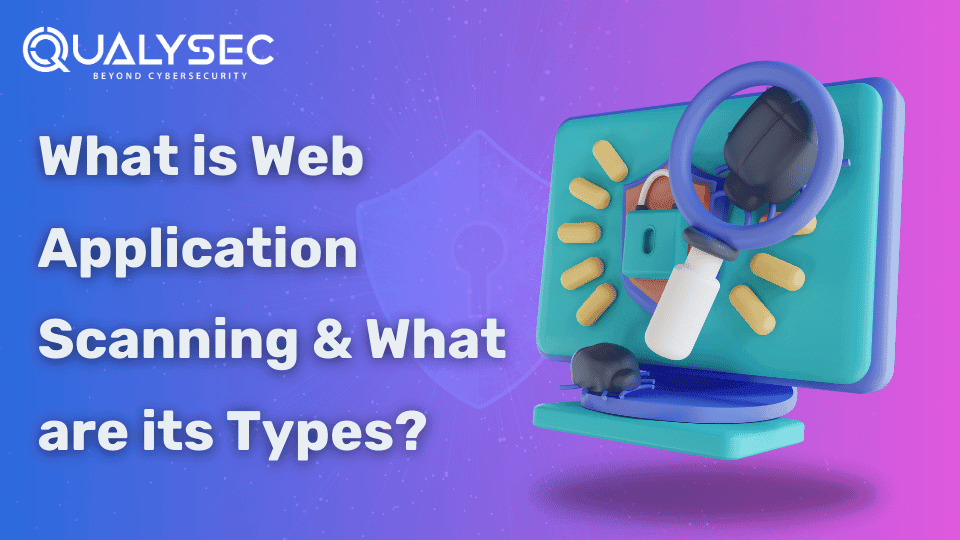
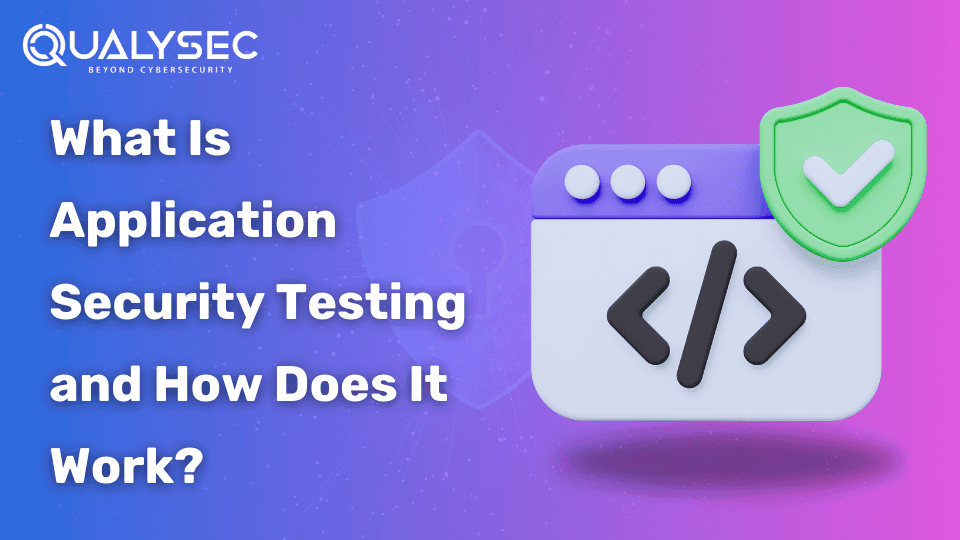
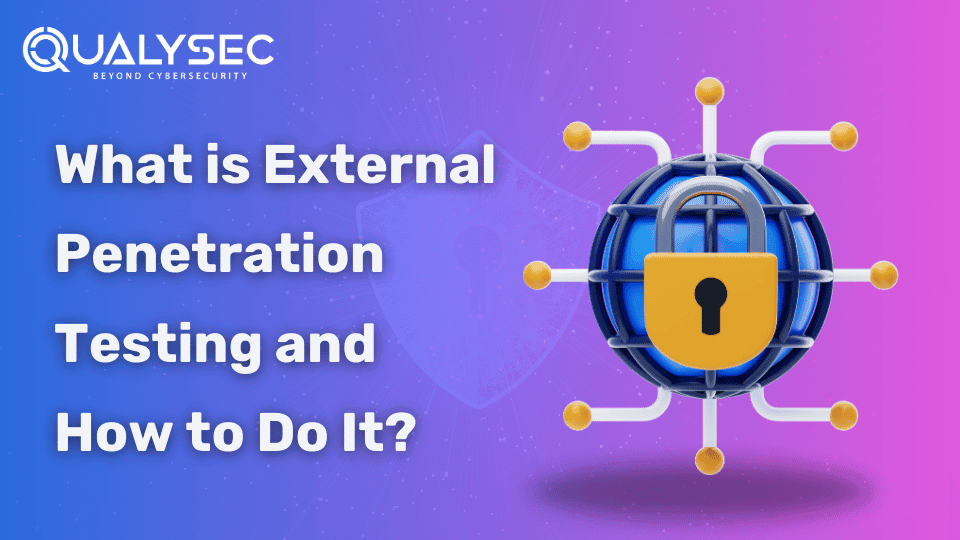
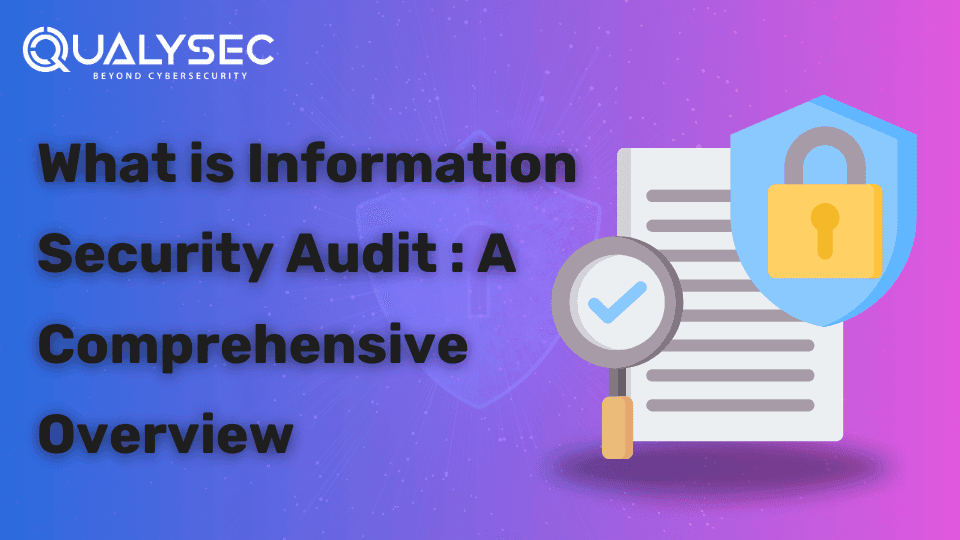





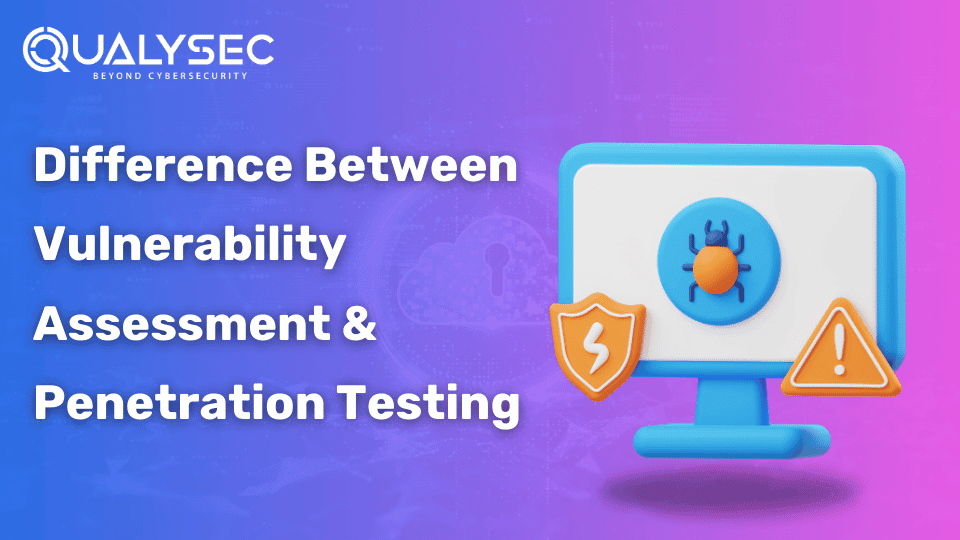

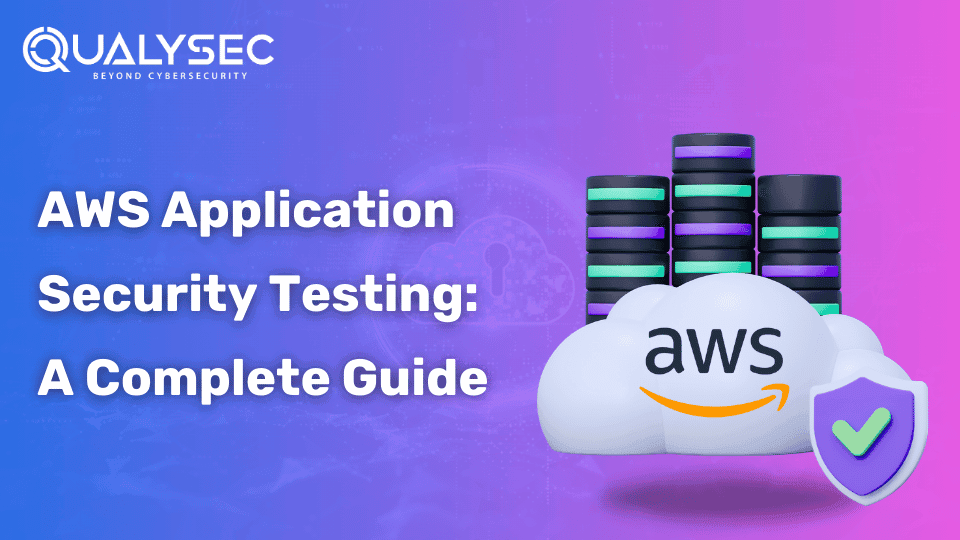

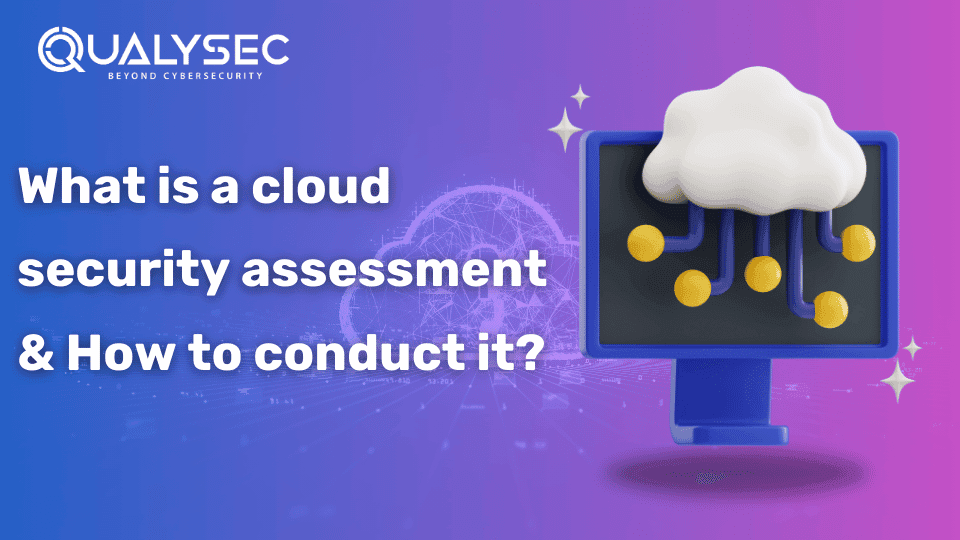





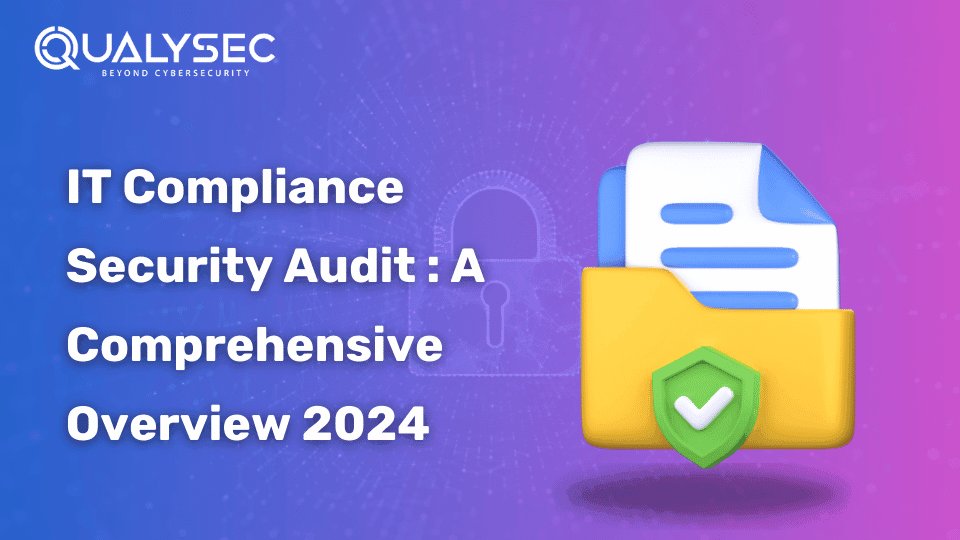





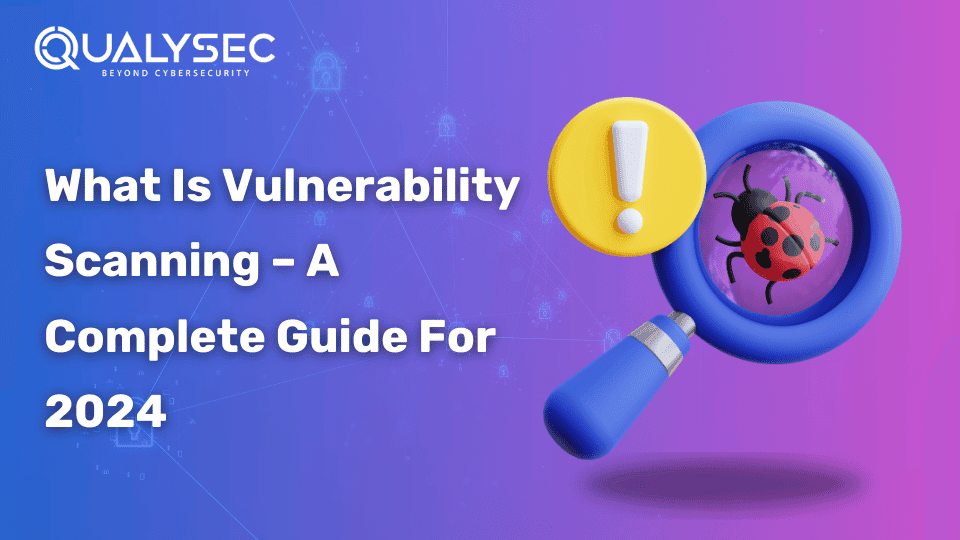
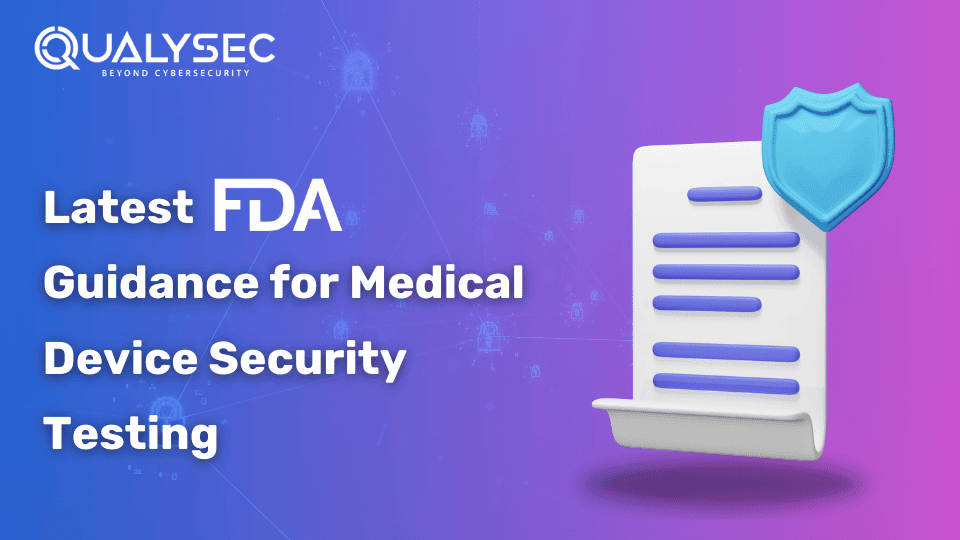
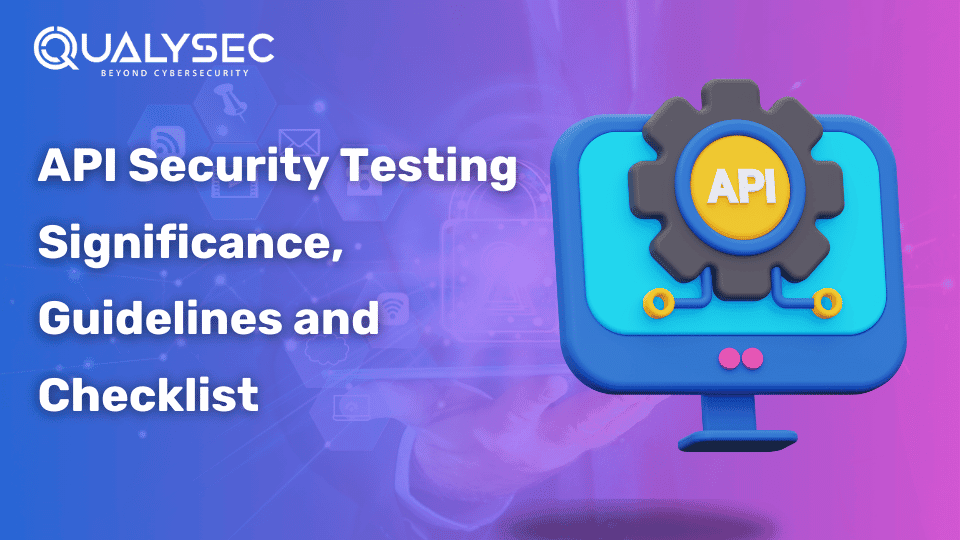
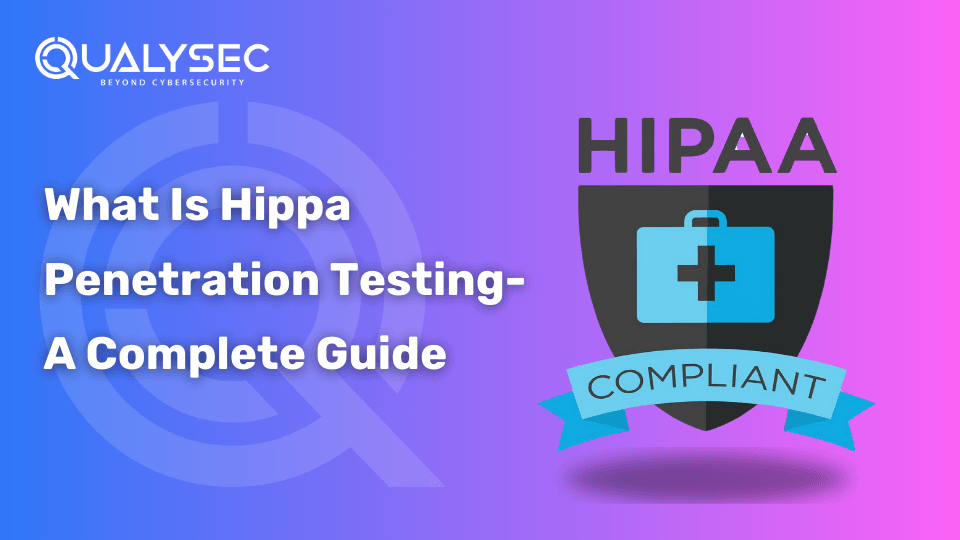


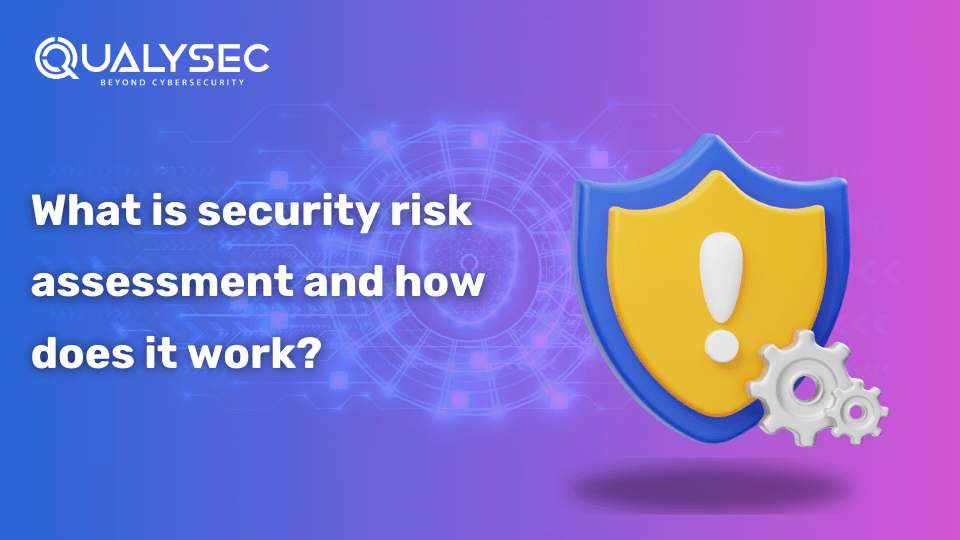
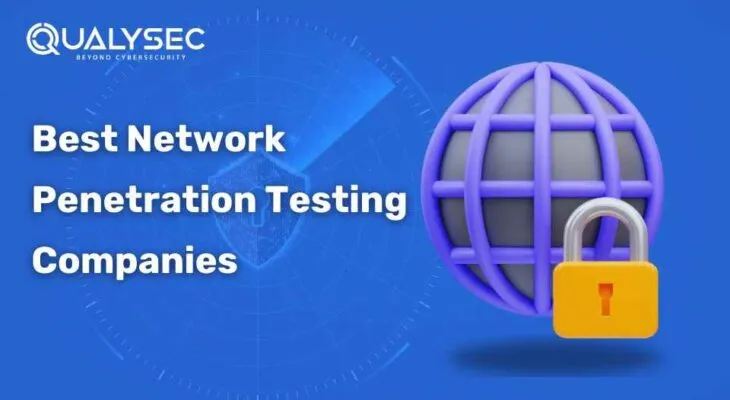
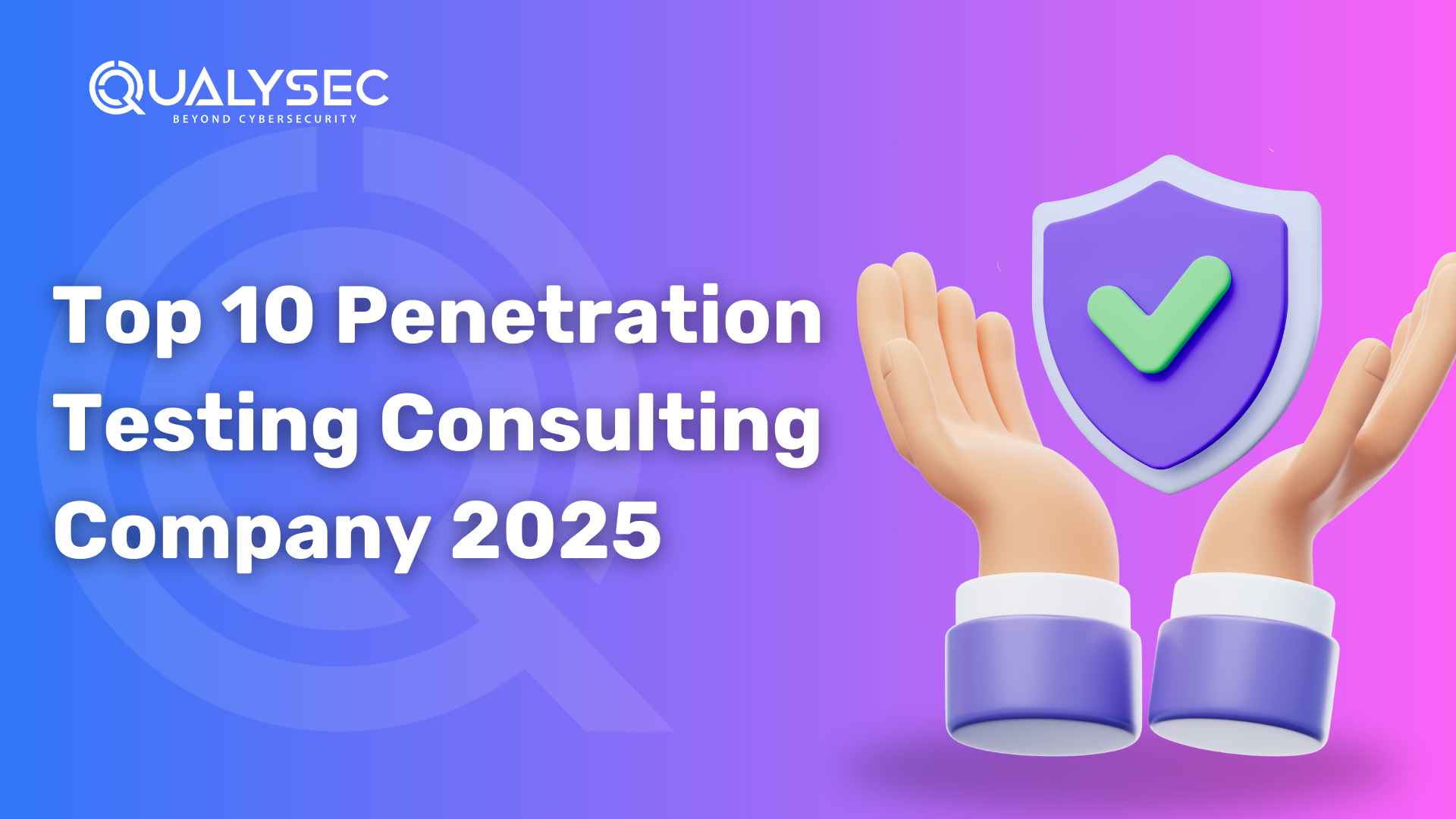


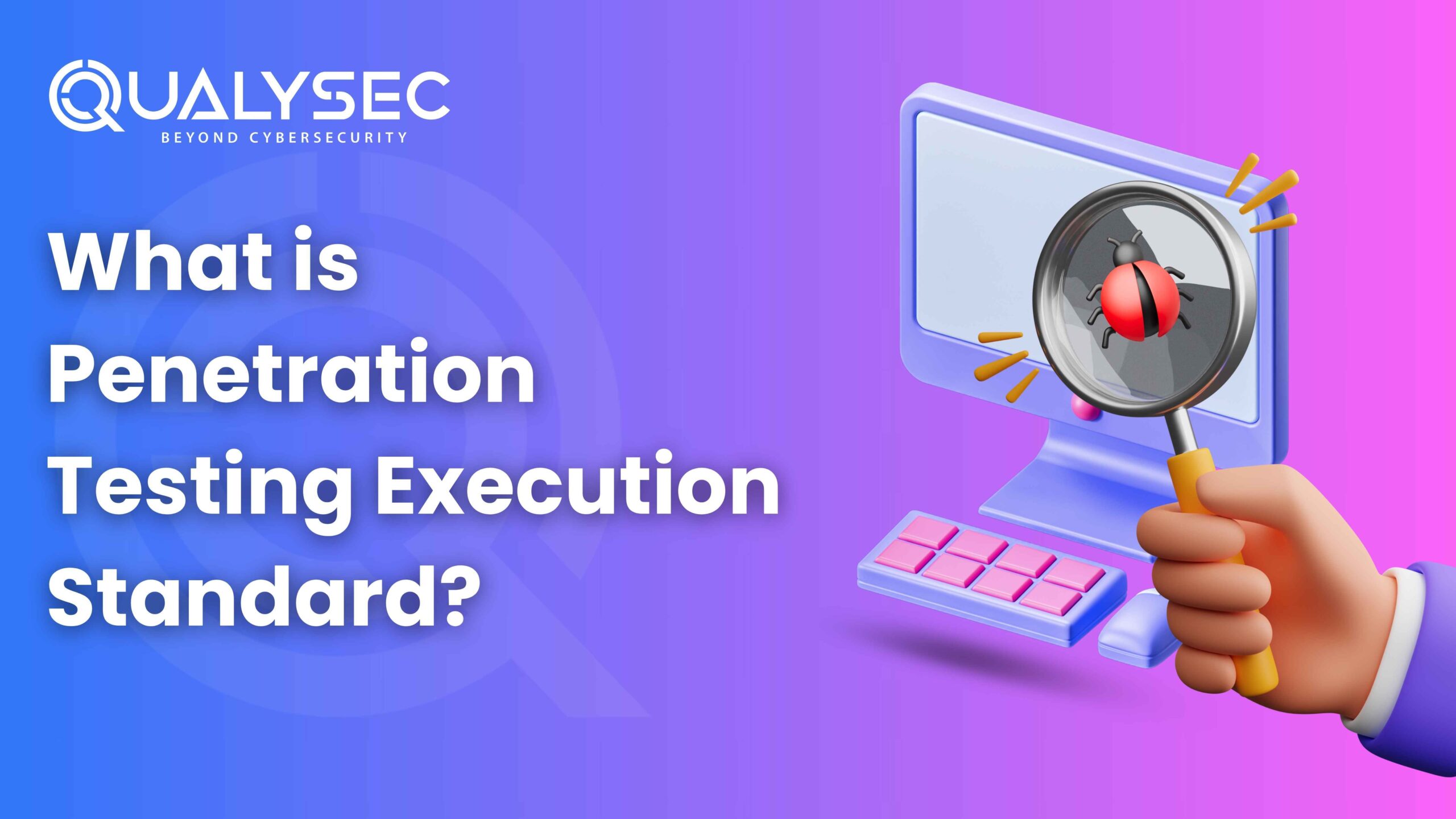

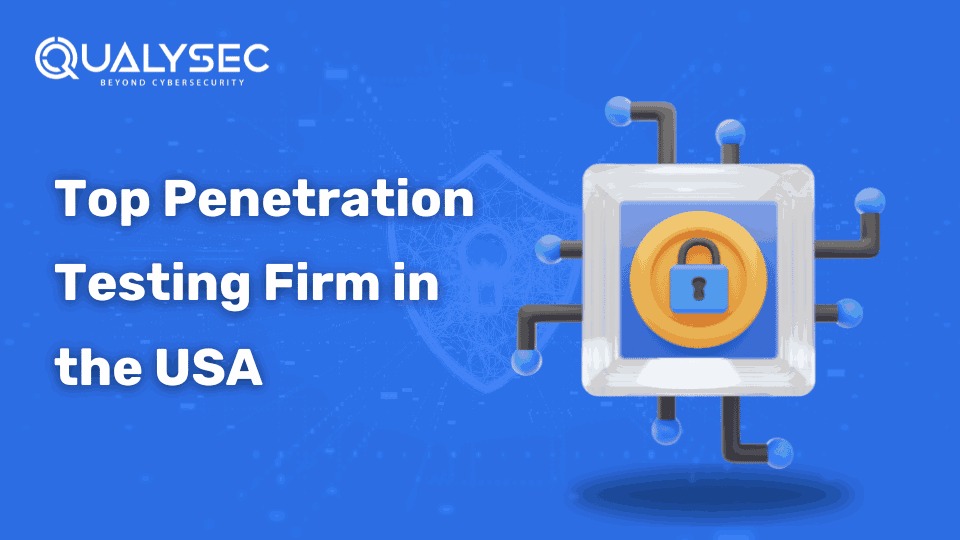




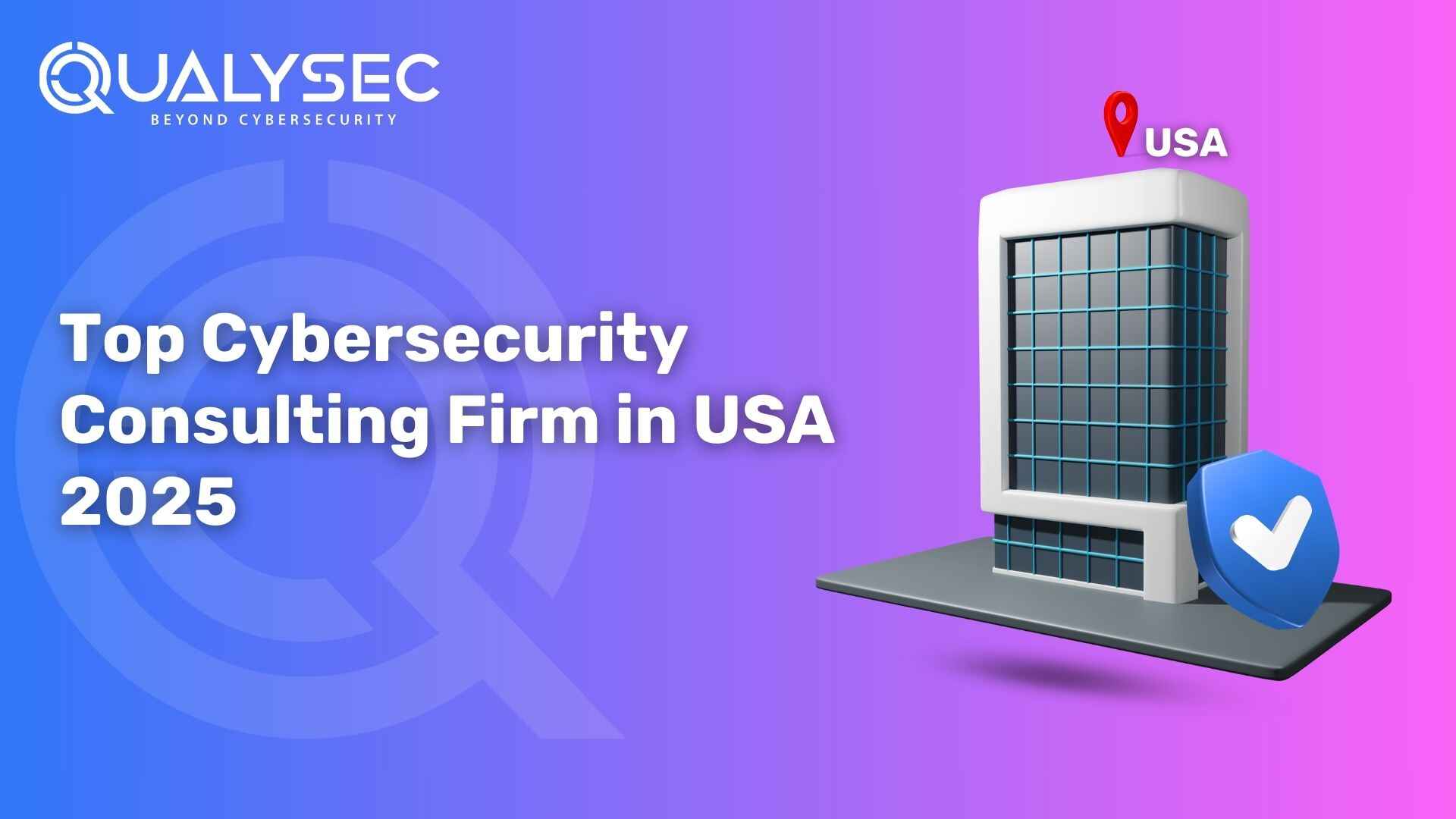






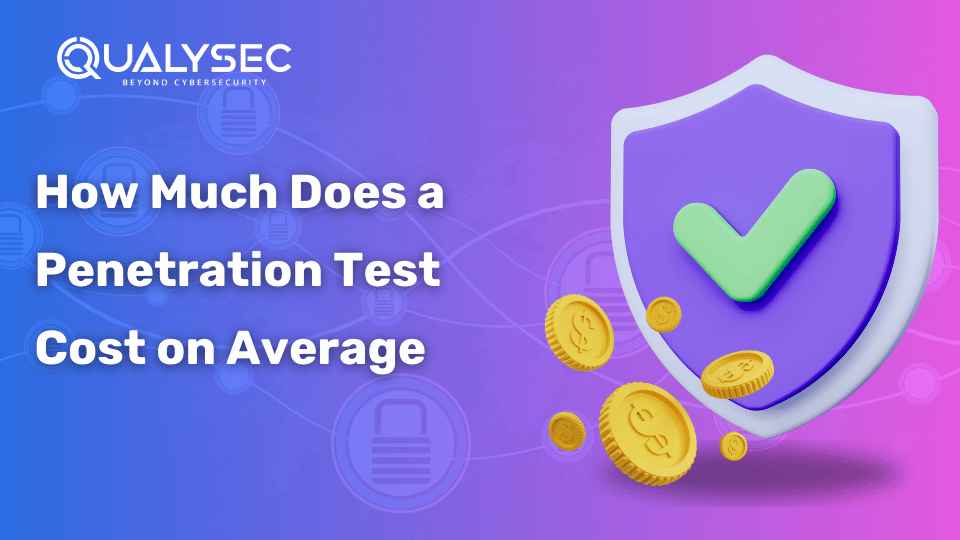

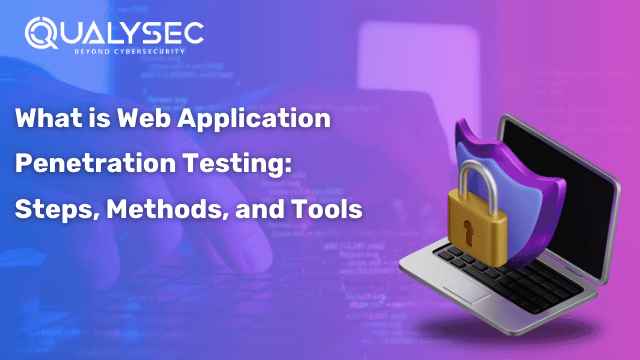

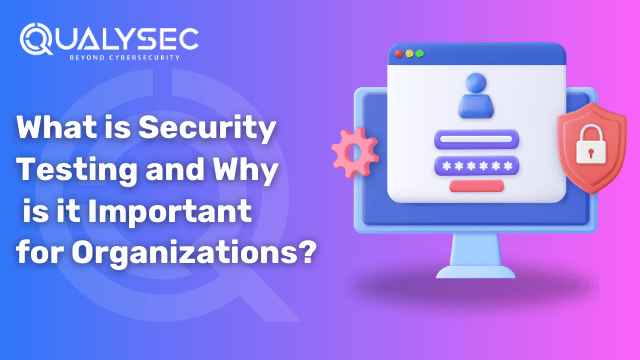

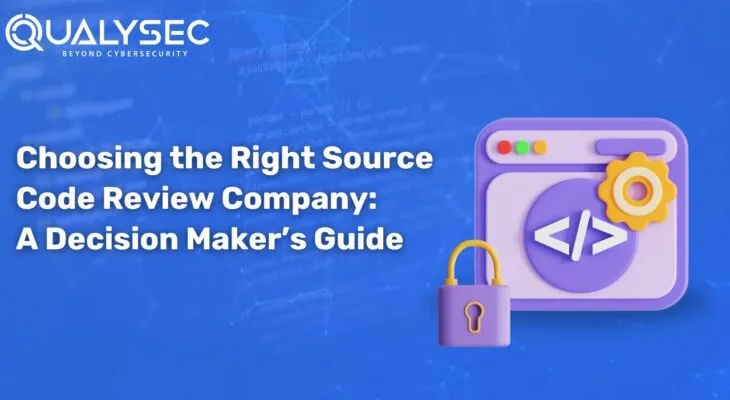
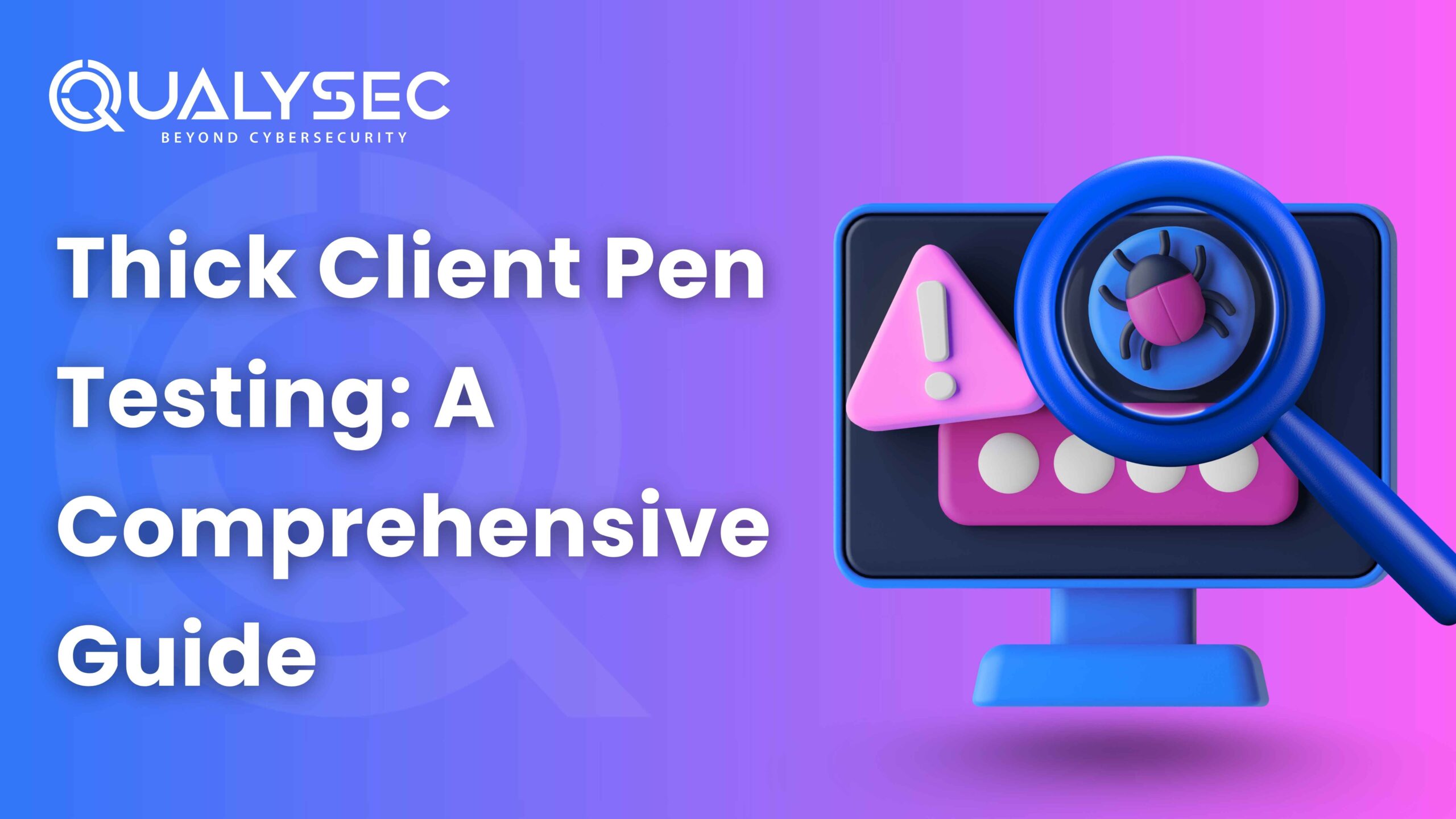



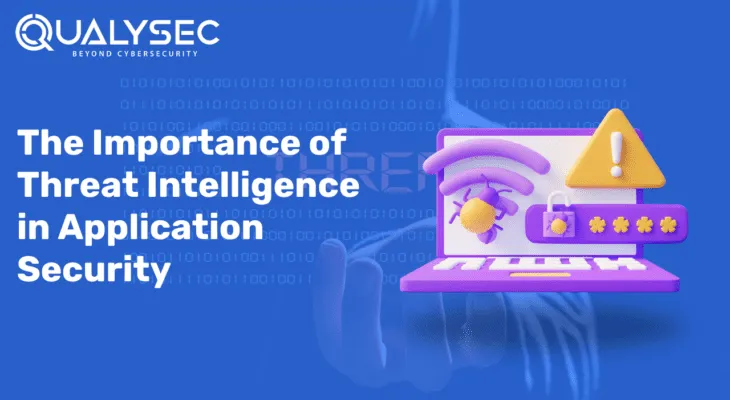
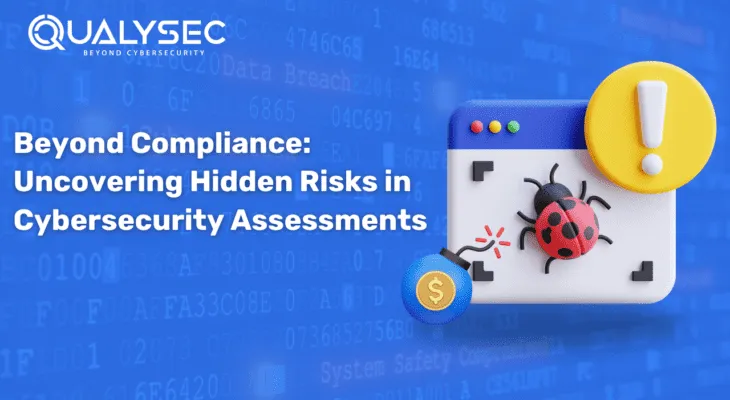
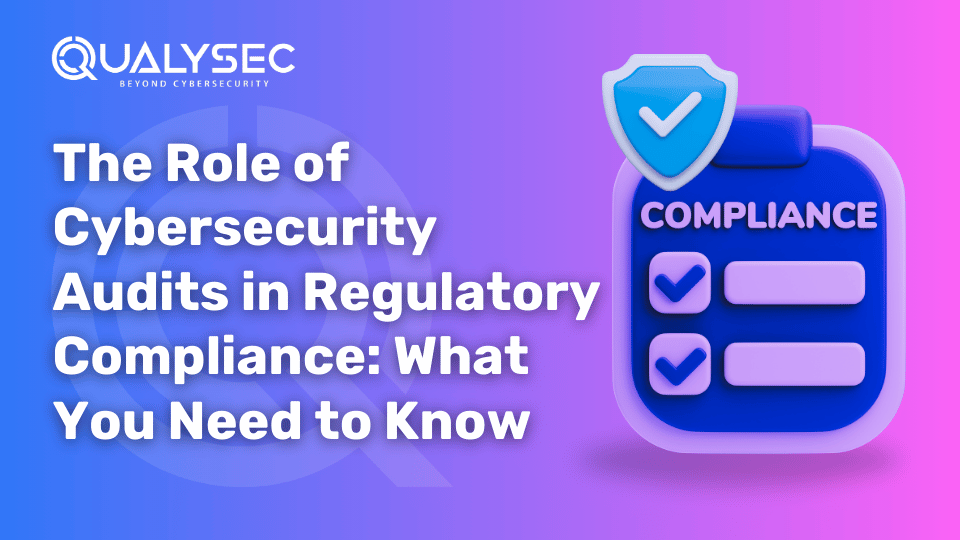


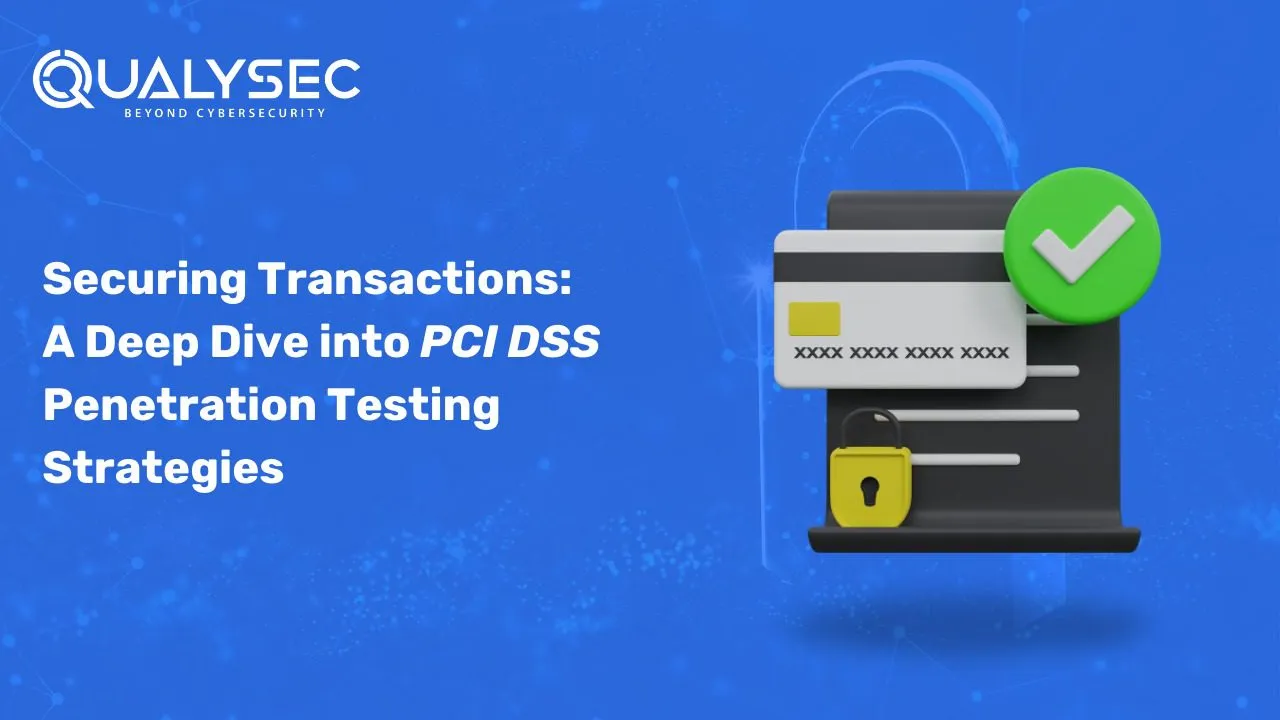

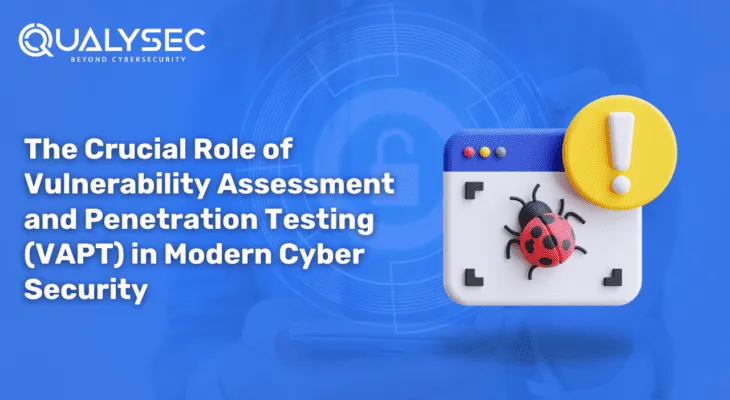


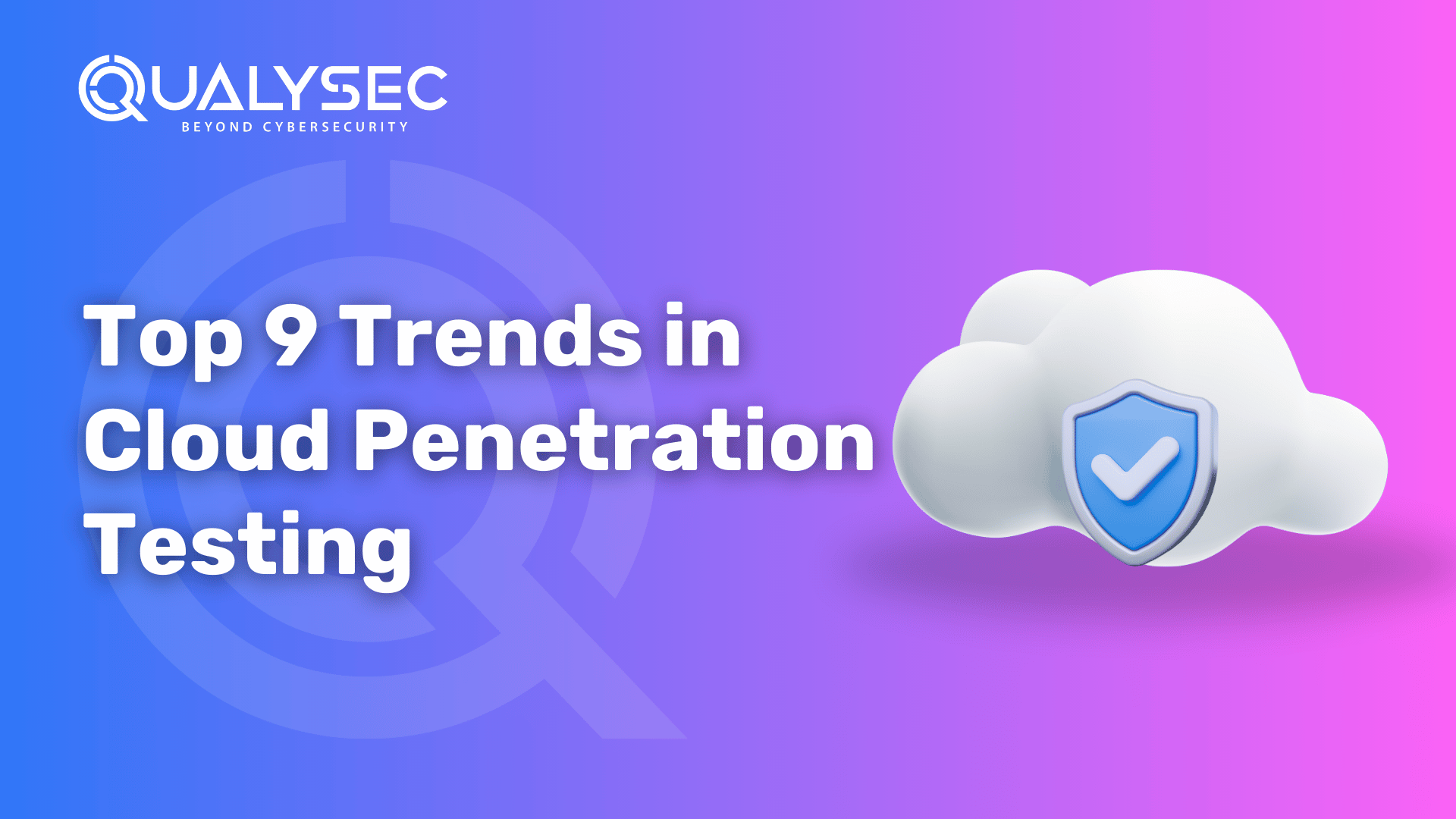

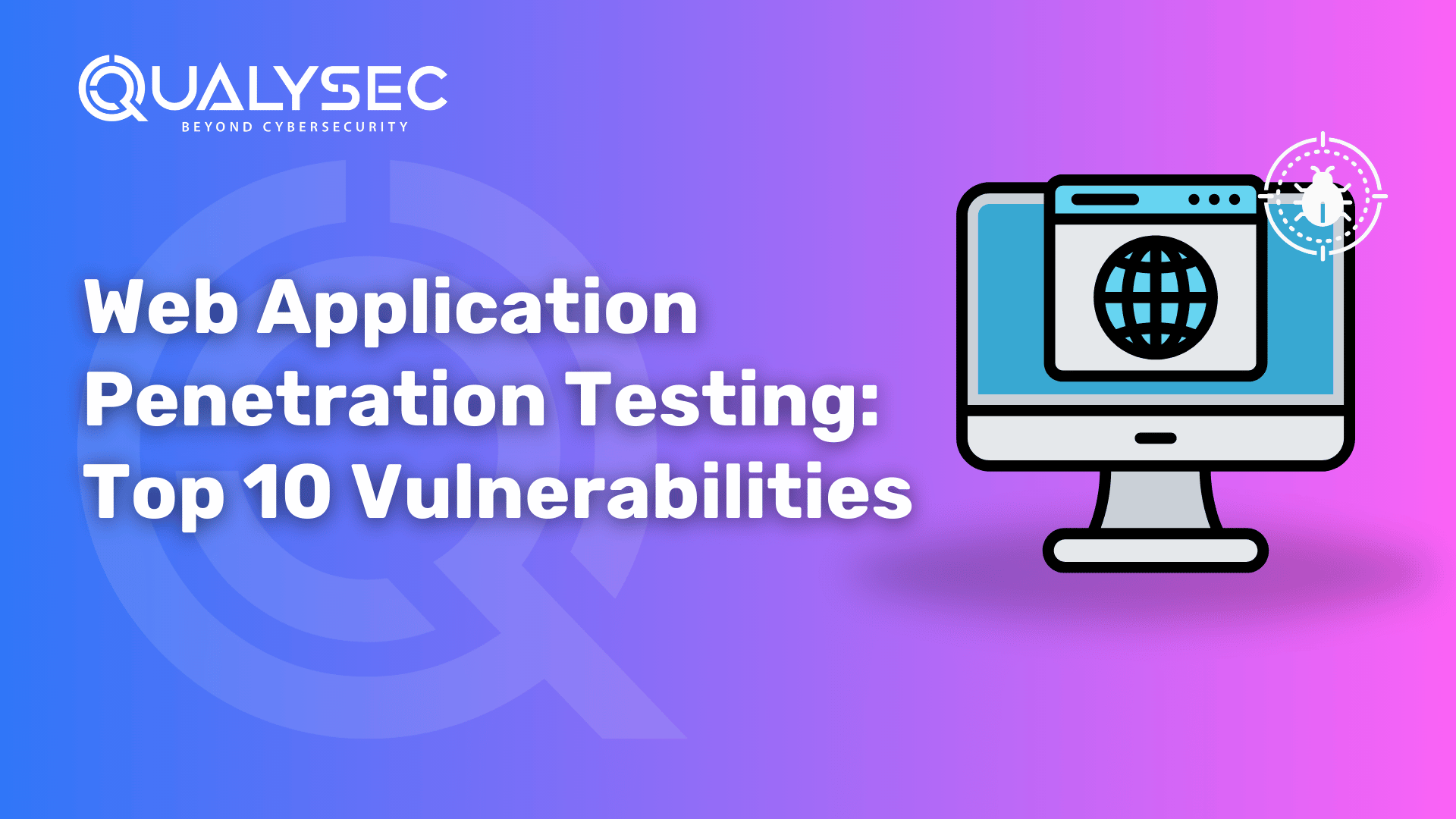


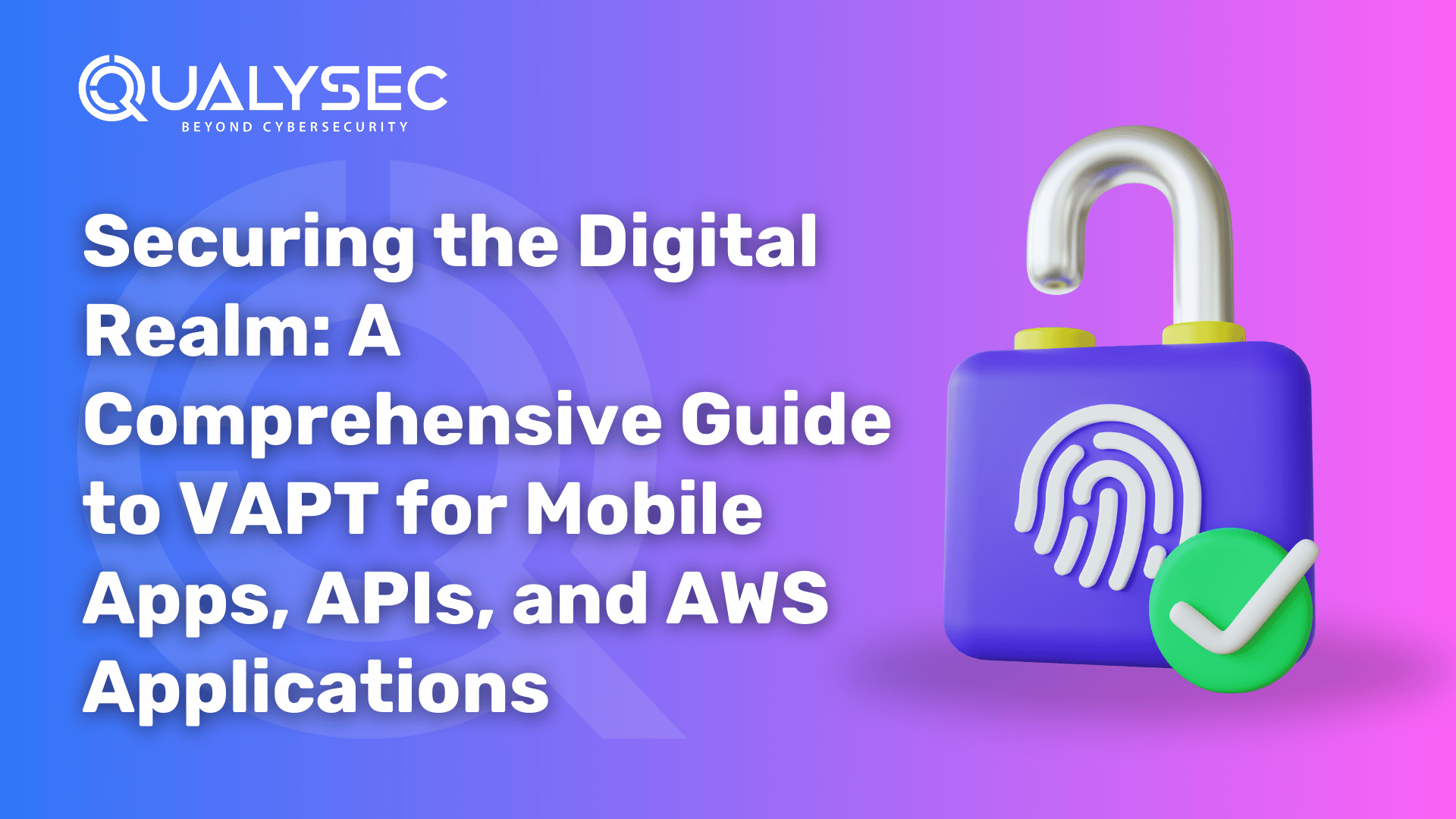


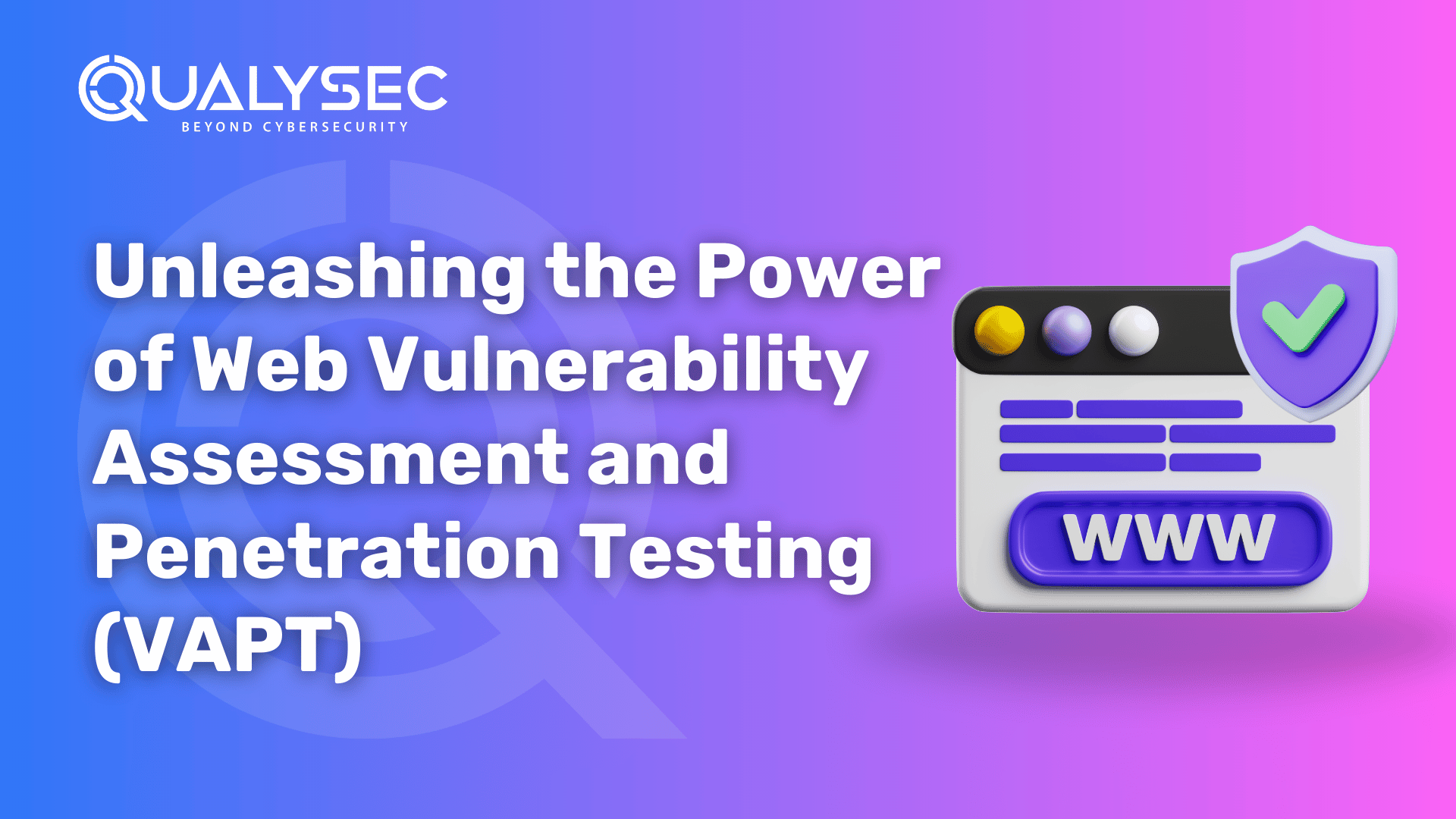


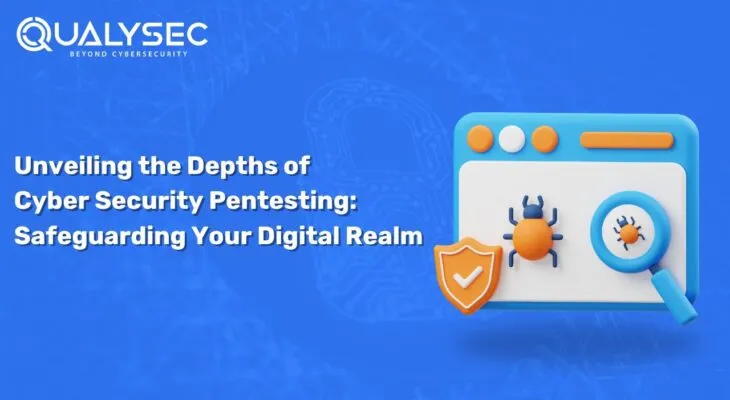

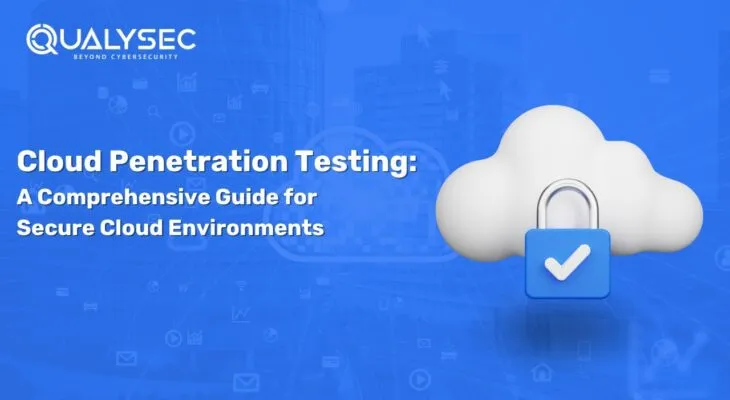
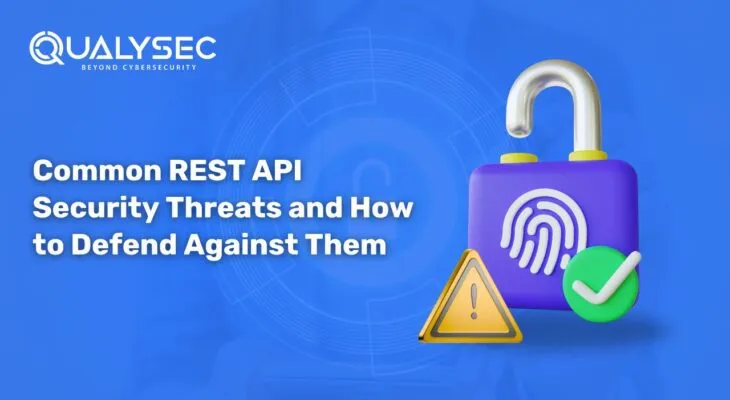
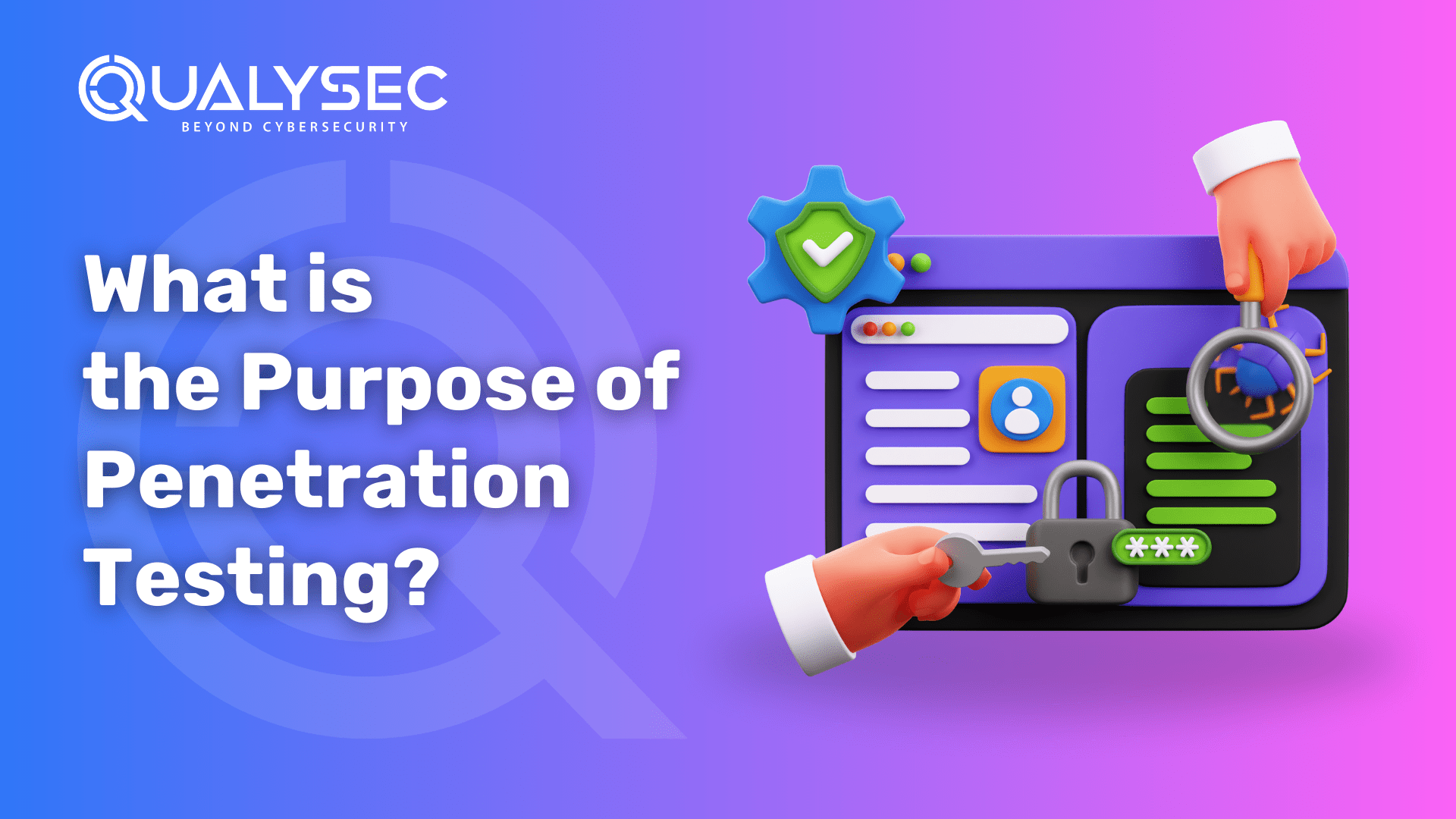
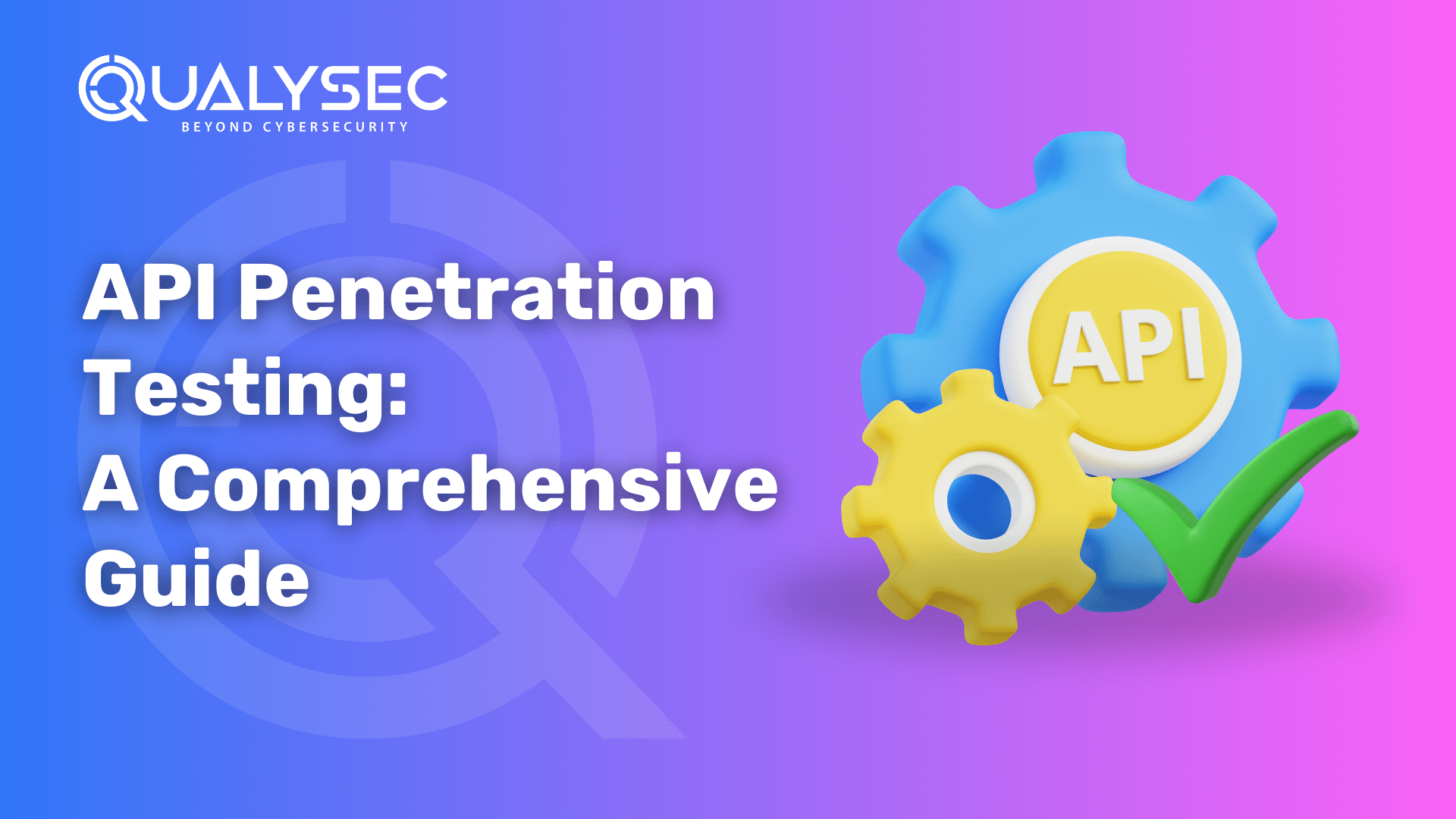
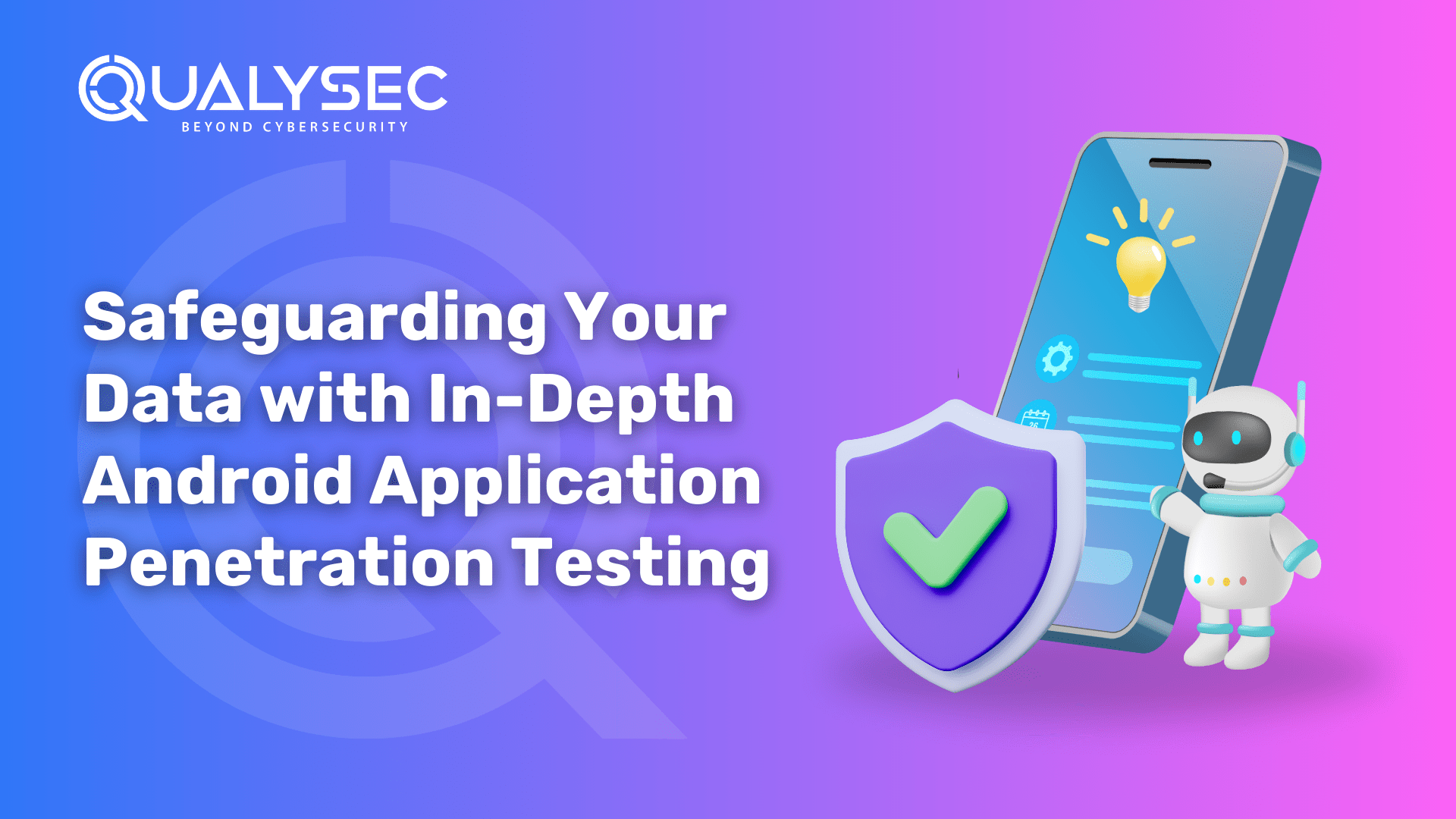


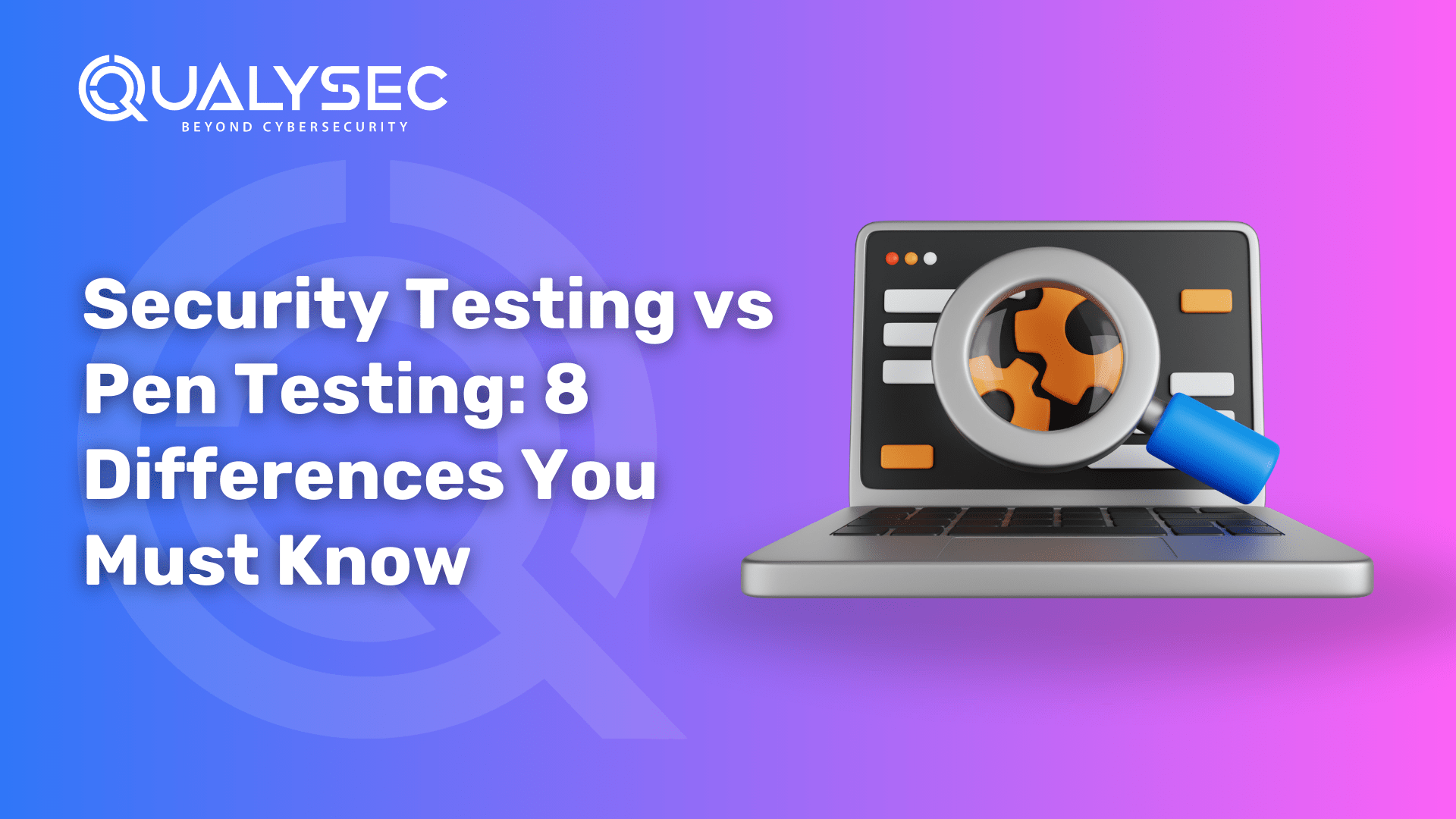
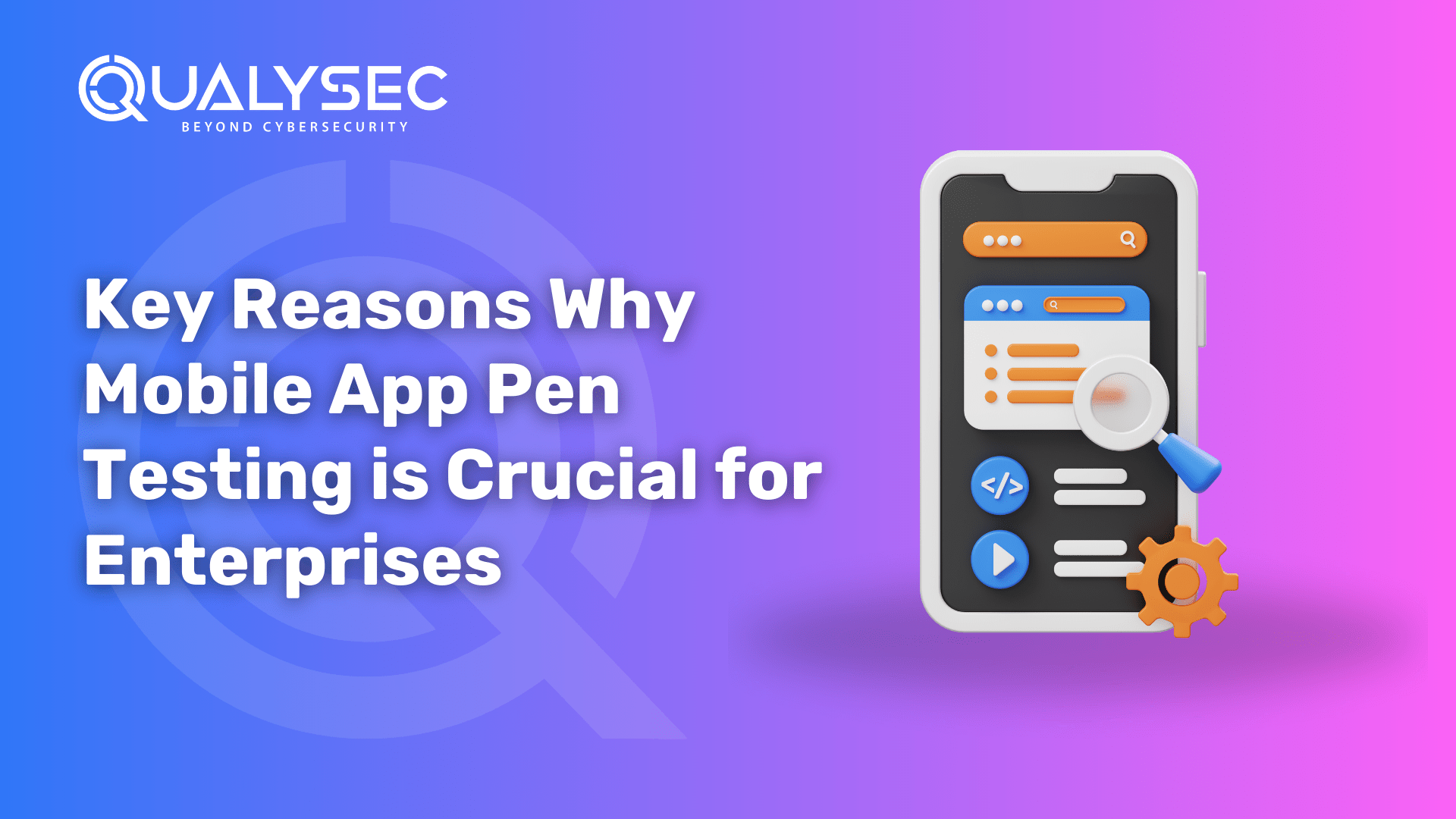
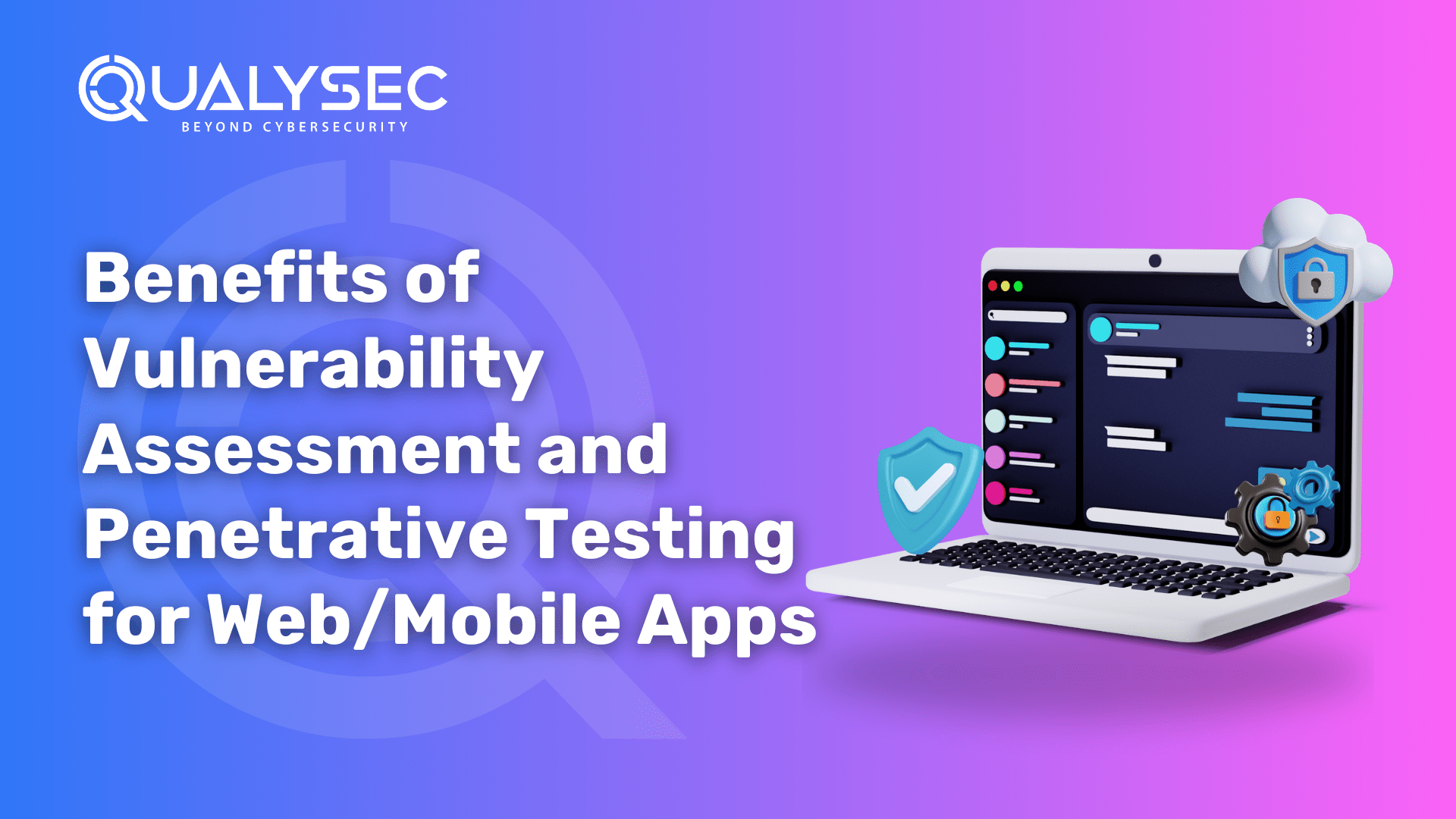


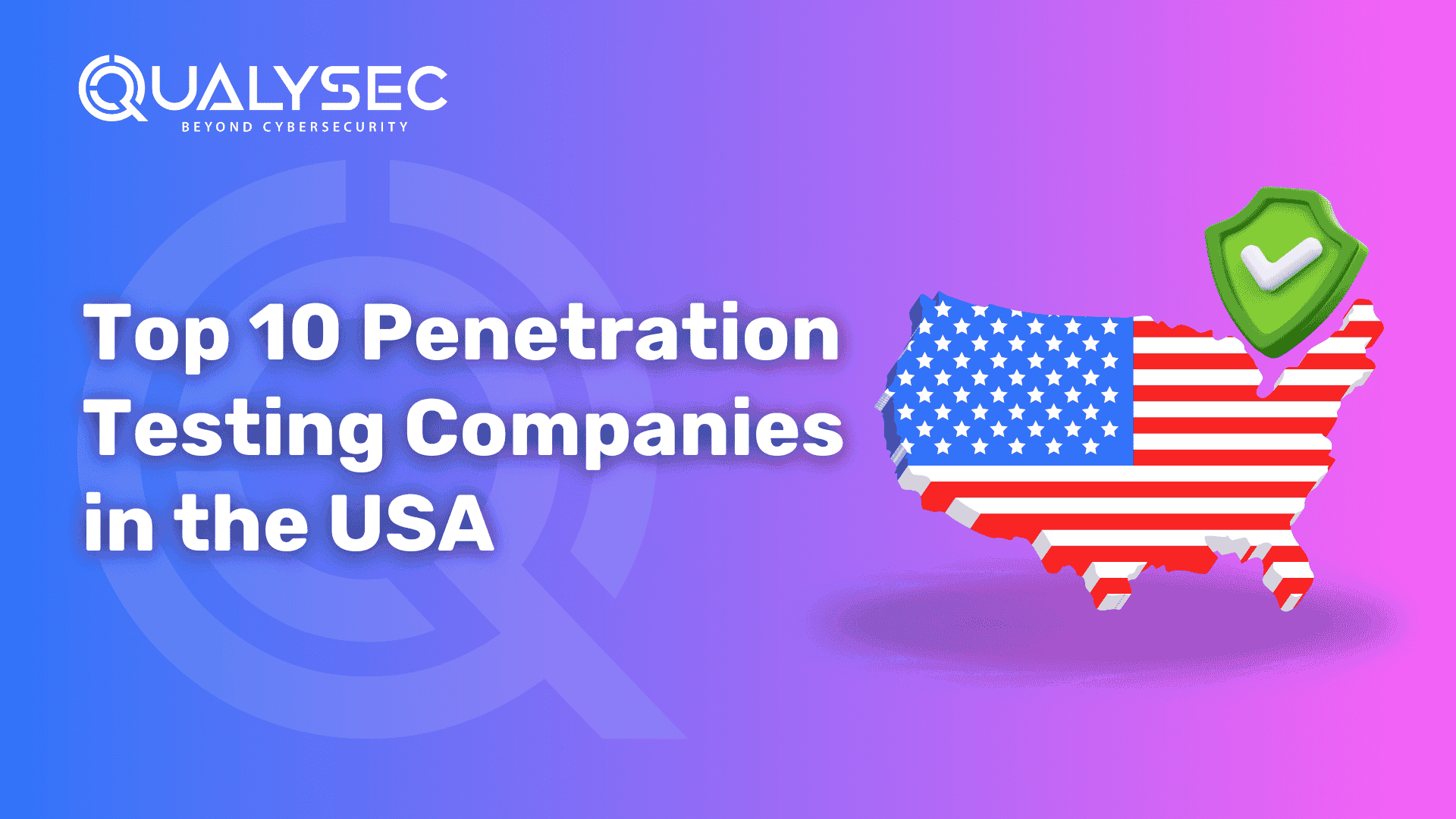
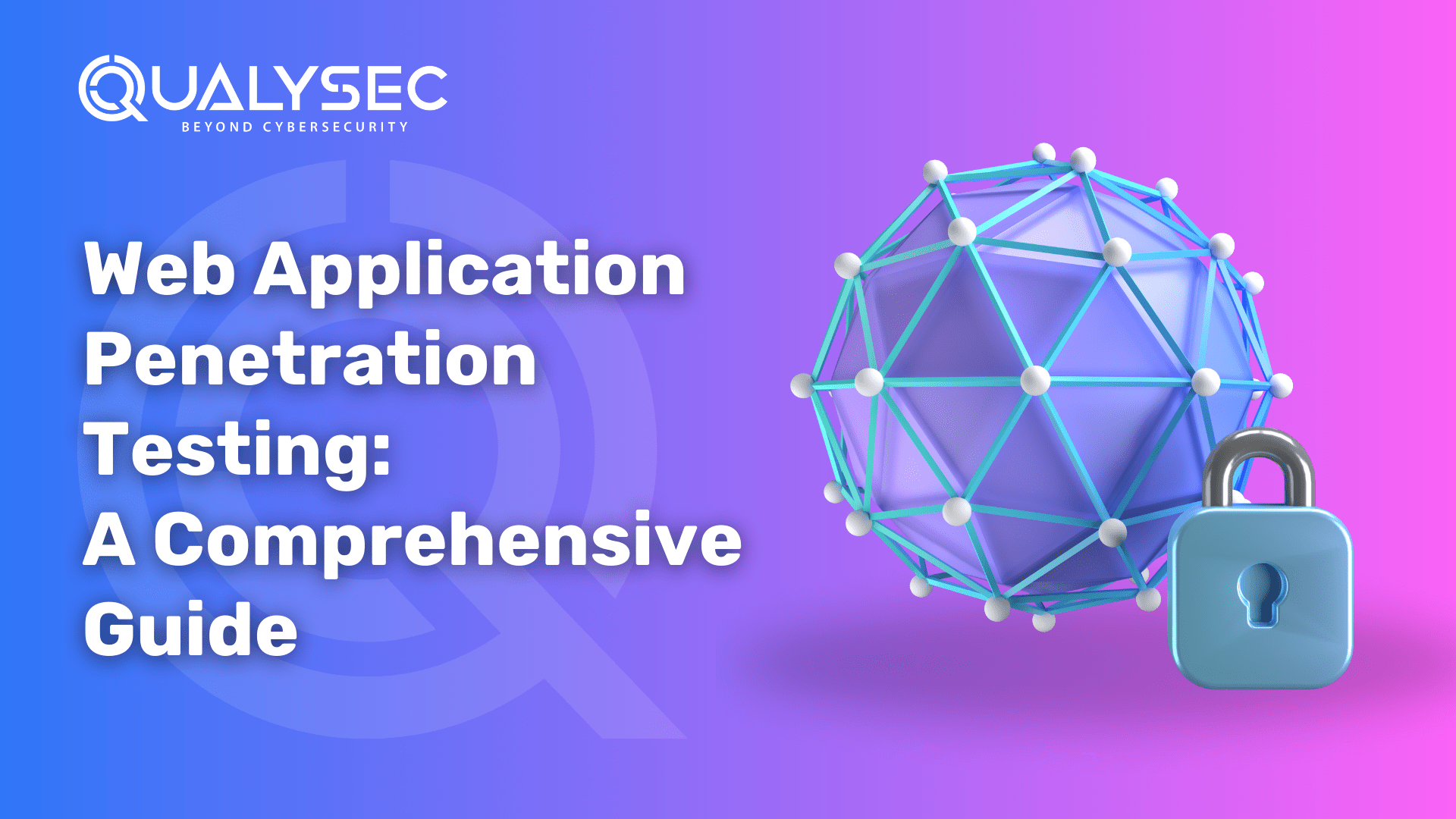



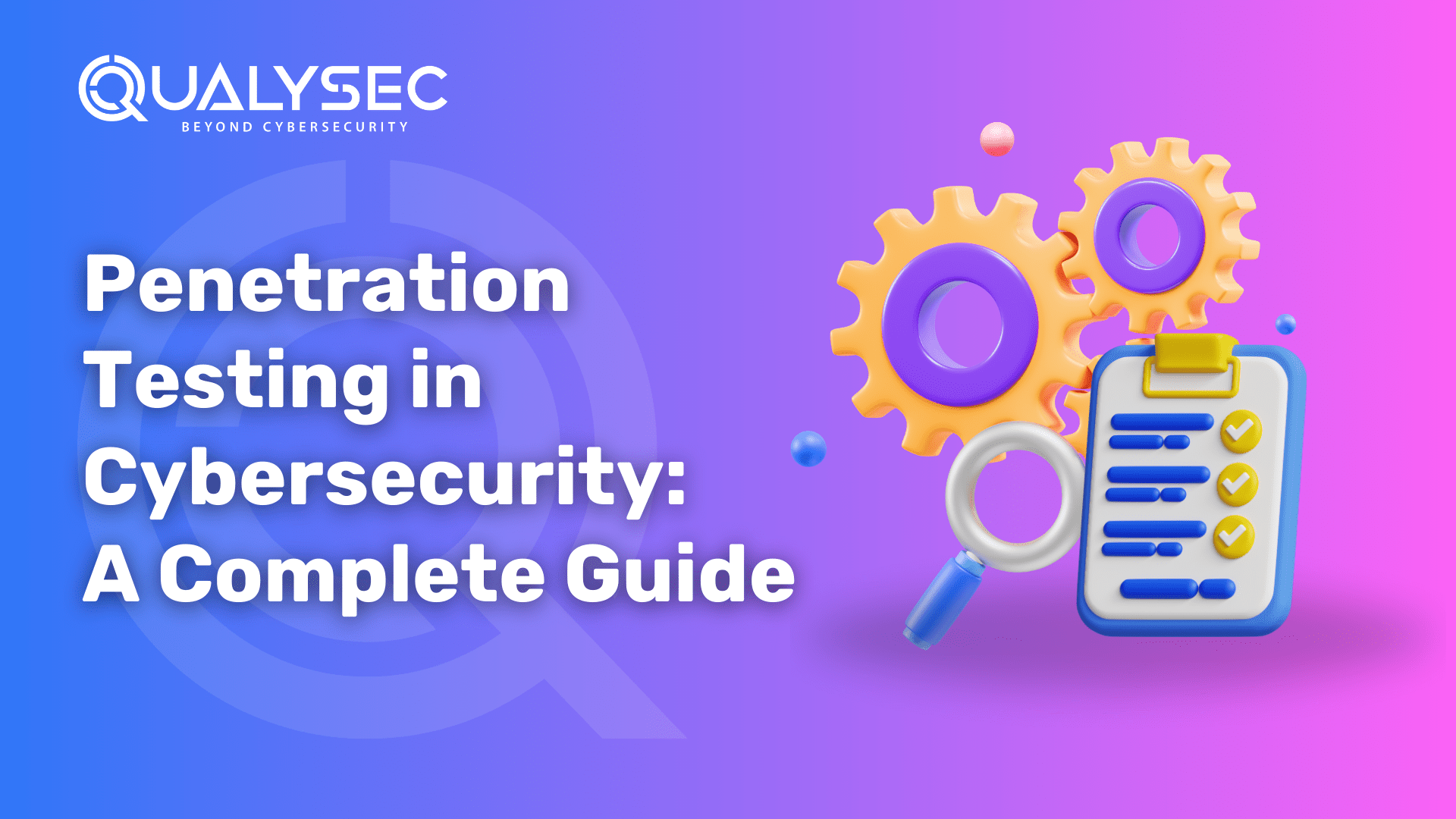
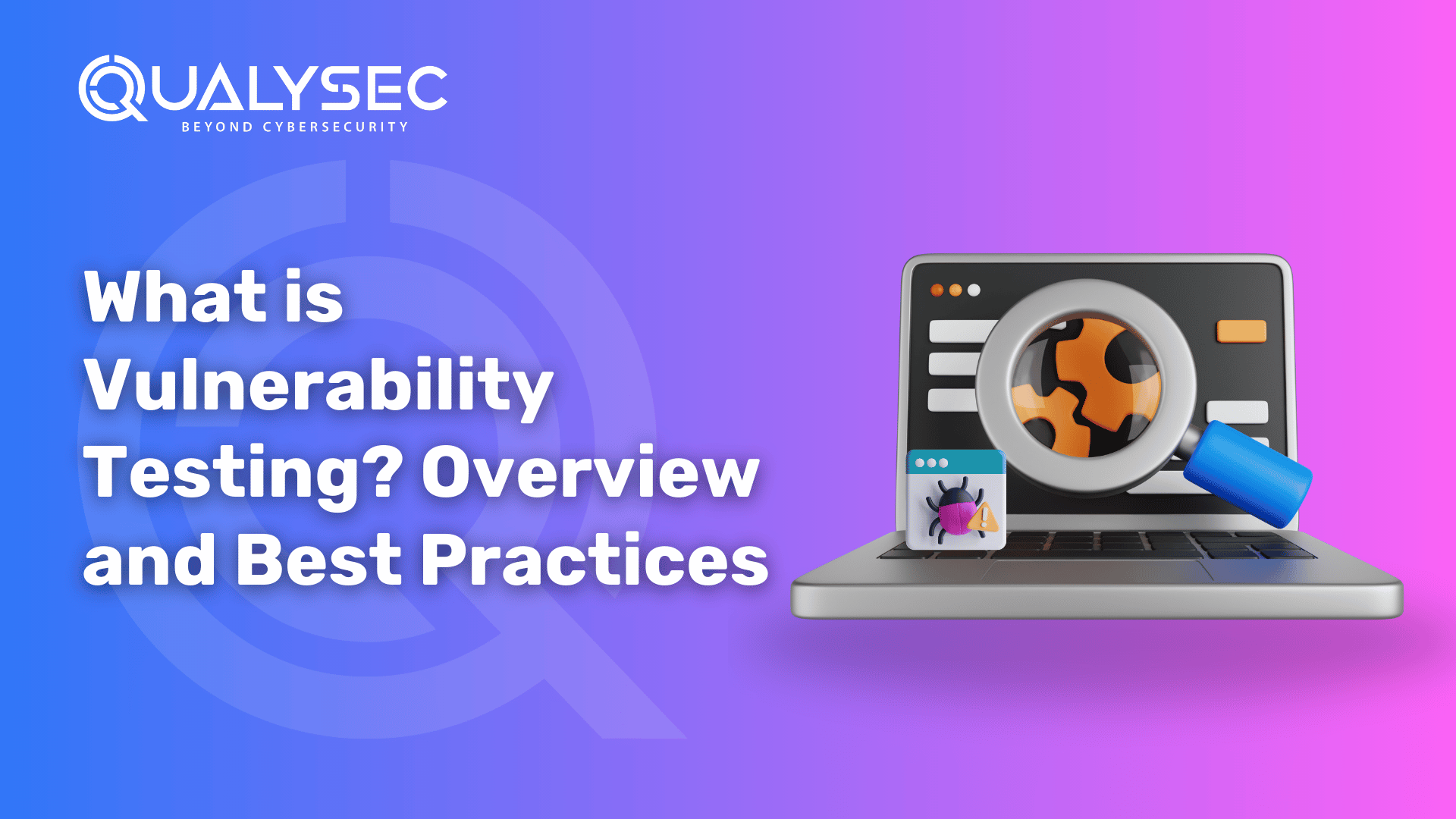


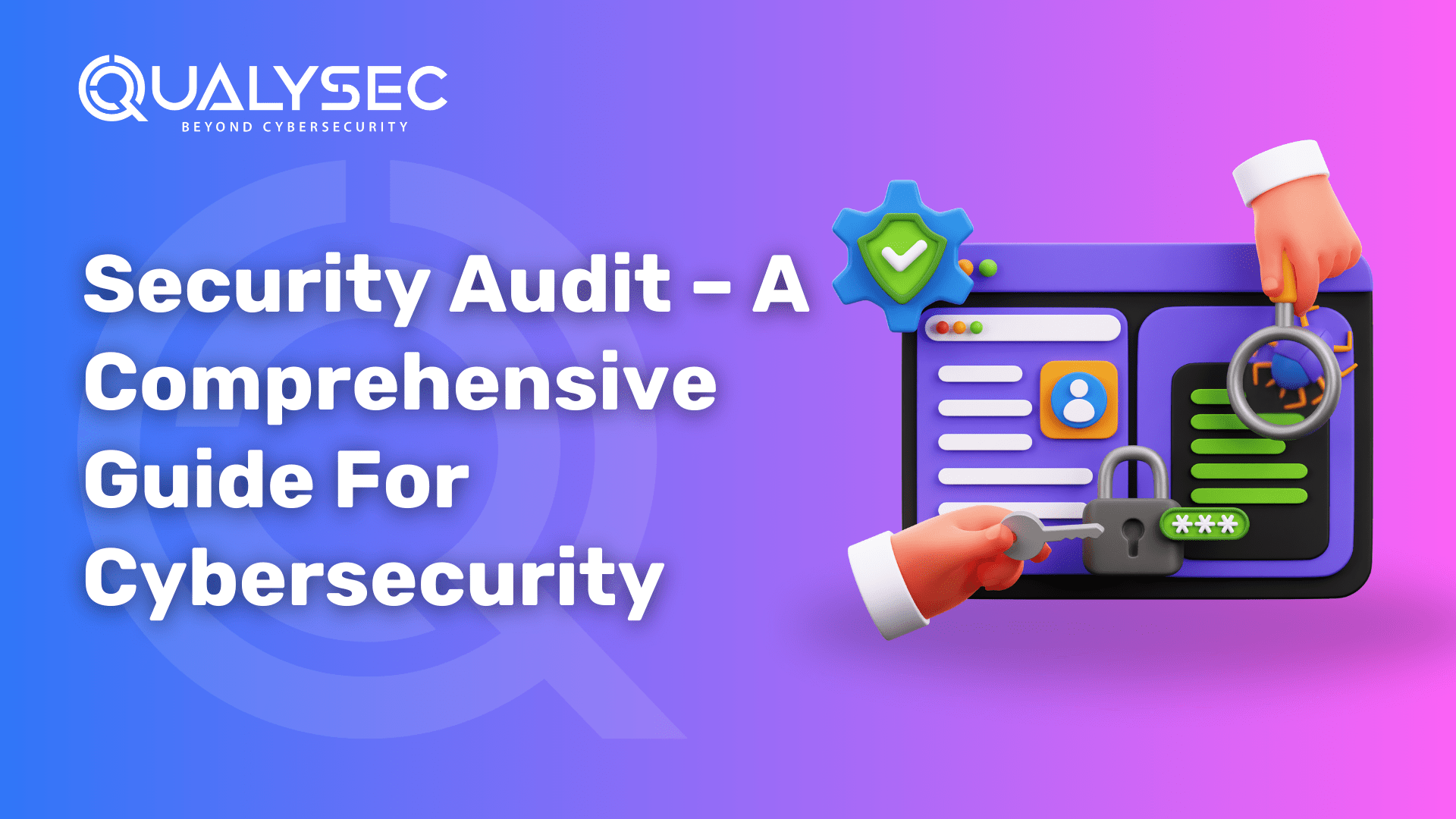
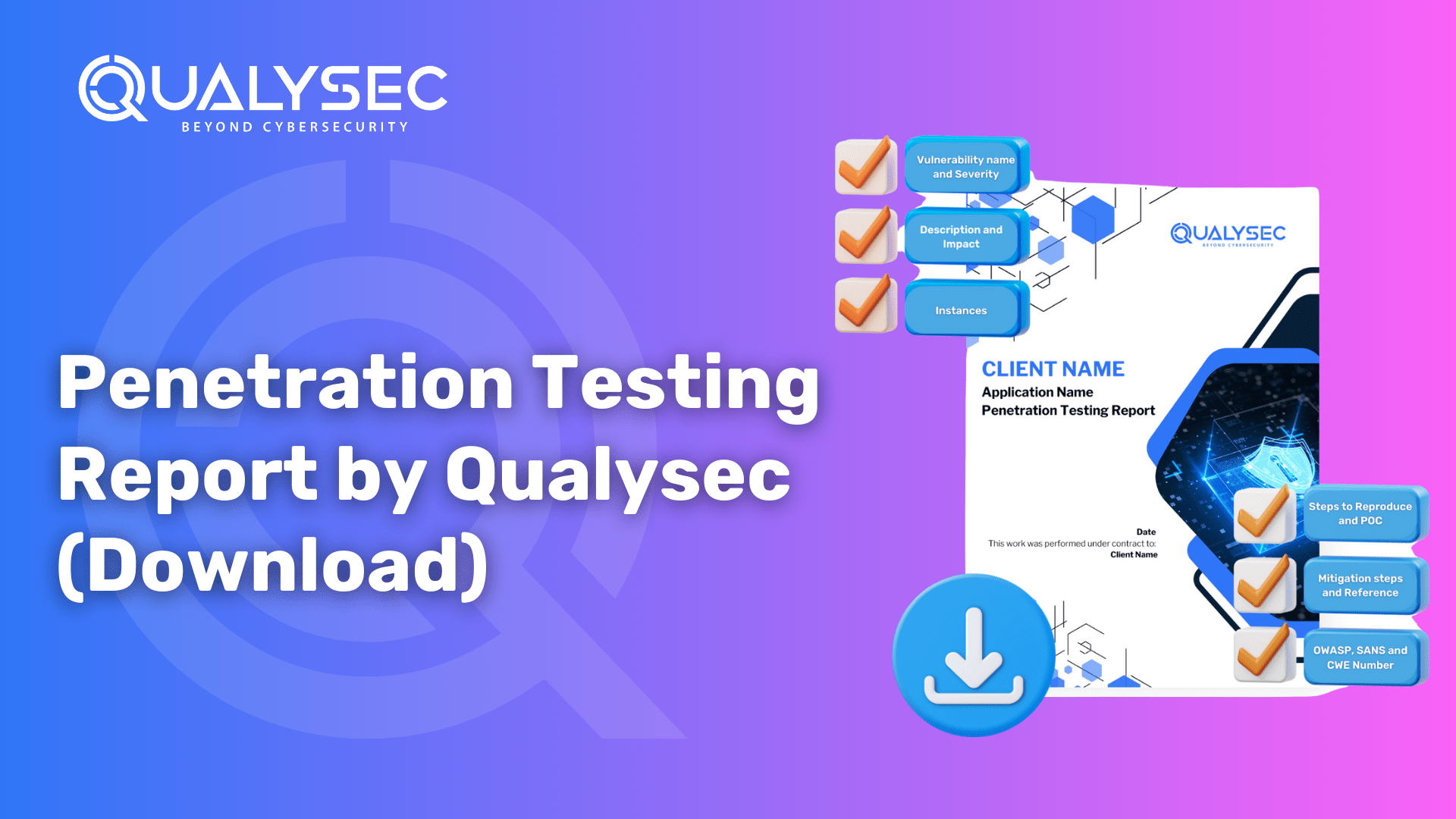




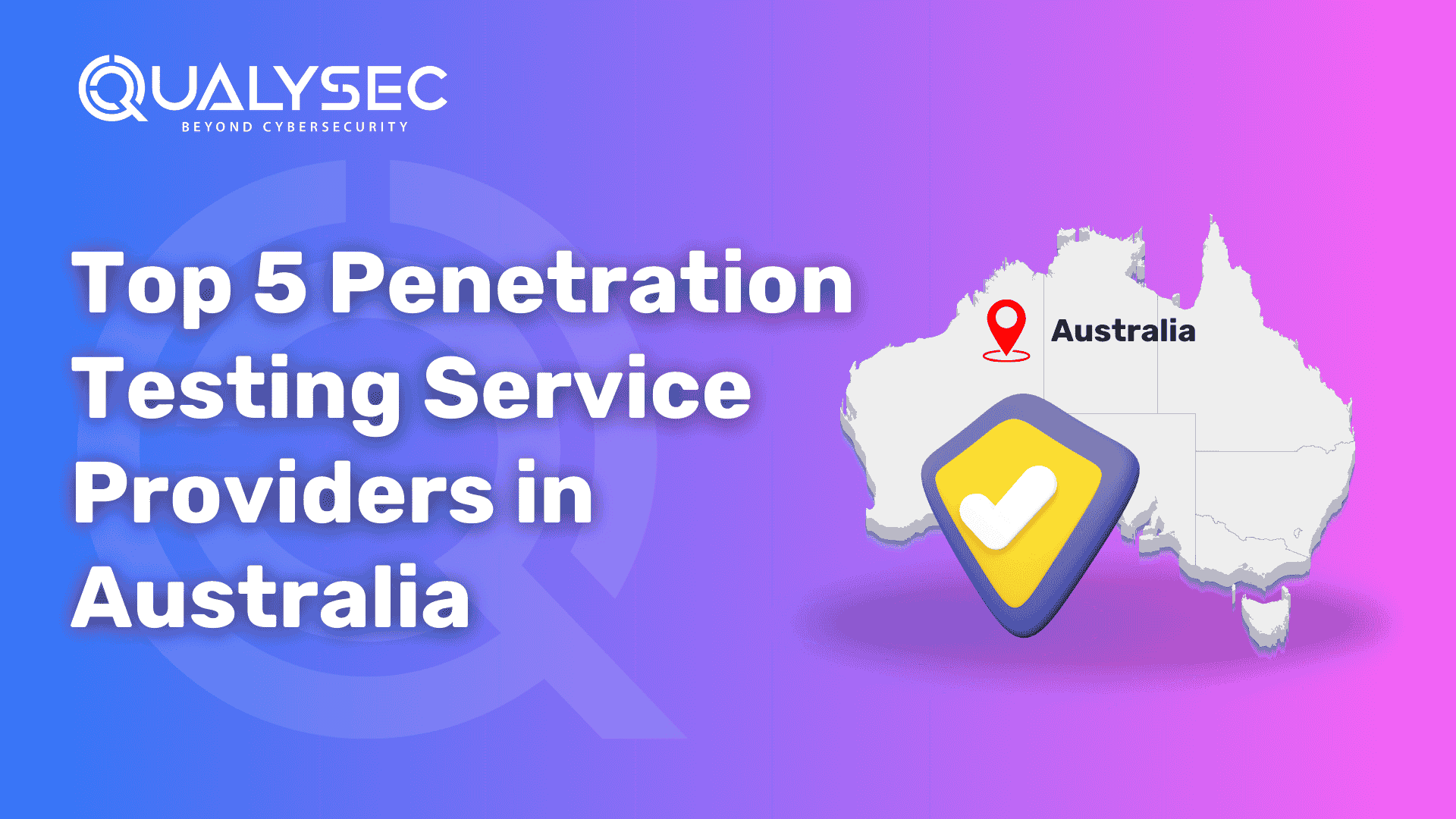


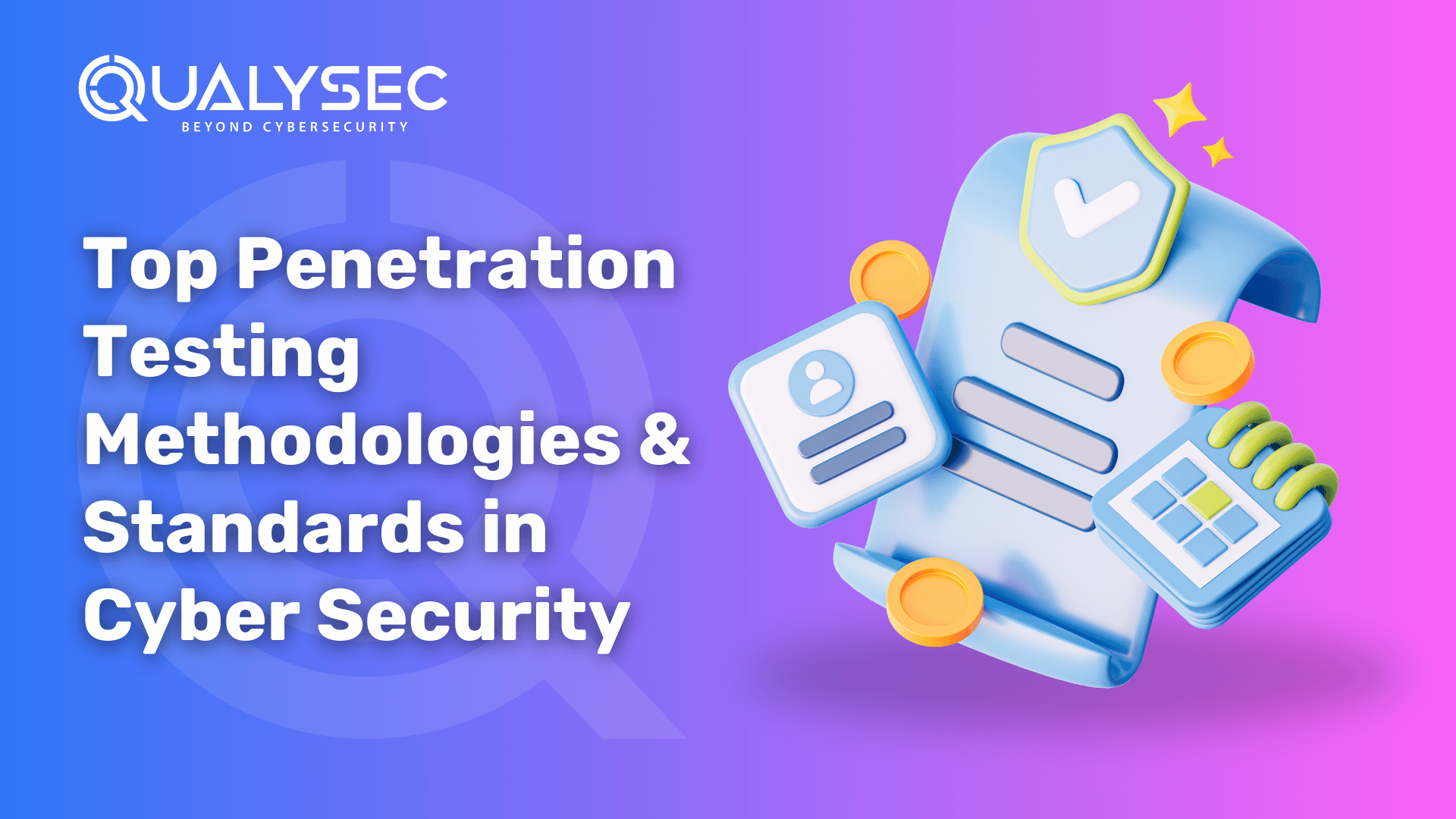

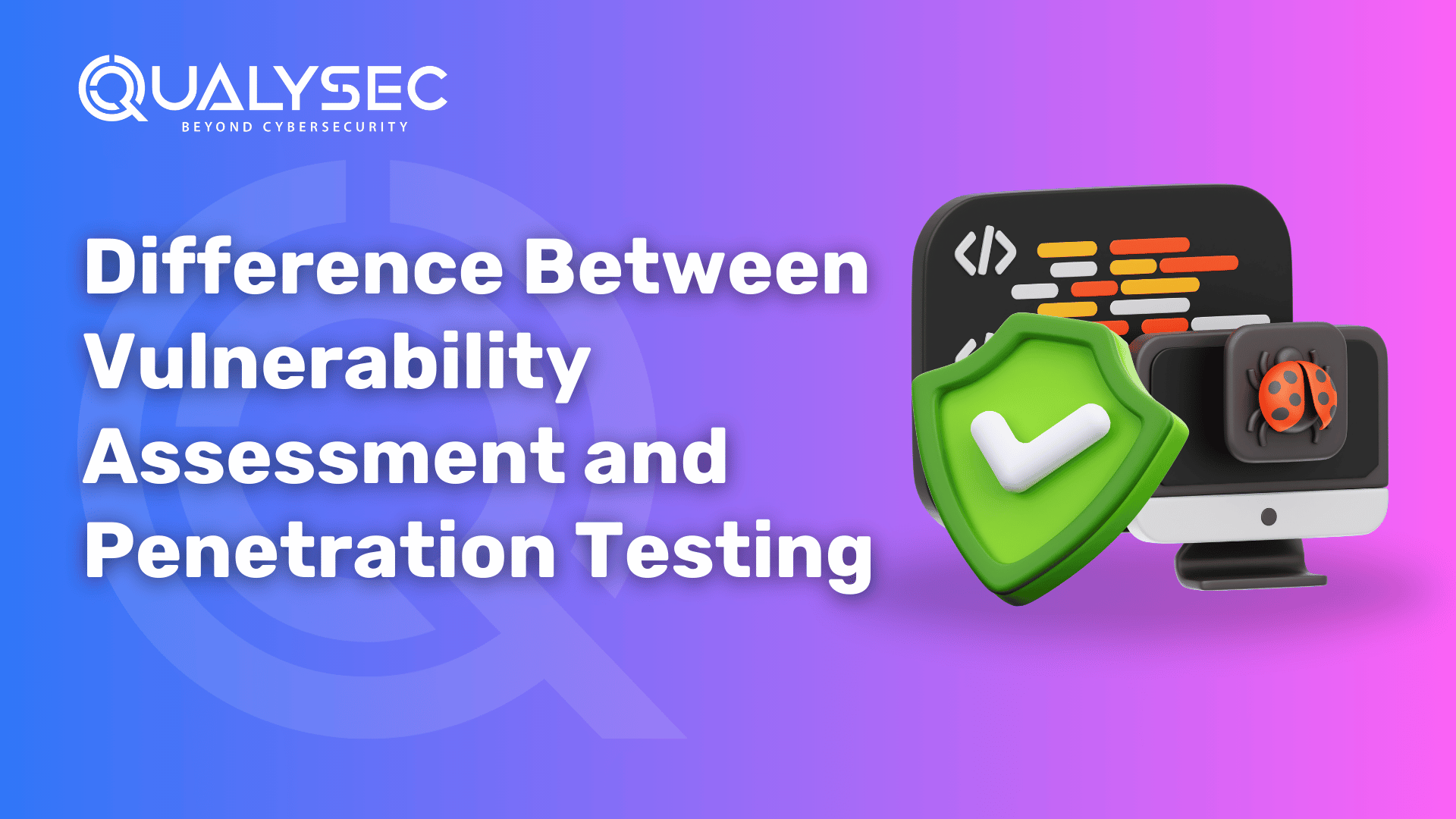







0 Comments